




KENNEDY HALL l MAY 1, 2024
An Amicus (more formally, Amicus Curiae, or “friend of the court”) is a concept important to systems of justice worldwide for introducing perspectives or assistance that might not otherwise be available. For me, Amicus embodies the notion of service in the interests of justice that is representative of the best of who we are as lawyers and as professionals.
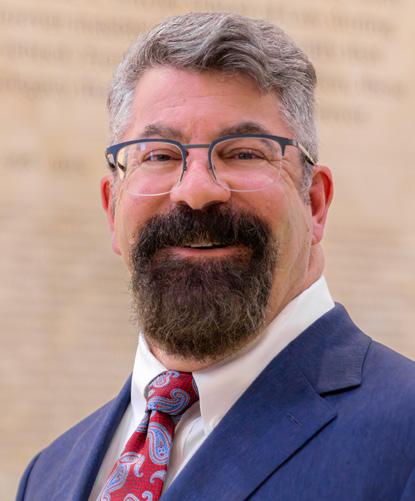
In launching a publication designed to celebrate an intimate portrait of a year in the life of the Fowler School of Law at Chapman University, we wanted the title to capture the many dimensions of our community, a place where “future lawyers prepare for life as professionals and officers of the court, providing the groundwork for a lifetime of legal service. Graduates gain a deep understanding of professionalism, serving with honor and distinction whether handling the smallest matter for a single client, or advising our country or others on upholding the rule of law.”
These pages capture that story in so many ways: admitting our strongest 1L class ever in the Fall of 2023; placing 93% of our JD graduates in employment opportunities; and achieving a simply outstanding 81% bar passage rate on the notoriously difficult July 2023 California bar exam, a full five points ahead of the state average for California ABAaccredited law schools and in front of USC, USD, Loyola and UC San Francisco (Hastings), punching well above our weight. But the numbers don’t tell the whole tale.
You’ll see the broad expertise and engagement of our faculty reflected here – these are leaders not only on paper with their ideas and impact, whether it’s a new colleague like 1L Professor of the Year Nahal Kazemi commenting on election interference, a seasoned pro like Professor John Hall embedding in Ukraine in 2023 to lend legal expertise about
cultural preservation in the heart of that tragic conflict, or others advising governments domestically or internationally. We pride ourselves on the way in which our faculty bring that expertise and care into the classroom, with teaching that is no less rigorous because it emphasizes encouragement, not intimidation.
This year we engaged broadly with the legal community, hosting the 70th anniversary celebration of the seminal Brown v Board of Education; collaborating with the DOJ to bring together, lawyers, government experts and religious leaders for a day of dialogue on RLUIPA; and engaging the worlds of entertainment and technology in both the Chapman Law Review Symposium and the 10th annual Entertainment and Sports Law Symposium.
Our competitions teams instil a sense of professionalism and team effort layered on to well respected training in oral advocacy for which Chapman is known worldwide. We suffered an enormous loss with the untimely passing of Professor Nancy Schultz, whose leadership and legacy is celebrated in these pages and whose absence is deeply felt by generations of alumni and students.
I’m proud of the contributions of our students, staff, faculty and alumni to building this community as we prepare for the challenges of a dynamic and often uncertain future in a world of artificial intelligence and transformation of the legal profession. Our lodestar remains that connection to each other in the service of the greater good, as professionals and as friends.
With kind regards
DR. PAUL D. PATON
Dean and Donald P. Kennedy Chair in Law
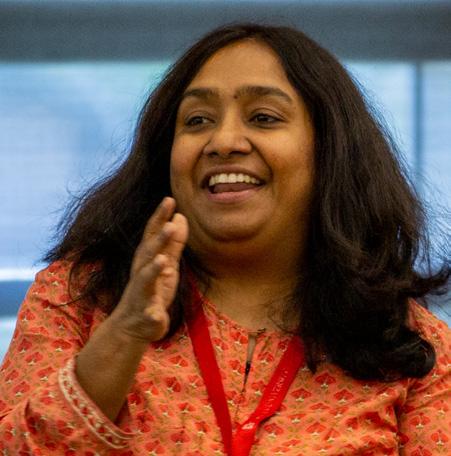
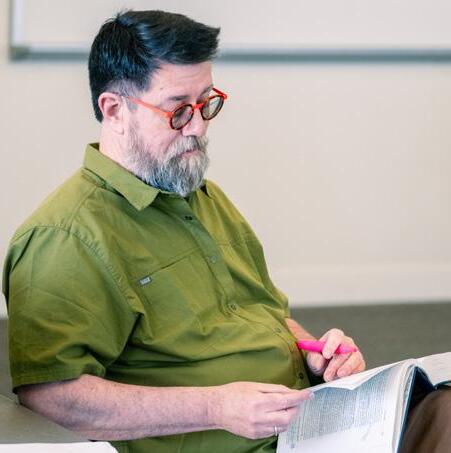
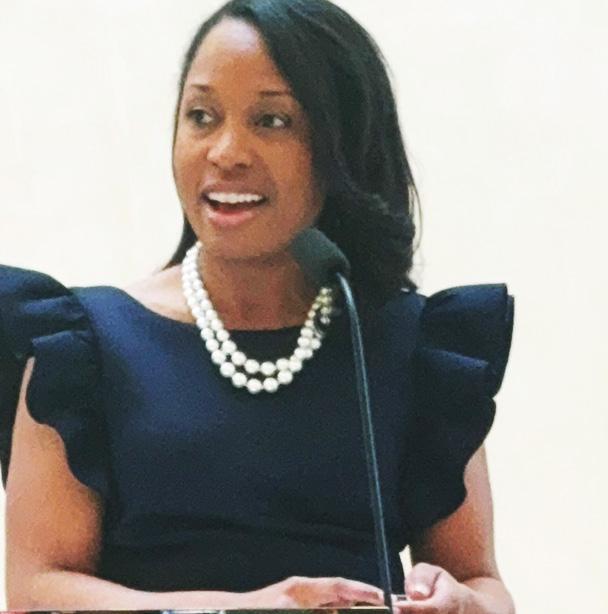
BADRINARAYANA has published a review of United Nations General Assembly Resolution 76/300 in the William & Mary Environmental Law and Policy Review—affirming the human right to a clean, healthy, and sustainable environment and exploring some of the core issues of environmental policy and legislation. Scan the QR code for more.
spent summer of 2023 in war-torn Ukraine embedded with the Kharkiv Human Rights Protection Group (KHRPG). His commentary on the war in Europe has appeared in Newsweek, and his op-ed, “It’s All About the Culture, Stupid!” appears on the Fowler School of Law blog. Scan the QR code to visit the blog.
CRUZ has been honored as a 2024 Woman of Distinction at the Chapman University Women of Distinction Awards ceremony held on March 27th. The 2024 Women of Distinction honorees, selected by the Office of Diversity, Equity and Inclusion are drawn from faculty, staff, students, and alumni. They exemplify outstanding leadership, demonstrate a
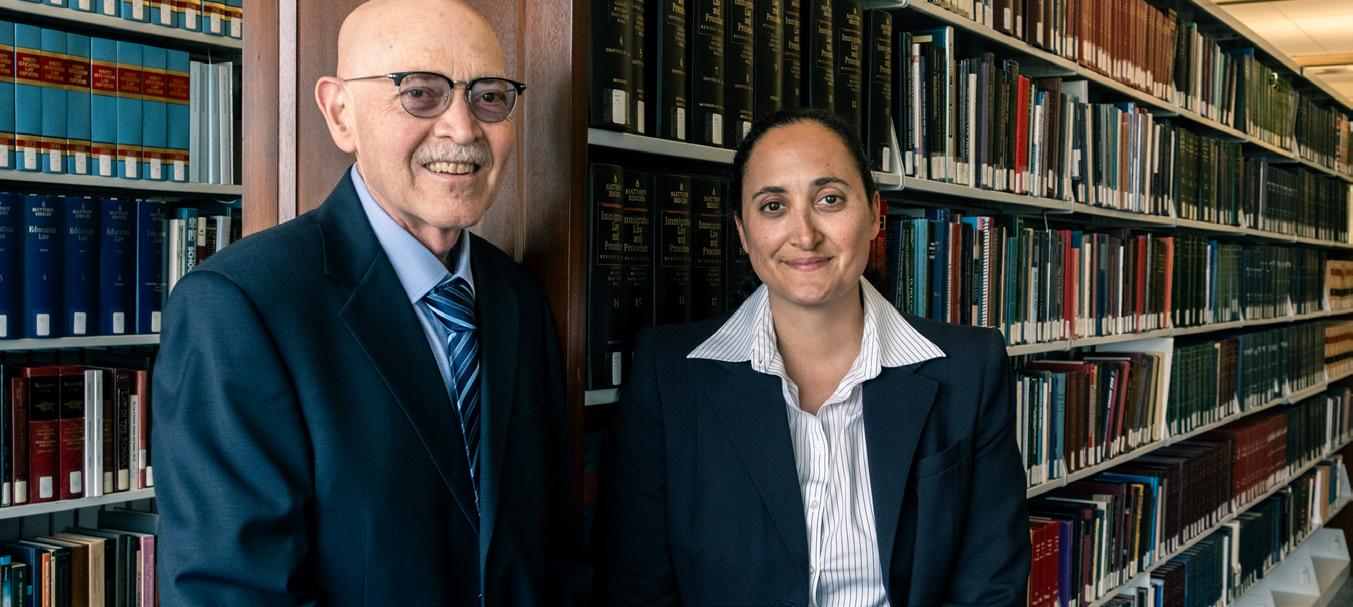
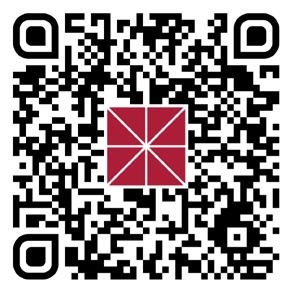
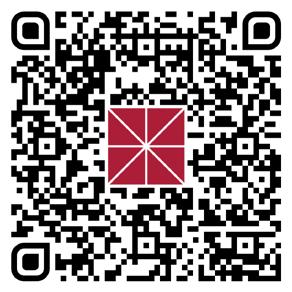
commitment to advancing the empowerment of women, and make meaningful contributions to Chapman University.
has been selected as Professor of the Year, and ASSISTANT PROFESSOR NAHAL
KAZEMI has been voted as 1L Professor of the Year for 2023-24, by the student body. Their frequent presence at recruitment events make them representative of the very best that our faculty bring to our students, to Chapman University, and to the broader academic and legal communities.
Foreign disinformation operations on social media pose a significant and rapidly evolving risk, particularly when aimed at American elections. We must urgently and effectively address this form of election interference. This Article examines potential responses to those risks, through a review of the unique characteristics, both practical and legal, of political advertising on social media platforms. This Article analyzes proposed legislative responses to foreign disinformation, noting that no single proposed law to date adequately addresses the threats and challenges posed by foreign disinformation. This Article considers the election law landscape in which the proposed laws would operate. It evaluates the proposed legislative responses for judicial review resilience, with a focus on the First Amendment challenges to regulating political advertisement microtargeting—the use of data mining and algorithms to microtarget particular audiences. Some scholars have argued that a fundamental change in how we understand and therefore regulate social media in society is necessary to prevent the abuse of the First Amendment. This Article, however, approaches the problem from the position that the U.S. Supreme Court is highly unlikely to abandon its extremely robust interpretation of the First Amendment to impose broad restrictions on online platforms. The Article argues that an appropriate response to the threat of disinformation must be consistent with robust protections for political speech and with the First Amendment theory of a “marketplace of ideas.” This Article then reviews the role that various actors—from state and federal agencies to social media platforms, and academics and researchers—can play in crafting a “whole of society” response to disinformation operations.
[E]lection campaign laws have not kept up with social media and search engine advertising, creating a vast, practically unregulated space in which bad actors—foreign and domestic— can spread and amplify disinformation, propaganda, and conspiracy theories, all while obscuring their own identities, methods, and reasons for targeting particular audiences. In some instances, these efforts may be directed at helping favored candidates win office. But when it comes to foreign influence operations, there is evidence of a broader and even more invidious strategic aim: not just to sway the outcome of a particular election, but to undermine the legitimacy of liberal democracy itself.
Page 233
Nahal Kazemi, Spies, Trolls, and Bots: Combating Foreign Election Interference in the Marketplace of Ideas, 2 Fordham L. Voting Rts. & Democracy F. 227 (2024)
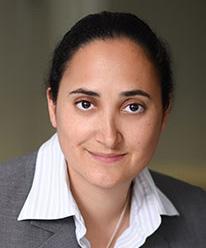
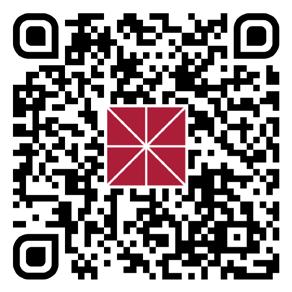
focuses on rule of law issues, national security, and authoritarianism. She has been published in a number of academic journals on issues ranging from transitional justice and universal jurisdiction to birthright citizenship to disarmament and European security institutions.
Special jurisdictions—areas where different laws apply than those that prevail more generally—introduce a new way to put political reforms to the test. In echo of the “laboratories of democracy” label attached to states in the United States, special jurisdictions provide laboratories of governance. They have already proven their worth in teaching policymakers what works and what fails. Special economic zones in China, for instance, demonstrated how market-friendly reforms can drive economic development. Worldwide surveys of special economic zones have also demonstrated what doesn’t work: giving politicians direct control over the location, design, and operation of a zone. More successful zone programs delegate such decisions to private firms. The experiments have grown more bold of late, with special jurisdictions trying new approaches to the common law, fintech regulation, and government itself. Limits apply, of course; humans should not be treated like lab rats, forced to suffer unwelcome treatment. On that count, too, privately planned and run special jurisdictions fare better than public ones. Despite widespread discontent with traditional governments, systemic change remains difficult, risky, and ethically suspect. Special jurisdictions offer another approach, bringing the power of science to bear on the problems of governance.
Bell, Tom
W.,
Special Jurisdictions as Laboratories for Governance, 4 Journal of Special Jurisdictions 1 (2024)
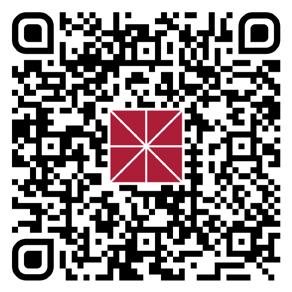
China had a per capita GDP of only US$139 in 1980—lower than that of Bangladesh, Chad, or Malawi and still insufficient to ensure that average food consumption would satisfy basic nutritional standards. Thirty-five years after it launched its SEZ experiment, China had become the world’s largest exporter and its second-largest economy.
Page 6
Competition between special jurisdictions to offer forms of government attractive to investors and residents has led to a proliferation of zones offering some form of the common law. Why the common law? It has seen long and widespread use by countries known for their peace and prosperity, making it a relatively safe bet. Adopting the common law calms worries about a zone adopting a radical new form of government and also eases the transition for businesses and people moving from such places as the United States, England, and Singapore.
Page 9
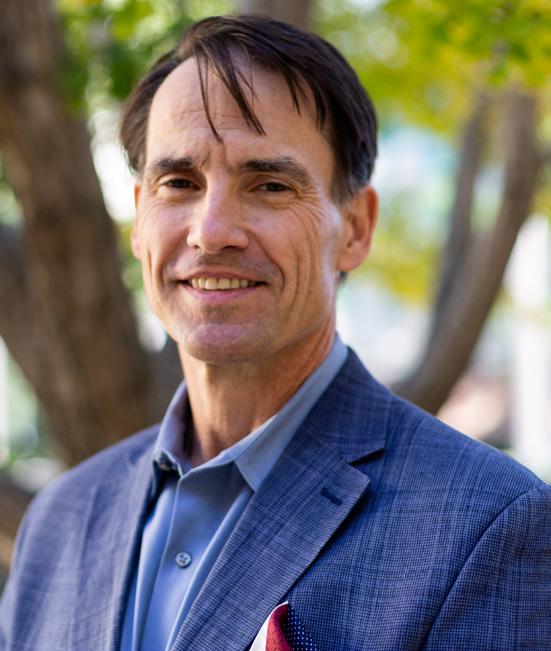
Professor Bell’s scholarship focuses on special jurisdictions, copyrights, Internet law, prediction markets, and the Third Amendment of the Bill of Rights. His books include Your Next Government? From the Nation State to Stateless Nations, and Intellectual
Privilege: Copyright, Common Law, and the Common Good
The dollar’s status as the world’s reserve currency, cemented after World War II, has been called into question over the years. American stewardship of the dollar, as both a currency of the United States and an international reserve currency, has been a source of global resentment, from allies as well as rivals. Fractures within the international monetary system, many of which arise intrinsically from the dollar’s unique status, have been compounded by the manner the United States has used the dollar: one, to solve financial disturbances such as those emerging from the 2008 housing crisis, and two, to punish certain countries like Iran and Russia by cutting them off from access to dollars and access to the dollar-based international financial system. This Article examines how, against this backdrop, China’s establishment of a central bank digital bank currency, the digital yuan, is designed to serve both the Chinese government’s aim to consolidate Party control domestically as well as to engage in dedollarization or yuan internationalization, as a way to bypass American weaponization of the dollar.
Although it might appear that money is already cashless and virtual, because credit cards and apps such as Apple Pay in the United States and WeChat in China have diminished reliance on bills and coins, cashless payment systems are simply systems of moving money electronically. A system of cashless payment is but “[t]he digitization of currency, which stems from the advent of electronic payment/clearance and mature interbank IT systems, allow[ing] commercial banks to more efficiently and independently generate the credit flows that expand broad money supply, or M2.”
Page 504
U.S. officials have launched war game exercises that incorporate the potential threat of a digital yuan—also referred to as the e-CNY or the digital renminbi (“RMB”). In one of the scenarios held by the Harvard Kennedy School and Belfer Center for Science and International Affairs in Cambridge, Massachusetts, former high-ranking U.S. officials dealt with nightmare scenarios in which the CBDC undermined the dollar while North Korea used the digital yuan to build nuclear missiles and bypass U.S. sanctions.
Page 506
Cao, Lan, Dollar Trap and Digital Currency, 26 Chap. L. Rev. 503 (2023)
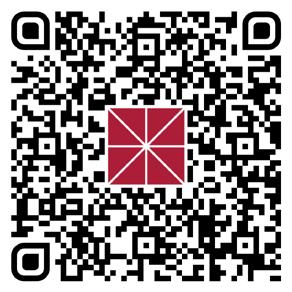
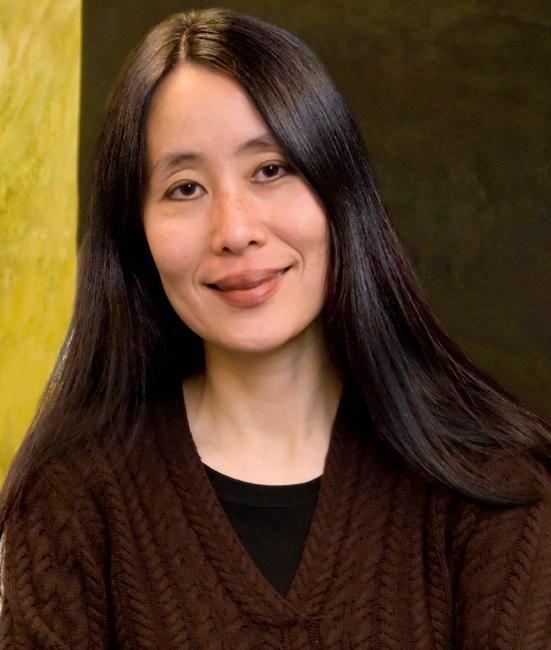
Lan Cao holds the Betty Hutton Williams Endowed Professorship in International Law and is the Director of the International Law Program. Before Joining the Fowler faculty she served for more than a decade on the faculty at William & Mary Law School, where she was the Boyd Fellow and Professor of Law.
Professor Hernández-López’s op-ed on the Cross-Border Battle over GMO Crops, Biodiversity, Food Security, and Public Health was published Los Angeles Times
El 19 de octubre Estados Unidos y México anunciaron que habían formado un panel para revisar una disputa en curso sobre el maíz. Aunque el narcotráfico y la migración tienden a ocupar el centro del escenario en la relación entre los dos países, durante meses han estado enfrascados en otro tipo de conflicto: una pelea por alimentos.
En 2021, la Suprema Corte de México prohibió las semillas de maíz genéticamente modificadas, consagrando constitucionalmente el argumento de que los organismos genéticamente modificados (OGM) dañan permanentemente la biodiversidad, que la diversidad genética dentro de los cultivos es indispensable para responder al cambio climático, las plagas y las enfermedades, y que la diversidad del maíz en particular es vital para la seguridad alimentaria de México y del mundo. En febrero de este año, el país siguió la prohibición con un decreto que prohibía el maíz transgénico para consumo humano.
En respuesta, Estados Unidos ha argumentado que México está violando el Tratado de Libre Comercio de América del Norte actualizado, o TLCAN, ahora llamado Acuerdo Estados UnidosMéxico-Canadá (USMCA, por sus siglas en inglés). Los funcionarios de comercio, el Congreso y los grupos de presión de EE.UU. y Canadá, ansiosos ante la perspectiva de la pérdida de exportaciones, han pintado el decreto de México como proteccionista y emocional. Pero la insistencia de México en su derecho a regular los transgénicos no se refiere sólo al maíz. Es un paso importante para evitar la homogeneización de la agricultura, la alimentación y la cultura en todo el mundo.
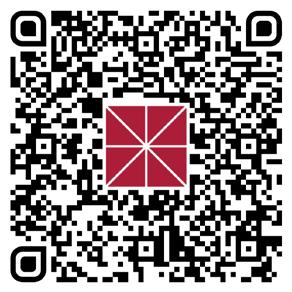
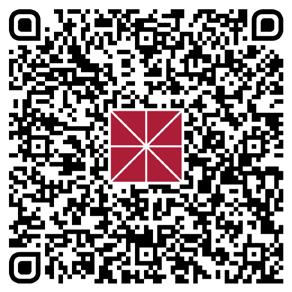
Los alimentos transgénicos empezaron a comercializarse en 1994, año en que entró en vigor el TLCAN. En los cultivos transgénicos se inserta material genético de un organismo diferente en el ADN de una planta huésped. Las empresas de biotecnología utilizan esta tecnología para producir las características deseadas en los cultivos, como la resistencia a las plagas o a los herbicidas químicos.
La inmensa mayoría del maíz estadounidense está modificado genéticamente. Los métodos OGM suelen aumentar el rendimiento de las cosechas y han ayudado a Estados Unidos a convertirse en el principal productor y exportador mundial de este cereal. Simultáneamente, las políticas de libre comercio que favorecen los cultivos OMG han convertido a México -lugar de origen del maíz y centro de su diversidad genética- en uno de los mayores importadores mundiales del grano.
México cuenta con al menos 59 variedades de maíz, lo que constituye una reserva genética sin parangón en el mundo. Para los mexicanos, el maíz es el alimento más importante en términos de calorías y presupuesto familiar. El maíz es fundamental para los tamales, el pozole, los huaraches, etc., pero su importancia va más allá de las comidas. El maíz es una herencia cultural. Las comunidades indígenas lo ven presente en historias como el texto maya Popul Vuh y representado en dioses aztecas como Cintéotl, que surgió de debajo de la tierra para proteger el maíz.

Professor Ernesto HernándezLópez’s has been a member of the Executive Committee of the Association of American Law Schools (AALS) Section on Minority Groups and Section on Food and Agriculture. His current research focuses on international law, postcolonialism, law and food, and immigration.
Admissions and recruitment events are where many prospective law students first shake hands with the Fowler School of Law. This year, our admissions team attended over 110 recruitment events across the United States and Canada to attract a talented, competitive, and truly diverse incoming class. The numbers speak for themselves, with our fall 2023 incoming class drawn from 70 undergraduate institutions and representing more than 40 academic majors. This year’s class is also one of the most diverse classes ever enrolled at Fowler with 48% diversity representations, they brought the highest

entering credentials in the school’s history, with a median LSAT of 161 and GPA of 3.67. With a steady push from our Admissions team, the Fowler School of Law entering class LSAT median has increased by five points, and GPA median by 0.43 over the preceding six years.
This year was a banner year for the Admissions team; Fowler School of Law was awarded the 2024 California Law Pathways Educational Pipeline Award, recognizing the immense effort that goes into Chapman’s PreLaw Winter Institute. The PreLaw Winter Institute is an annual daylong forum hosted by the school to educate and prepare prelaw students for the rigors of the law school application process, providing prospective students with a true taste of law school life through discussions hosted by faculty, alumni, and our current students themselves. Further recognition for our Admissions team saw them receive the 2024 Constitutional Rights Foundation (CRF) “Community Partner of the Year” award for hosting the CRF Law Day, where more than 300 Orange County high school students visited the school for a thorough introduction to law as a career and study
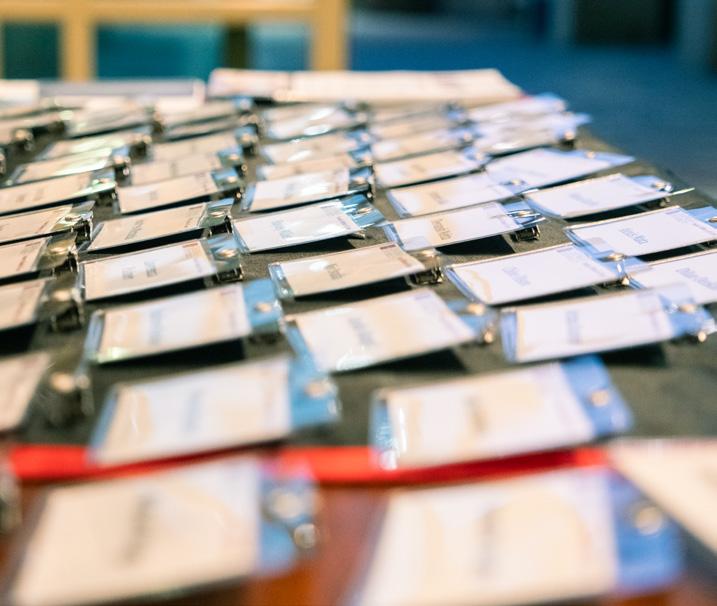
path. With multiple admission events hosted at the school over the course of the year, close partnerships with our Career Services Office, the dean’s office, and our faculty, alumni and student body, our Admissions team is perfectly positioned to field the tough questions about admissions, law school life, scholarships and the unique advantages the Fowler School of Law has to offer any prospective law student.
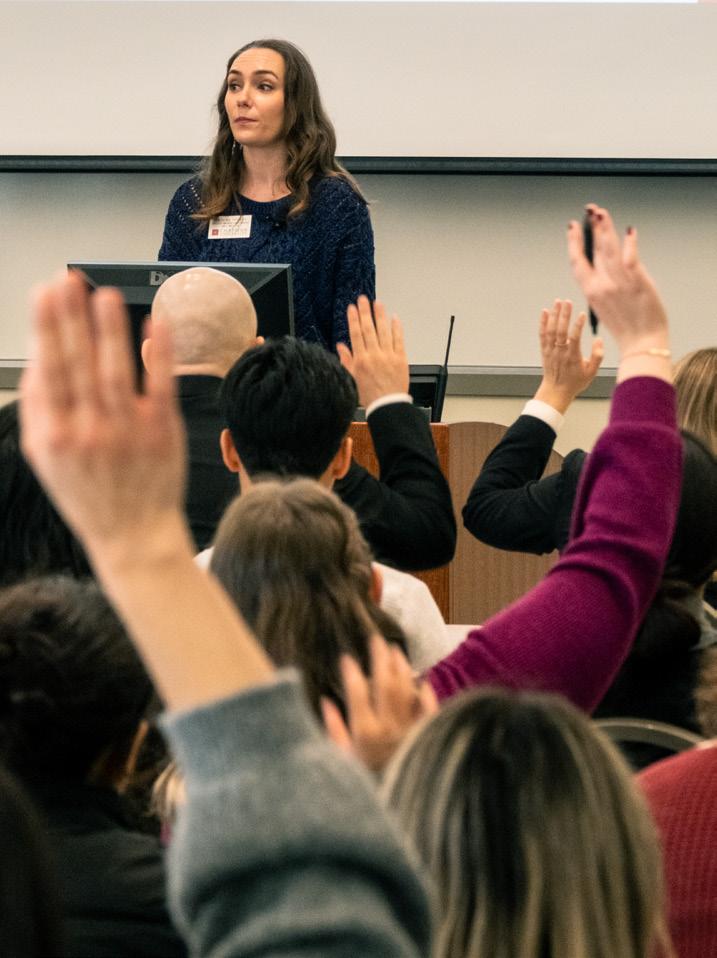
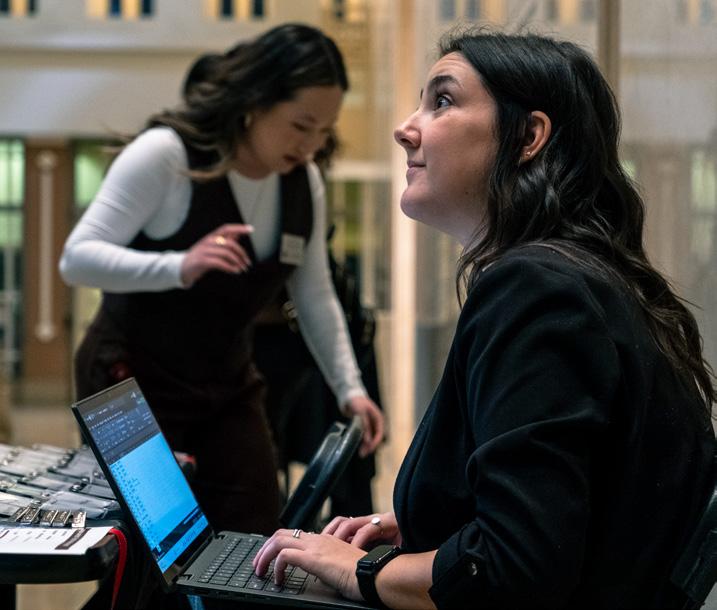
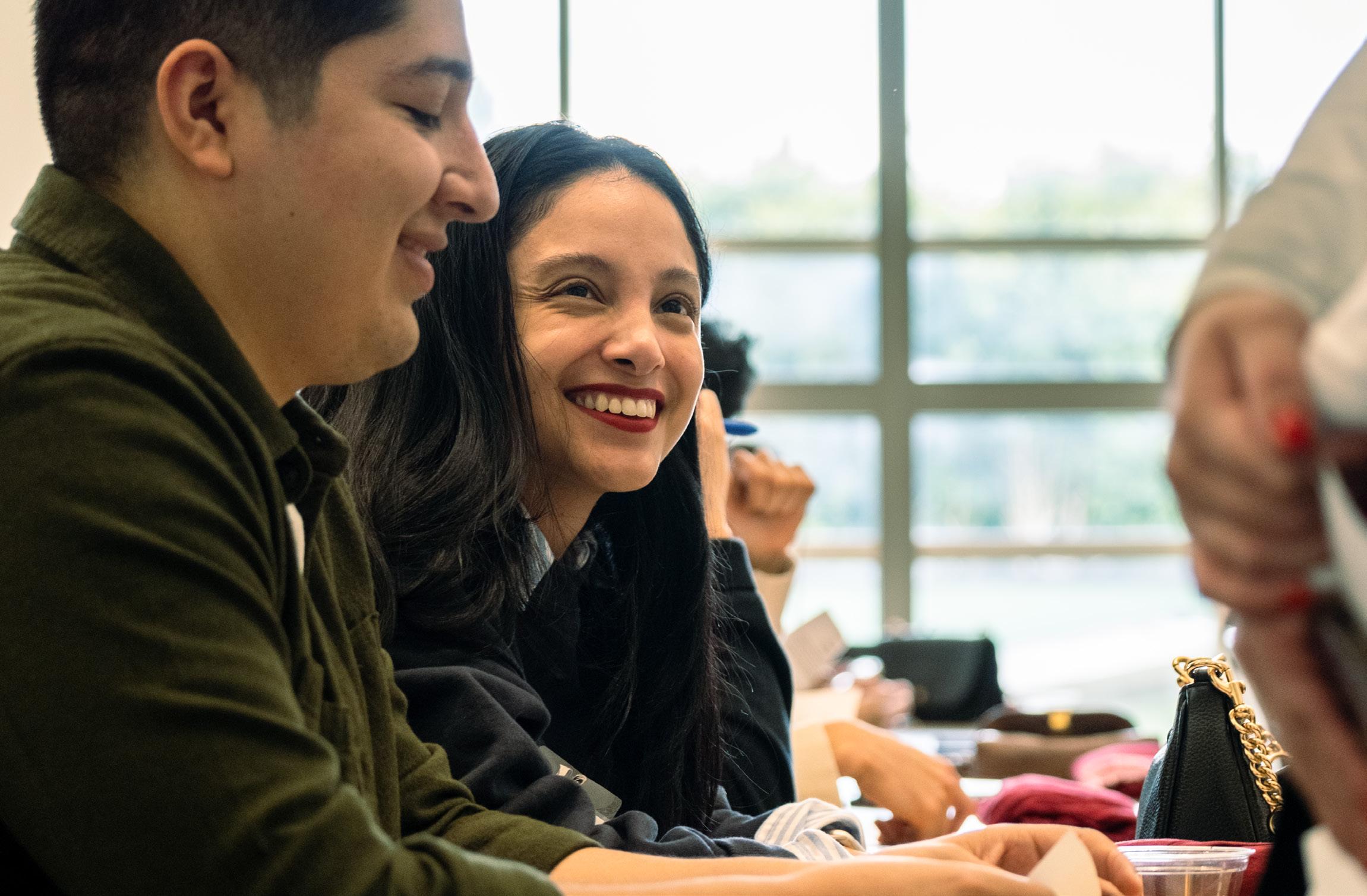
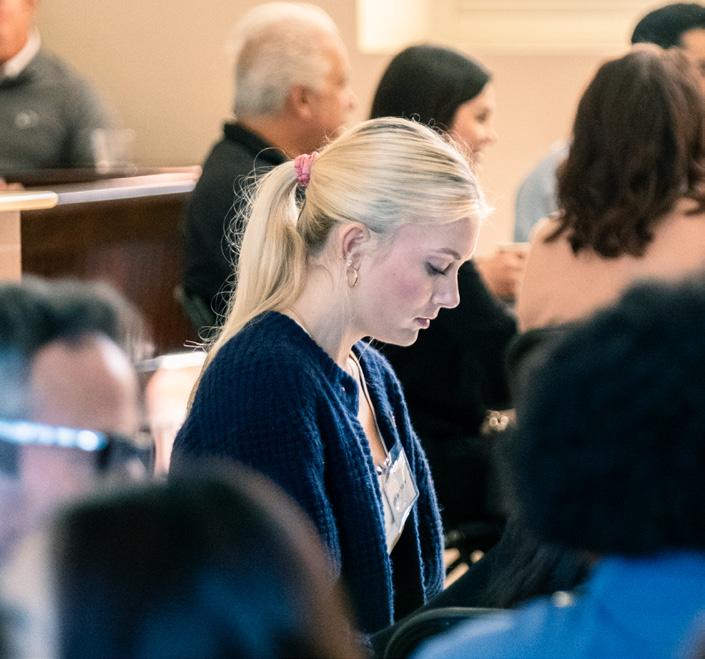

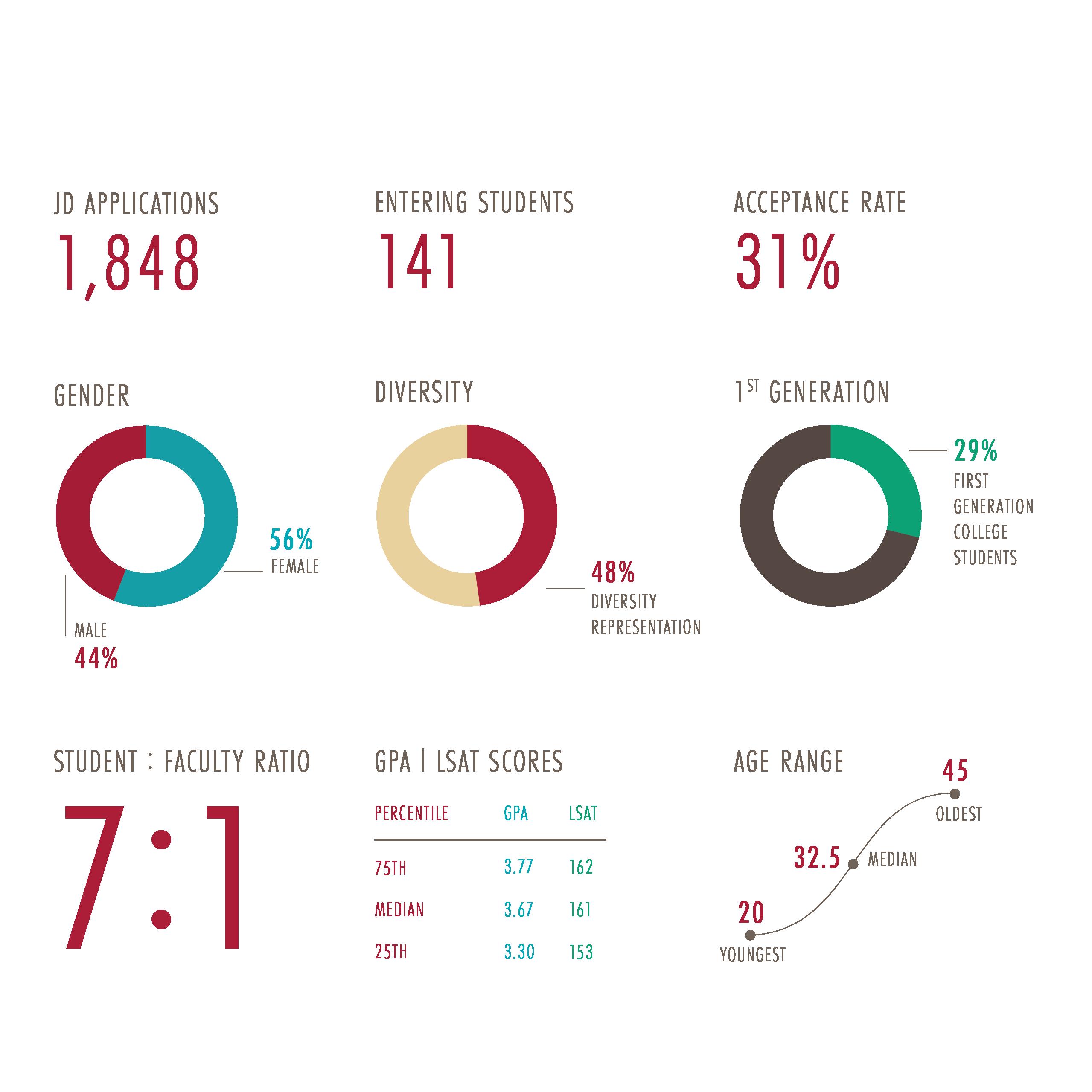
The California Bar Examination represents a formidable hurdle in the career of a lawyer, requiring rigorous and diligent preparation from graduating students. Fowler School of Law’s Bar Preparation team, guided by Associate Dean Mario Mainero and Assistant Dean Sarira Sadeghi, provides remarkable support to our bar exam takers, through the long slog of commercial review sessions, providing up to three live group preparation sessions each week, grading thousands of written submissions with feedback, to best prepare Fowler students to meet this challenge each February and July.
In July 2023, one hundred and sixteen Fowler School of Law graduates passed the California Bar Exam, posting a remarkable 81% successful pass rate for first-time bar-takers from our school. Placed in context, this achievement is exceptional: of the 7,500-plus individuals who wrote the California Bar Exam in July, 49% failed and new graduates from Californian ABA-accredited schools had only a 76% pass rate. Fowler School of Law finished a full five points ahead of the median pass rate for ABA accredited schools in California, placing our results ahead of USC, USD, Loyola and UC Law SF (Hastings).
The Bar Preparation team of Mainero and Assistant Dean Sadeghi, along with Adjunct Professor Kent Sommer, and Visiting Professor John Bishop, led a dedicated group of alumni and other graders to ensure that thousands of transcripts were accurately graded in time for feedback to our students.
We applaud each and every Fowler graduate who passed the July bar exams, as well as the faculty, alumni, volunteers and staff who worked tirelessly to secure this wonderful achievement for the school and our successful graduates. We celebrated our July bar passers at the December swearing-in ceremony held in Memorial Hall.
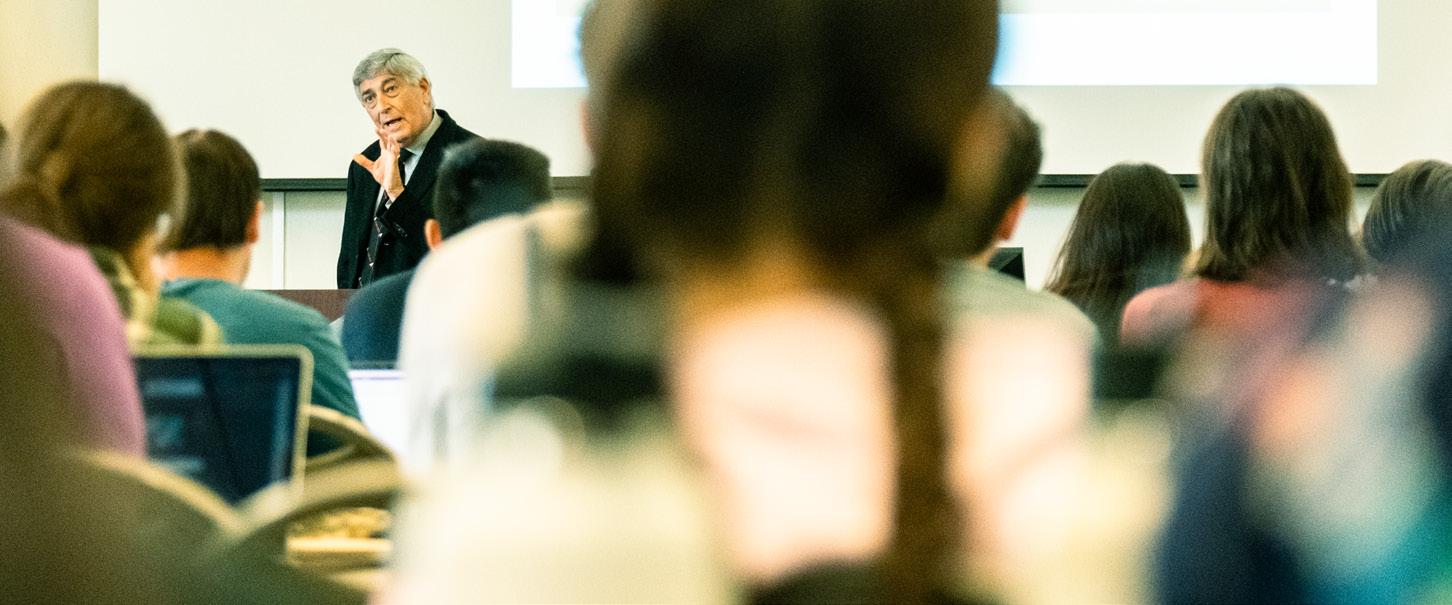
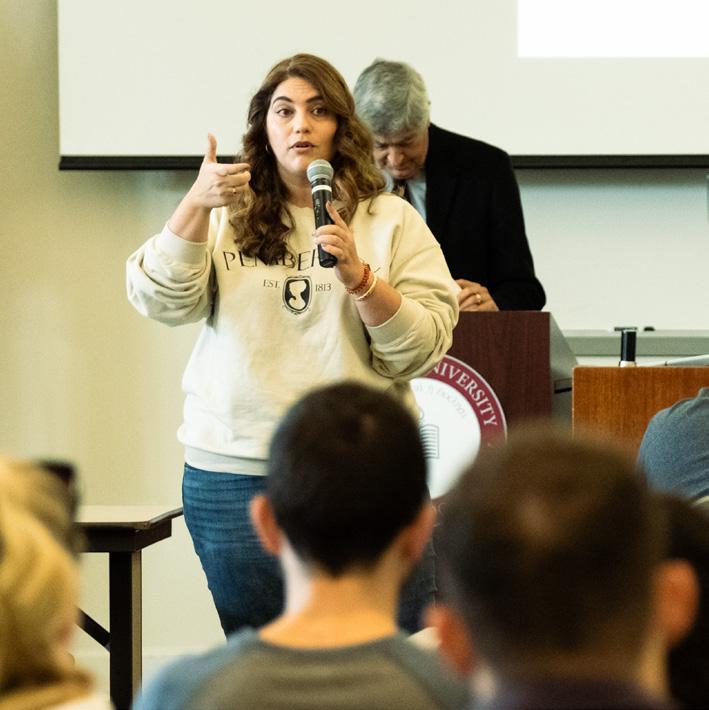
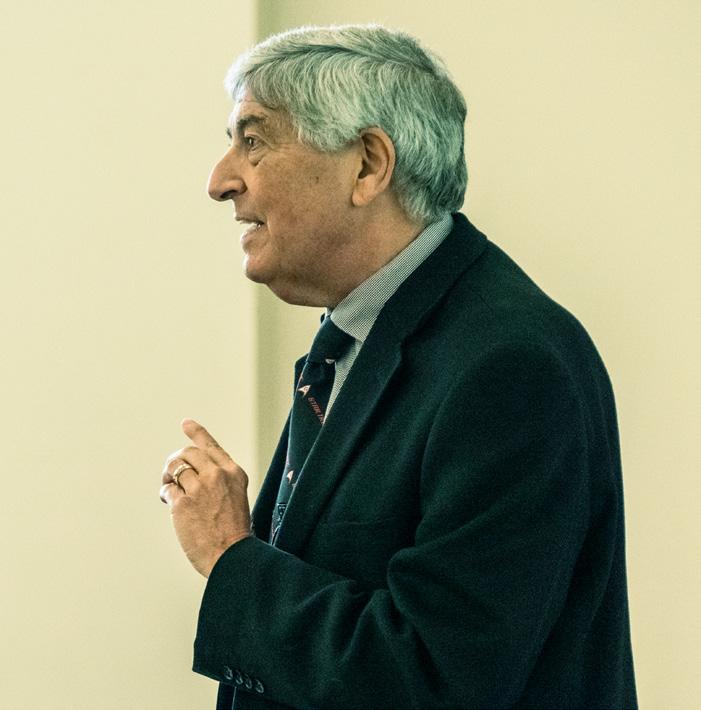

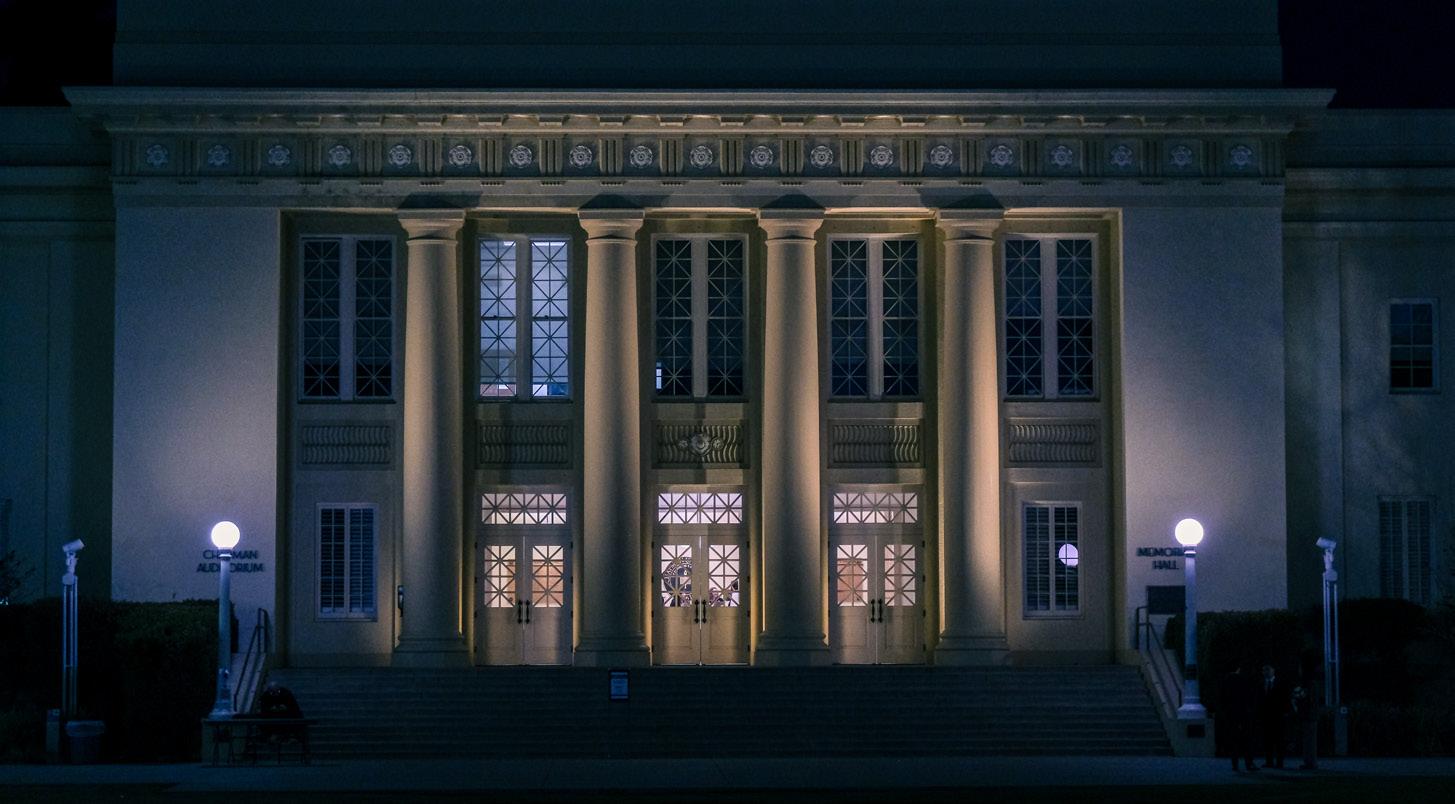

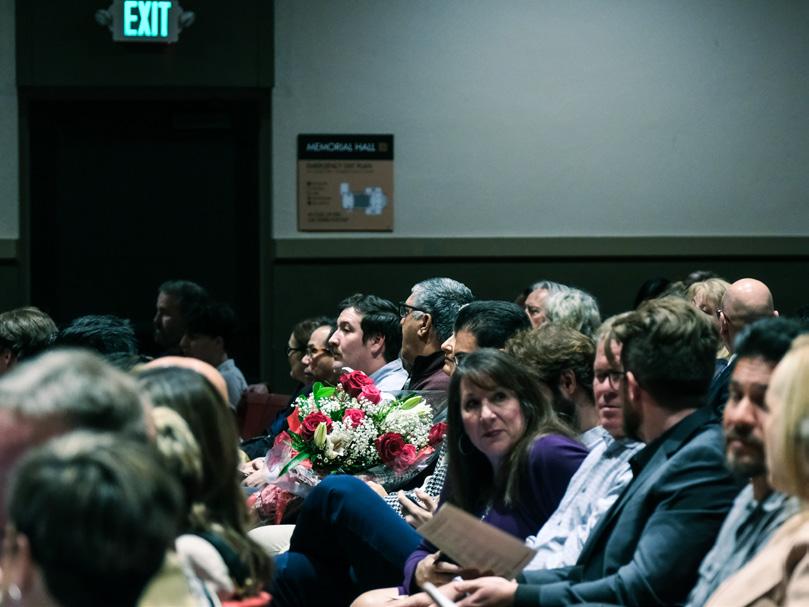
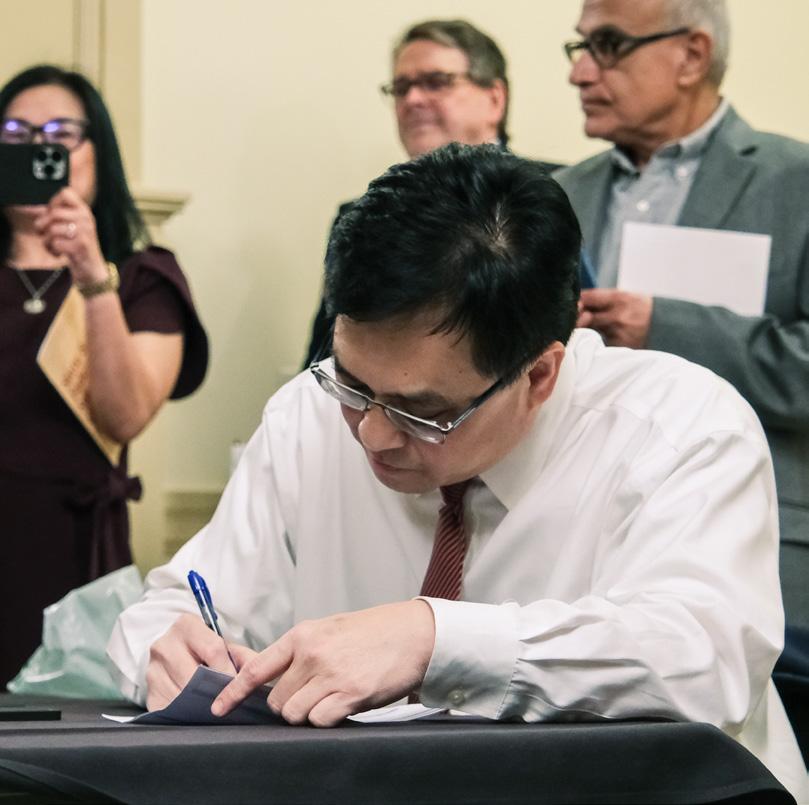
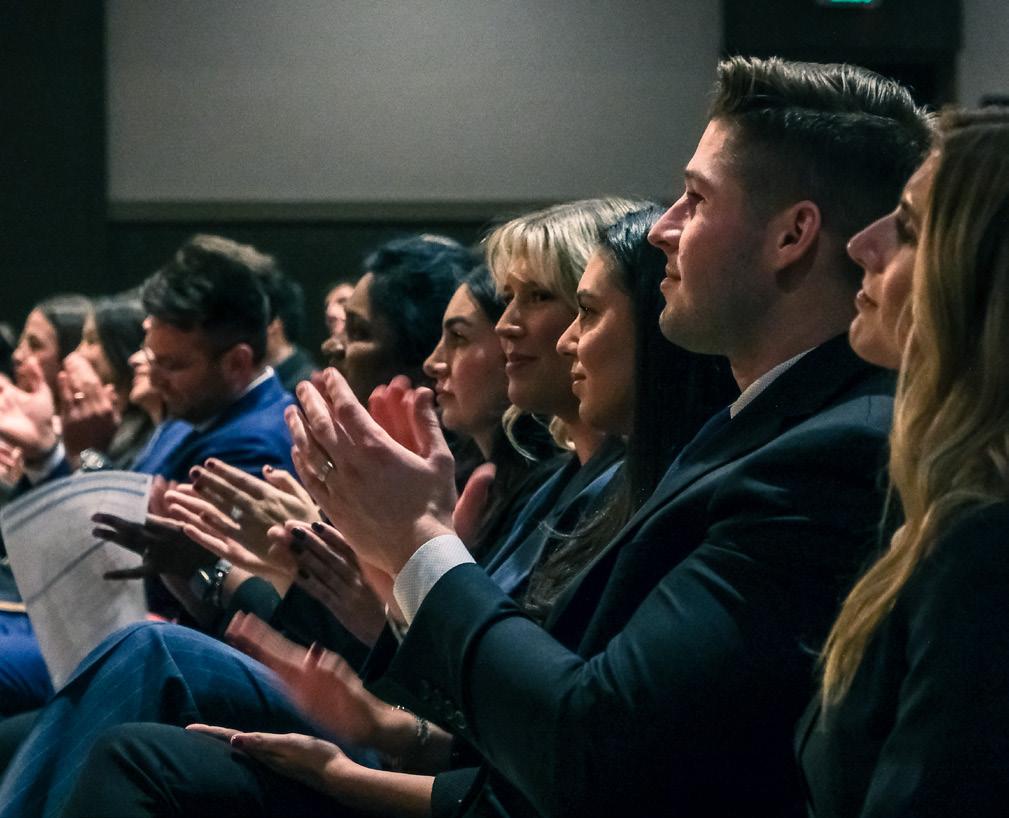
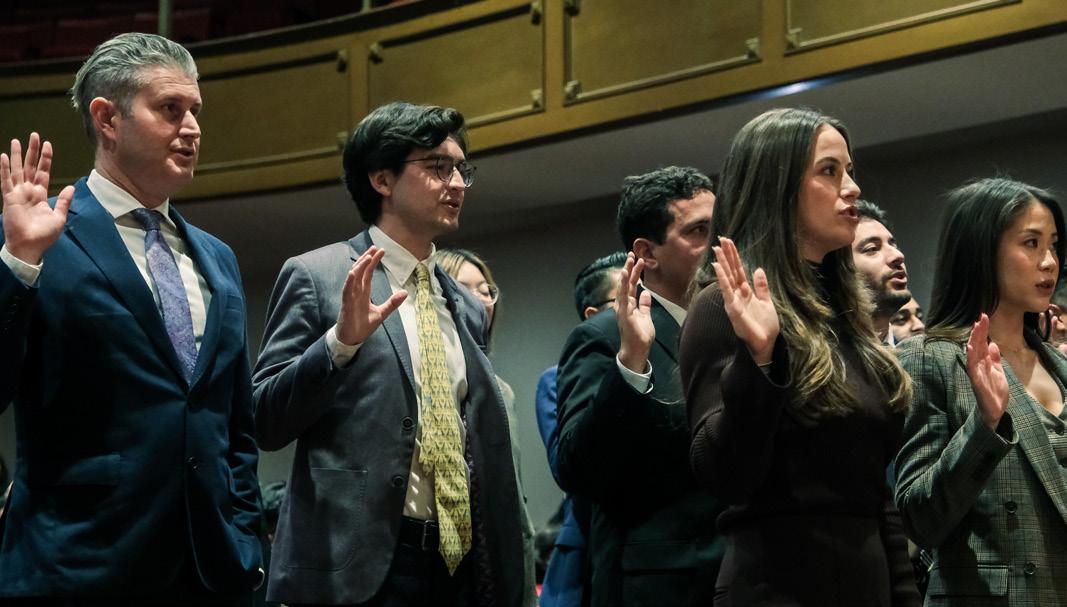
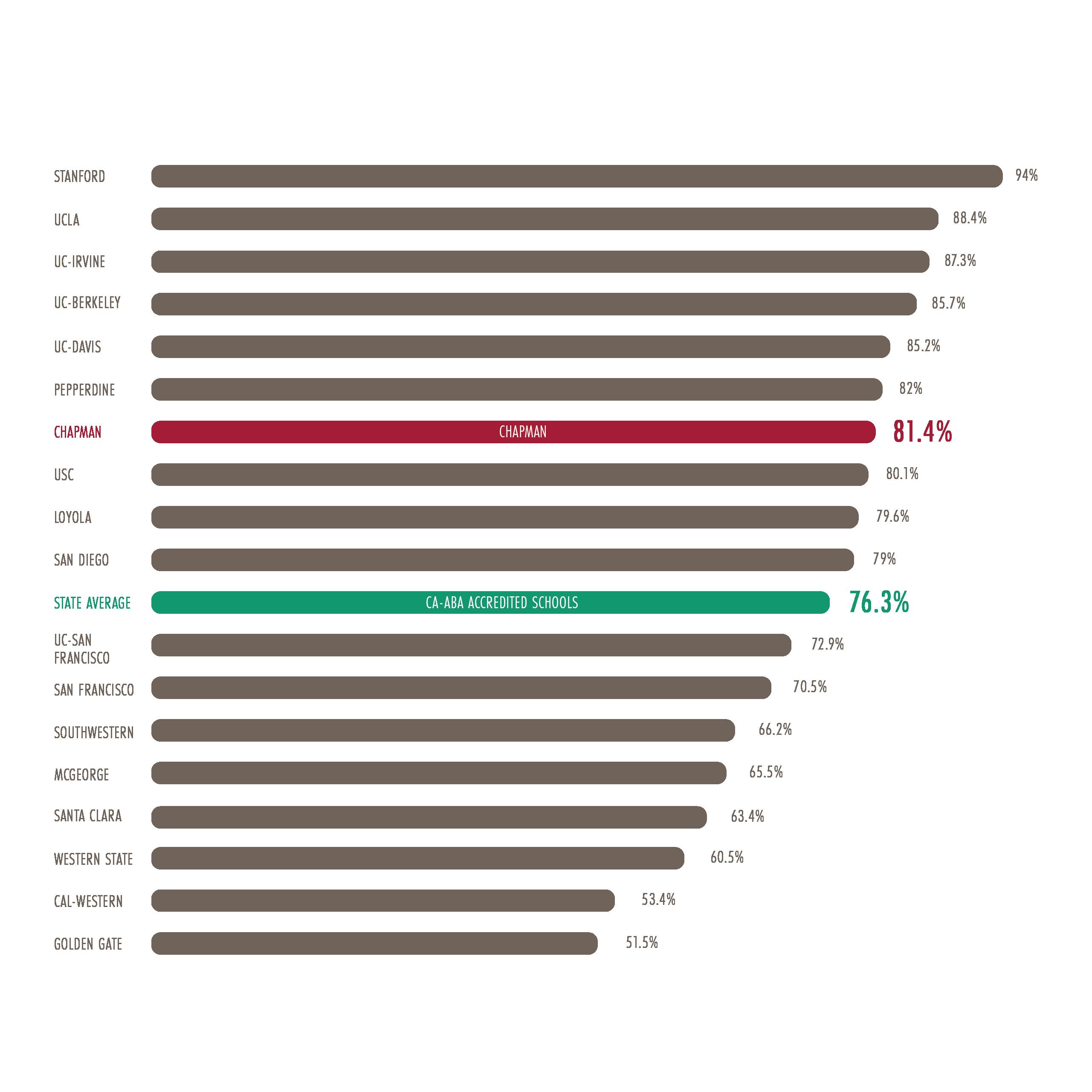
Adapted from Paul L. Caron, July 2023 California Bar Exam Results, TaxProf Blog, Dec. 22, 2023
Our Career Services Office (CSO) partners closely with students from orientation through graduation and beyond, ensuring that Fowler School of Law graduates excel in the job market as competitive candidates. The CSO achieved another record year of graduate employment for the Class of 2023, with 93% securing full-time, longterm employment within 10 months of graduation (in jobs requiring bar passage or a JD). This exceptional outcome builds on the Fowler School of Law’s employment outcomes over the past few years (Class of 2022: 90% and Class of 2021: 89%) and demonstrates the high bar the CSO sets for graduate employment expectations–
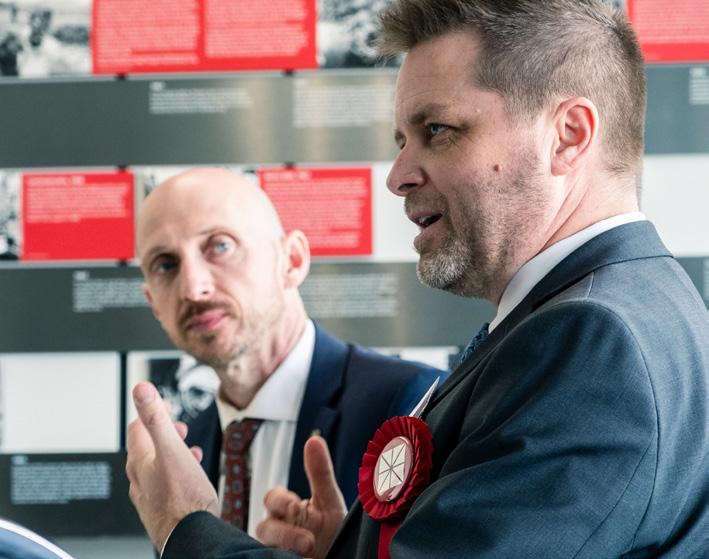
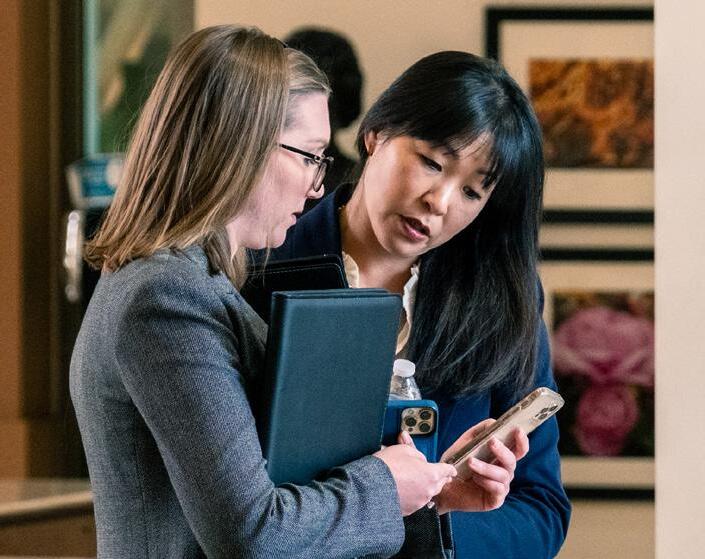
an outcome few schools can consistently produce.
Behind these remarkable results is an astonishing amount of hard work from the CSO, including hosting two on-campus interview programs each academic year. Fowler School of Law students secured positions at top employers, including O’Melveny, Sheppard Mullin, Everett Dorey, Rutan, Disney, Fisher Phillips, and Veterans Legal Institute, as well as at midsize and small firms across a variety of practice areas, government agencies, judicial chambers, and public interest organizations. The CSO also conducted significant programming and hosted
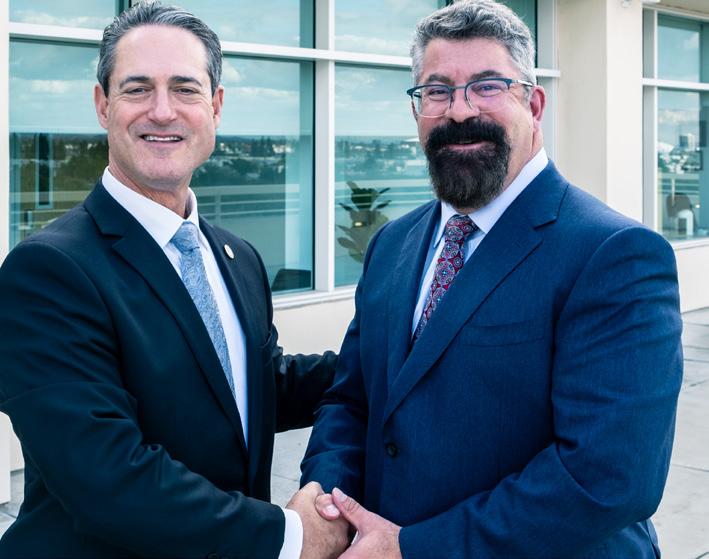
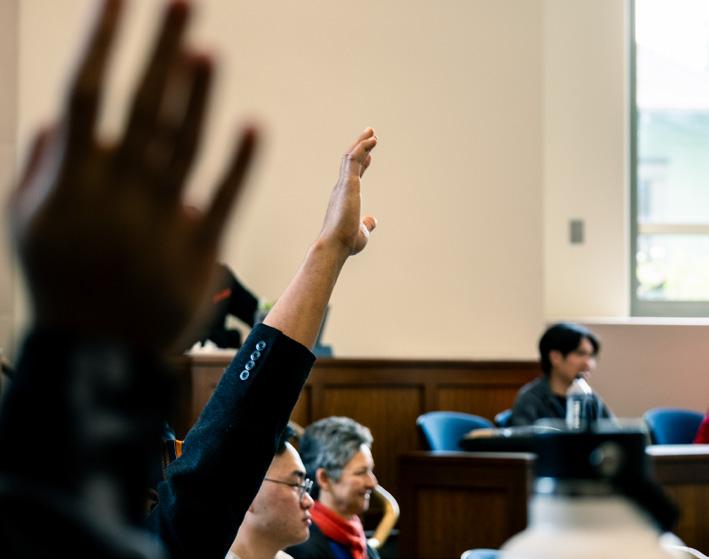
employers on campus to assist students explore potential career pathways. Employer events included discussion panels and networking with the Orange County, Riverside County, and Los Angeles County District Attorney’s Offices, Judge Advocate General Corps of various branches of our military, Chapman alumni, and other members of the bench and bar. Additionally, CSO hosted events through our First-Generation Scholars Program and 1L Mandatory Professional Development Program, ending the year with a conversation about the importance of diversity, inclusion, and civility in the legal profession. This discussion featured former Thurgood Marshall Bar Association
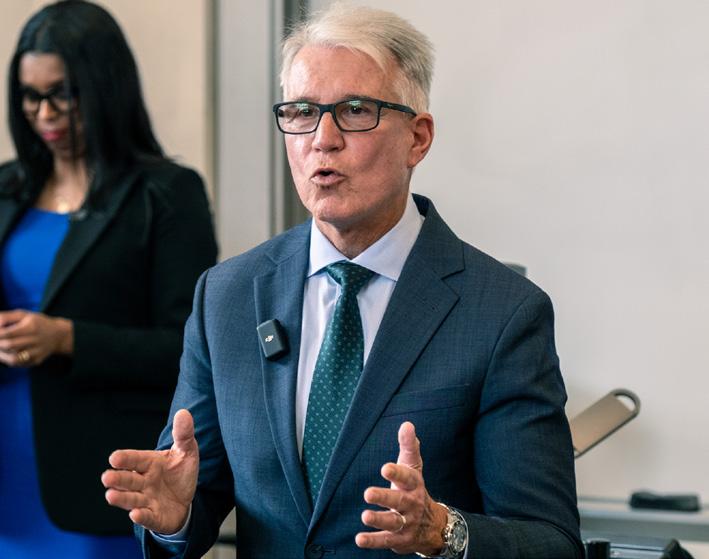
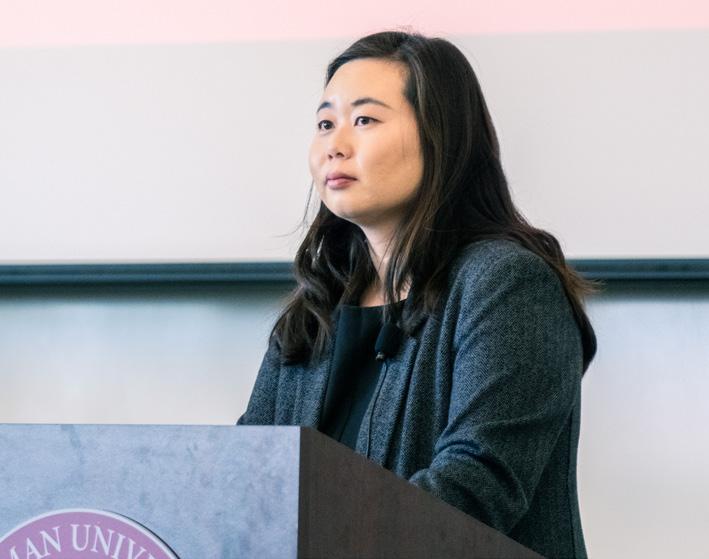
President Honieh Udenka, 2024 CALABOTA Trial Lawyer of the Year Eric V. Traut, and our own internationally renowned legal ethics scholar Dean Paul Paton.
Supplementing on-campus employer visits, CSO met with current and prospective employers individually to obtain feedback regarding the legal employment market, expectations for new attorneys, and hiring preferences. Hiring partners shared that Fowler School of Law students are eager

to learn, hard-working, and well-prepared – a comment reflecting our student body’s strength and robust experiential curriculum and training.
The success of the CSO in facilitating strong, consistent employment outcomes for Fowler School of Law graduates underscores its commitment to student success and professional development. Through personalized attention, robust programming, and strong partnerships with employers, the CSO continues to raise the

bar for graduate employment expectations.
We are immensely grateful for support from our alumni in mentoring, mock interviews and discussion panels helping Fowler students thrive in a competitive job market. This year, we also had the additional honor of hosting alumni LtCol Alex Douvas (JD ‘05) and Capt Mandi Ford (JD ‘18), who returned to campus to speak at two separate JAG recruitment events hosted by our CSO.
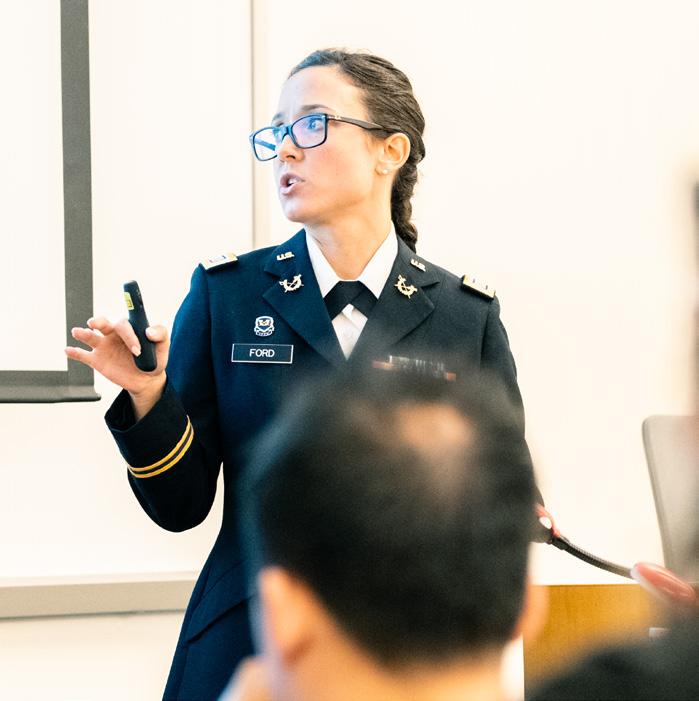
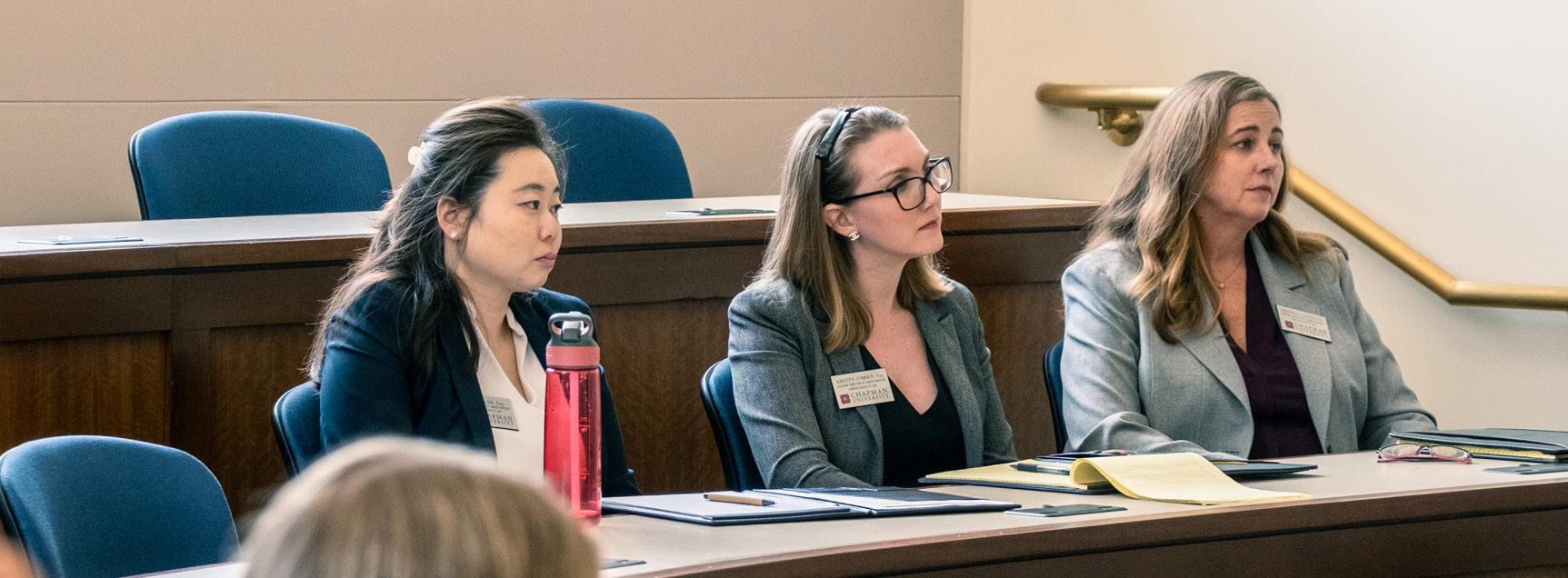


RHYTHM, RHYME AND THE RULE OF LAW
2024 SYMPOSIUM
The 2024 Chapman Law Review treated Fowler School of Law guests to a tour de force of the regulatory nexus governing the music industry, its implications for Artificial Intelligence and machine-generated melodies, copyrightability, the federal right to publicity, and using rap lyrics as evidence in criminal trials.
The sold-out event filled Kennedy Hall while entertaining and illuminating guests, faculty, and students with fresh ideas, old beef(s), debunked myths, and new directions from the cutting edge of law and the music industry.
Our thanks to the Chapman Law Review team, their two remarkable panels of lawmakers, practitioners and scholars, and TEDx speaker Damien Riehl who delivered a jaw-dropping (literally) keynote address–mapping the coming revolution in artificial intelligence, regulation and the music industry.
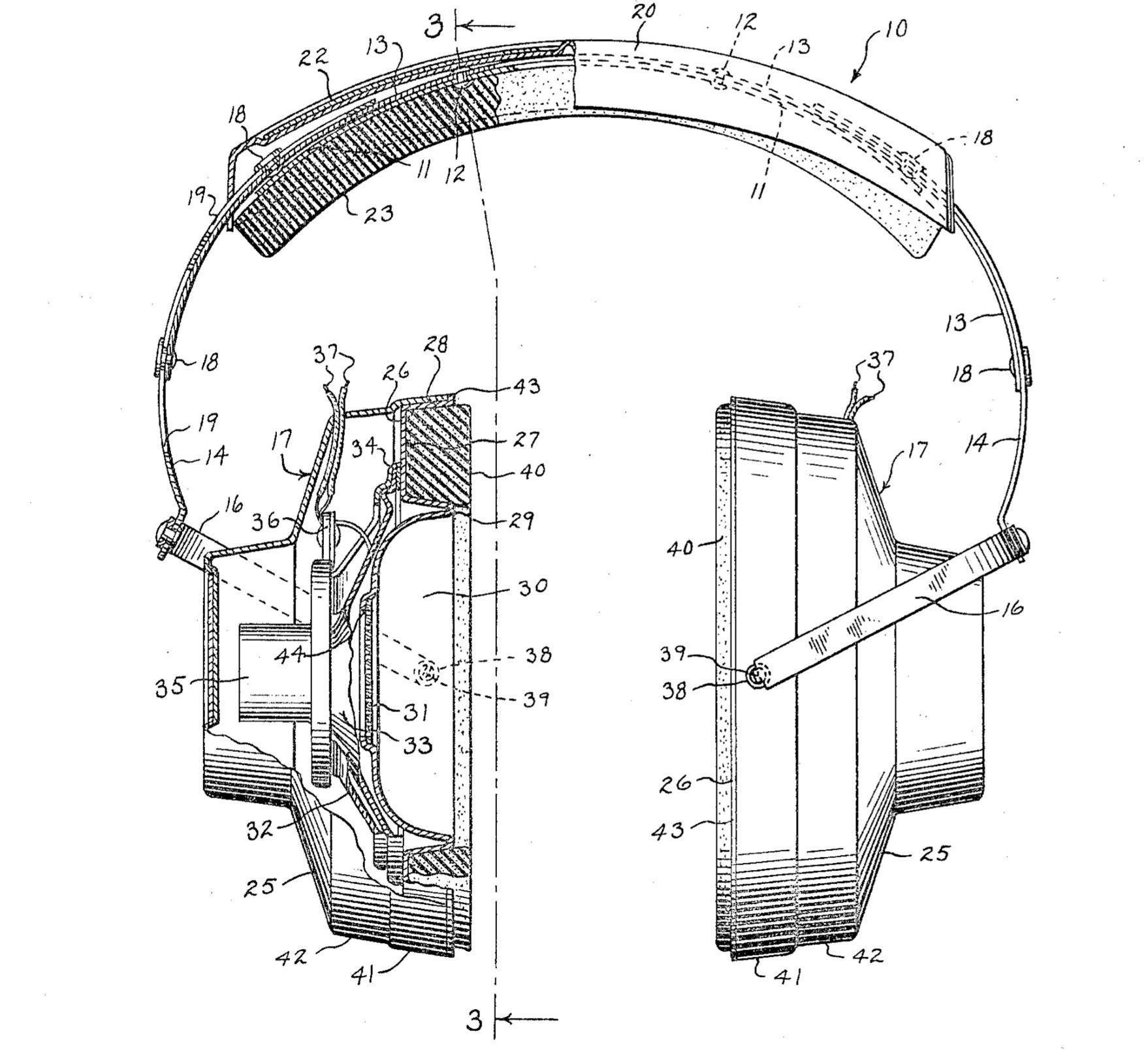
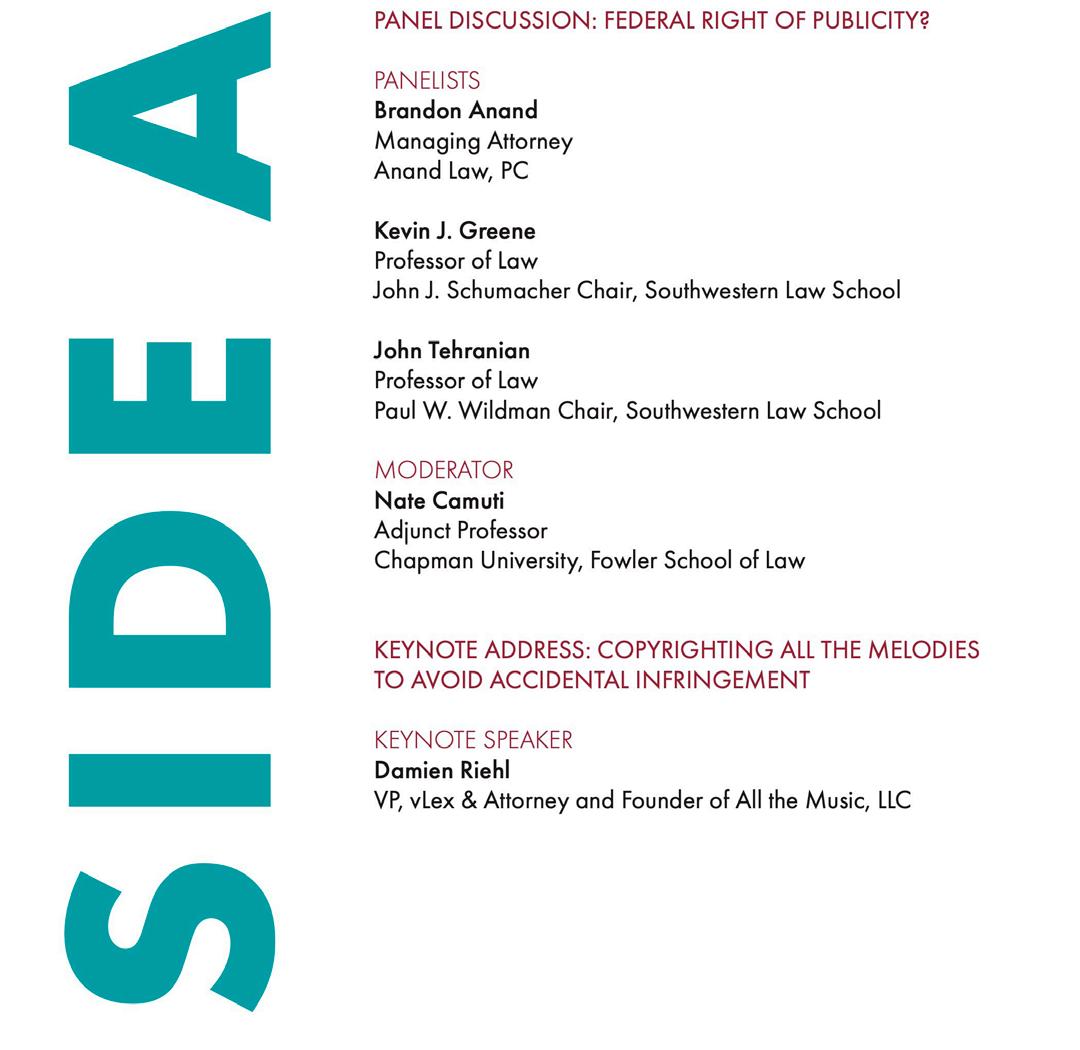
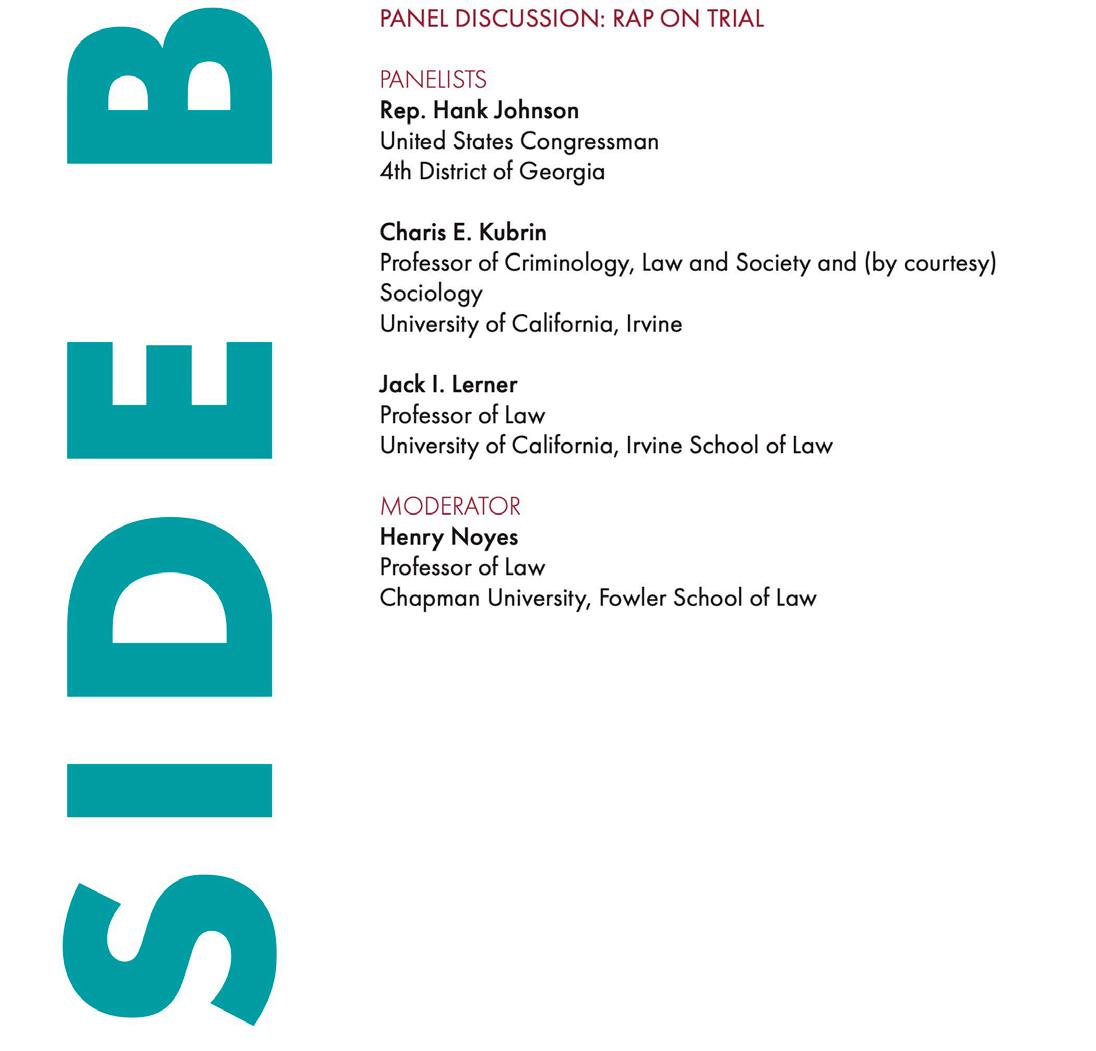
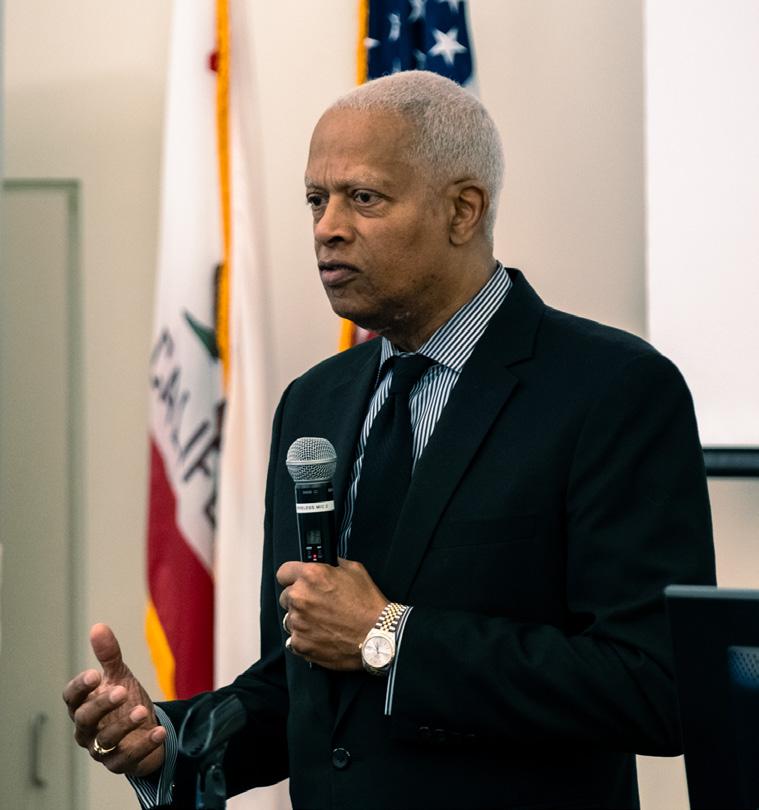
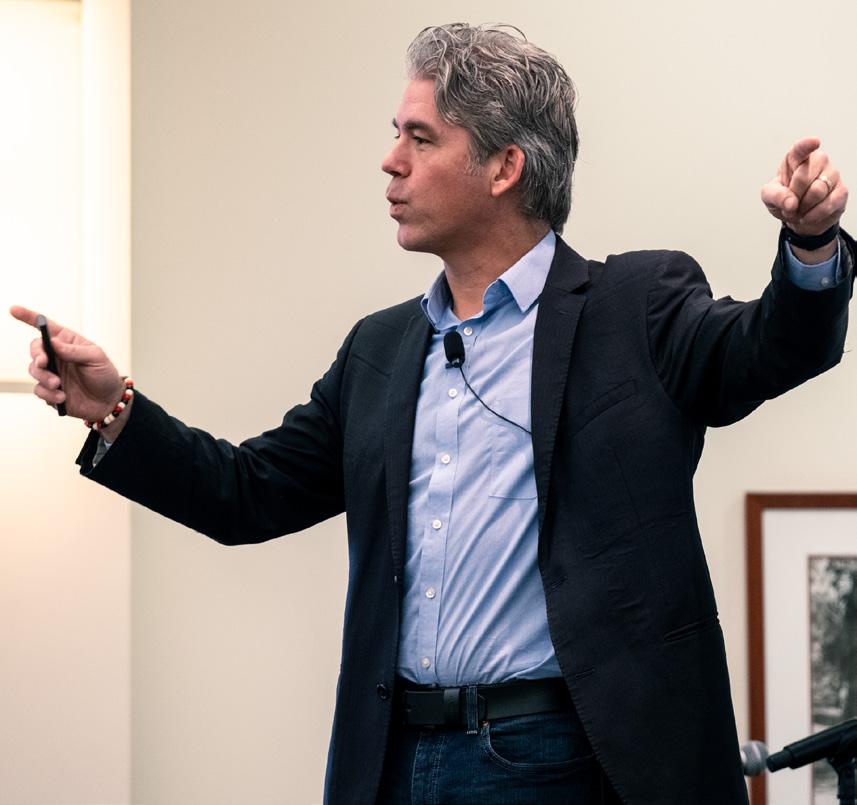
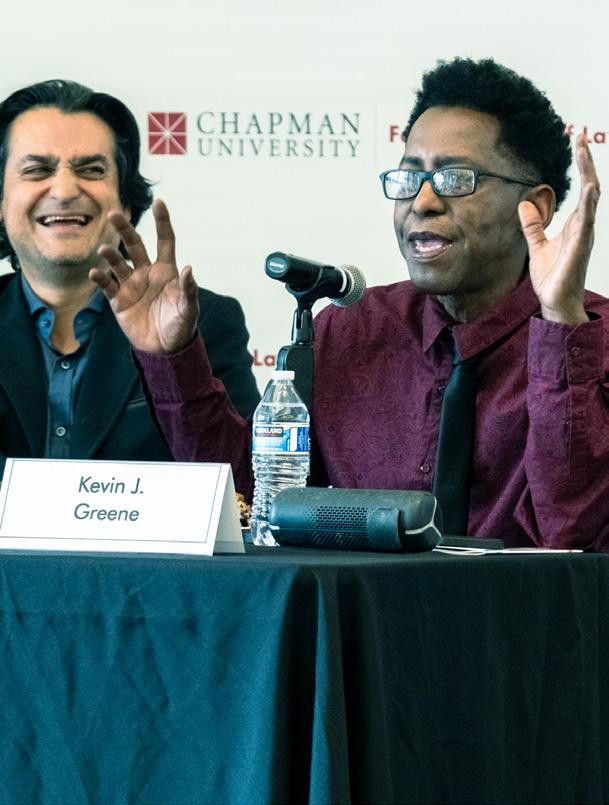
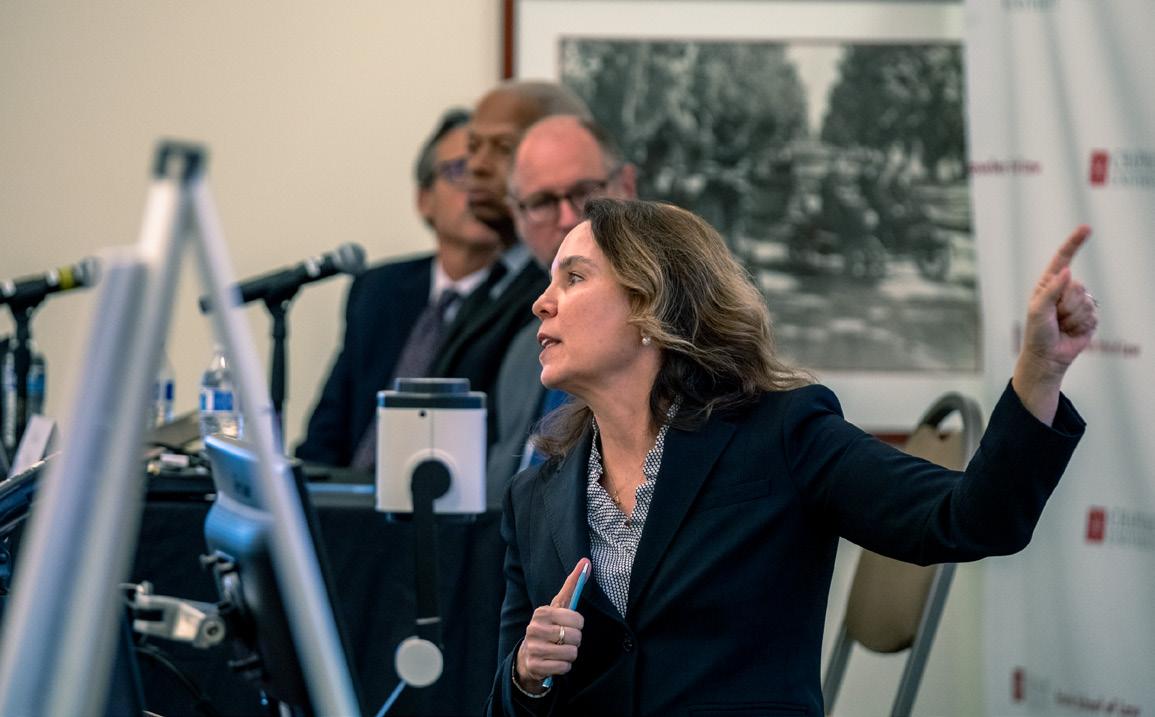
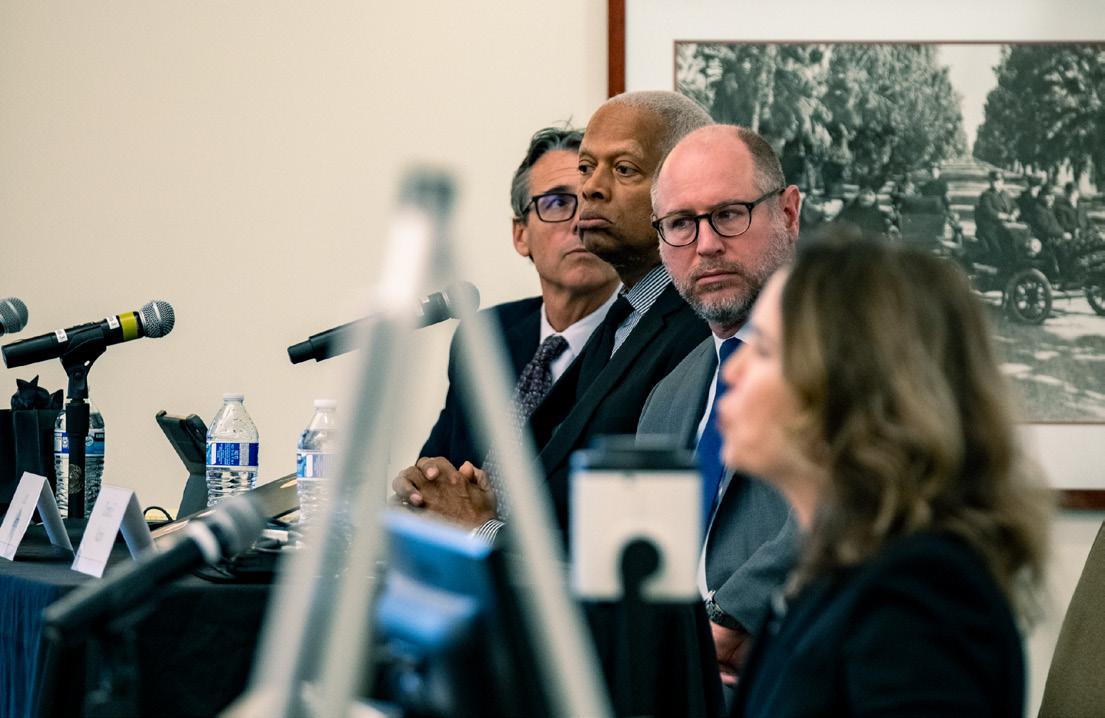


4.
5. Professor Henry Noyes, Rep. Hank
and Professor Jack Lerner, with Professor Charis Kubrin (foreground)
6.
Dean Paton, CLR symposium editoiral leadership team Bennet Cinkle and Darian Nourian
7. Student DJ at the post-event reception
29, 2024
Opening our doors to collaboration with the Orange County Superior Court, the Orange County Bar Association (OCBA) and the Thurgood Marshall Bar Association (TMBA), the Fowler School of Law was proud to host a special event on February 29, commemorating the 70th anniversary of the landmark 1954 Supreme Court decision in Brown vs Board of Education.
A re-enactment of key arguments and select excerpts from the briefs, transcripts and Supreme Court opinion featured an all-star cast, with Justice Martin Jenkins as narrator, Justice Kathleen O’Leary as Chief Justice Warren, and an array of judges and leaders of the OCBA and TMBA delivering the original language in a way that threaded together the five separate cases heard by the U.S. Supreme Court concerning the constitutionality of state-sponsored segregation in public schools.
Cheryl Brown-Henderson, daughter of Rev. Oliver Brown (the “Brown” in Brown v Board) offered unique insights and perspective on a panel discussion moderated by former TMBA President Honieh Udenka, Esq., that followed. Other distinguished panelists included Justice Richard T. Fields, Associate Justice, California Court of Appeal; Chapman’s own Professor Lawrence Rosenthal; and Jack B. Clarke, Jr., Esq, education attorney, all of whom reflected on the significance of the decision for 1950s America and our own times.
A special thank you to the eleven Fowler students whose research into the source materials and other contributions help shape the program: Sofia Carmona Ceron, Tauku Hijarunguru, Joe Kahn, Sophia Laws, Ashley Mossaad, Serena Karina Peleghian, Alexandra Peterson, Rizzy Reynolds, Valerie Salcedo, Jodee Storm Sullivan and Christian Sutphin.
We are also grateful to Hon. Maria D. Hernandez, Presiding Judge of the Orange County Superior Court, and the Hon. Richard Y. Lee, Chair of the Orange County Superior Court’s Equal Access to
Justice and Prevention of Bias Committee, for the opportunity to be part of this special commemoration. As Dean Paul Paton noted in his opening remarks, a simple pencil – a momento given to all attendees – “represents the promise and potential of what education is and can mean, then and now.”
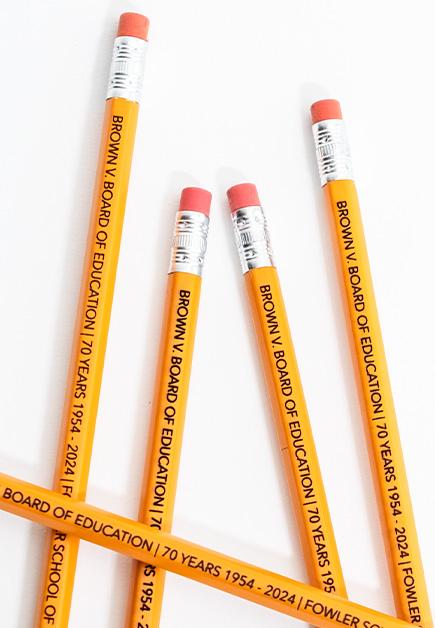
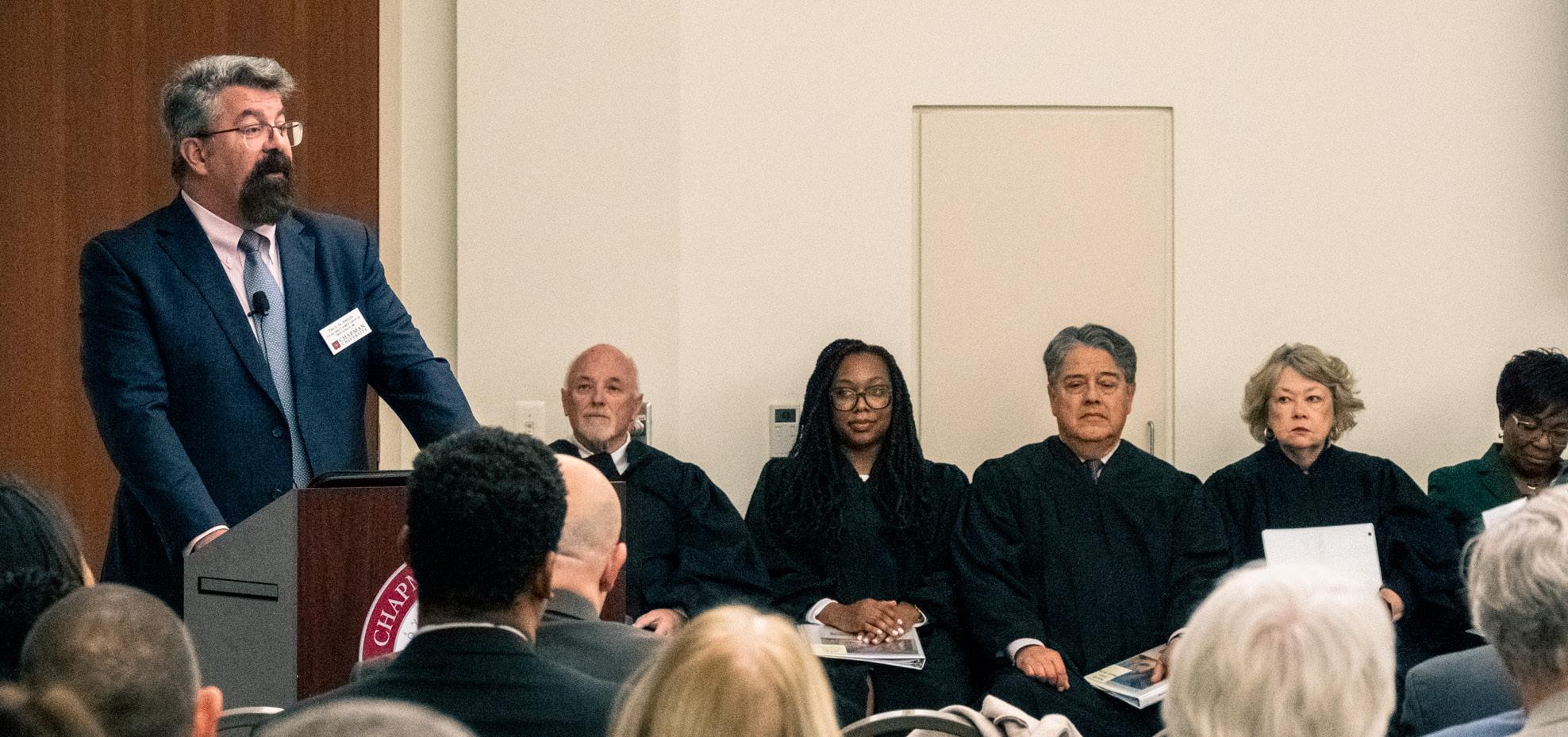
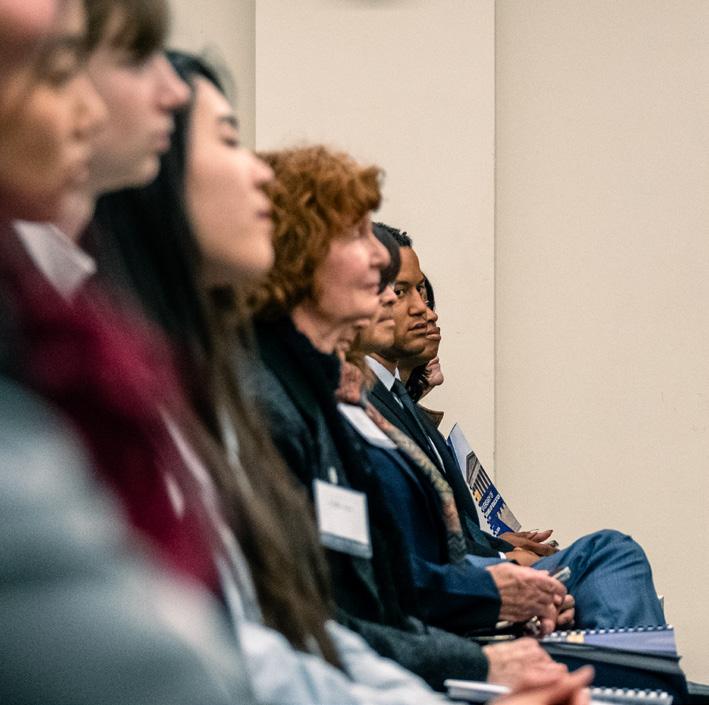
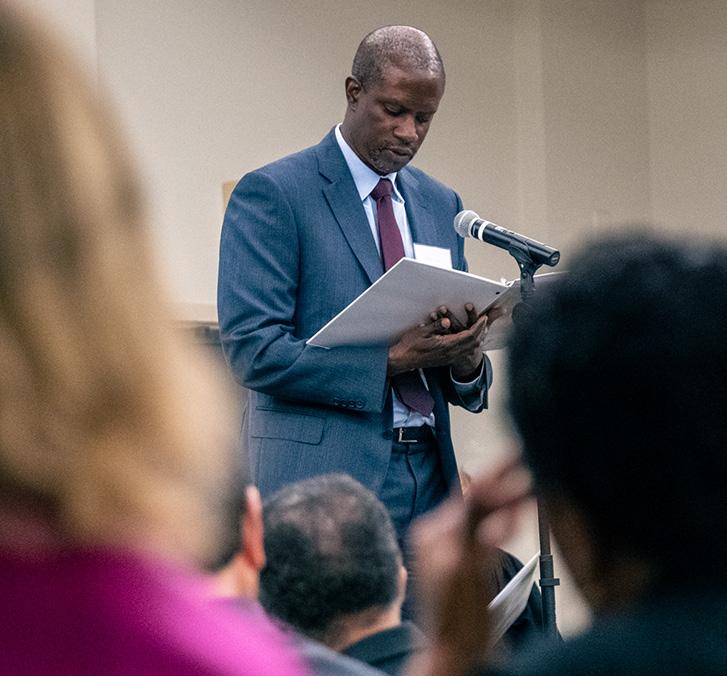

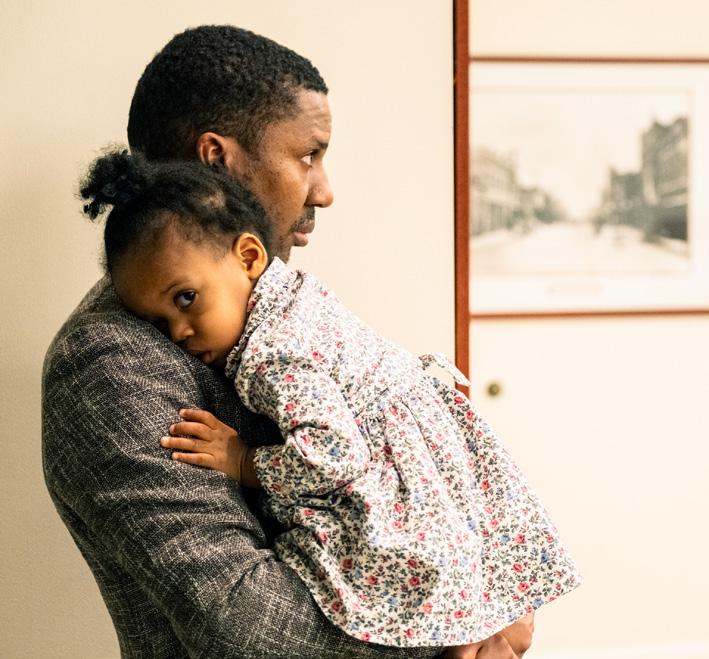


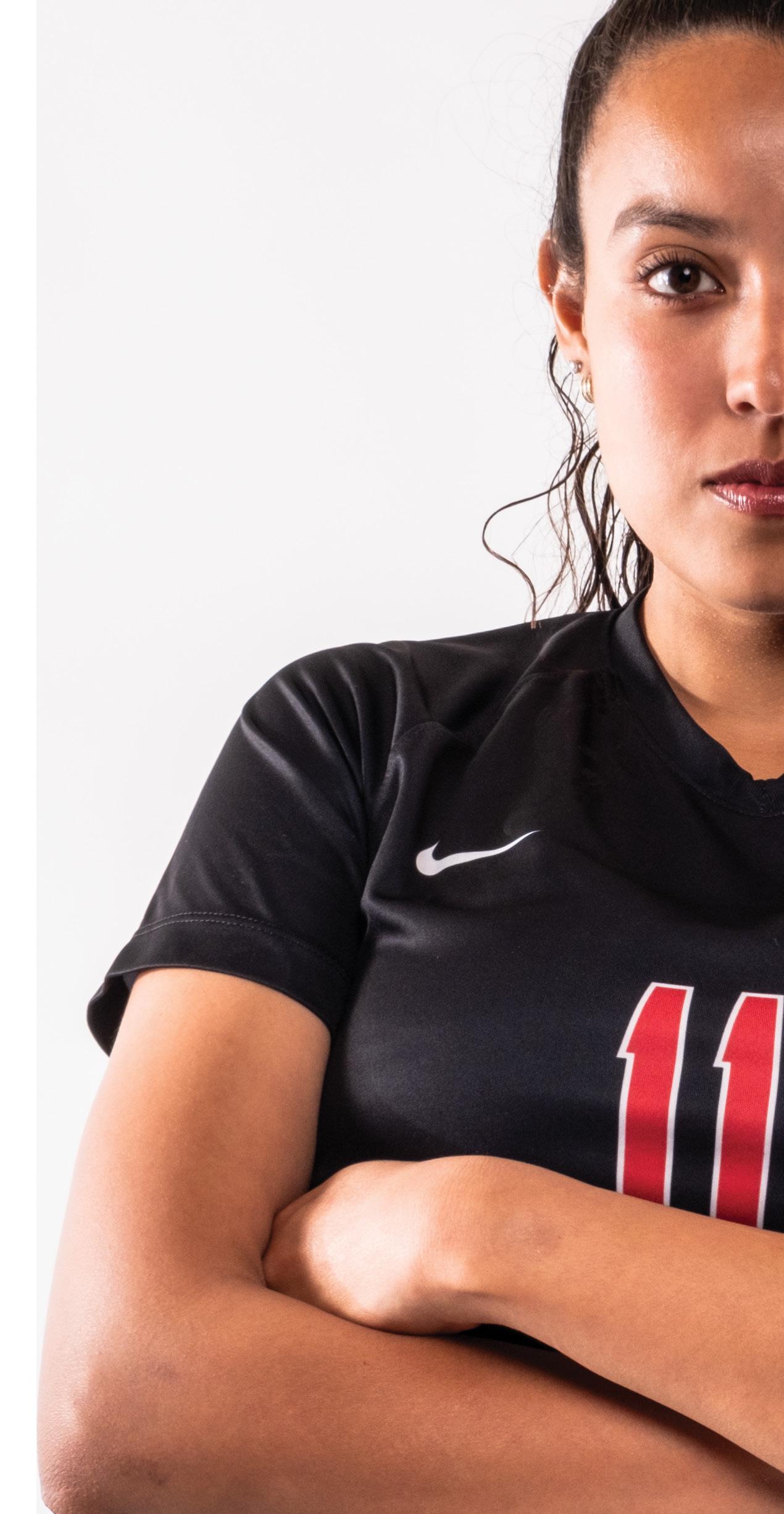
The annual Chapman Entertainment and Sports Law Symposium never fails to showcase a wealth of industry experience and expertise, coupled with world-class thought leadership.
This year’s Entertainment and Sports Law symposium, “Beyond the Game: Athletes, Image and Privacy in the Age of A.I.” was the 10th anniversary of this event and no exception to the rule with a keynote from two-time NBA All-Star Baron Davis and an exemplary list of panelists taking a deep dive into our twin panels of “Beyond the Game: The Rise of SportCentric Media,” and “The New Data Frontier: Opportunities Around, and Protecting Athlete Biometric Data.”
It is always a privilege to welcome legal scholars, athletes, entertainers, and leaders of the sports and entertainment industries to campus, where they broaden the experience of our students, enriching their learning and help to shape the thinking and careers of future legal professionals.
Our thanks to two-time NBA All-Star Baron Davis, Mason Media’s Dana Currier, the National Women’s Soccer League’s Bobbi-Sue Doyle-Hazard, Los Angeles Media Fund’s Jeffery Soros, More Better’s Kelsey Trainor, two-time Team USA Artistic Swimming Olympian Anita Alvarez, California Consumer Protection Act co-author Richard Arney, Perkins Coie’s Shirin Malkani, LA Chargers center Corey Linsley, Chapman 3L Jodee Storm Sullivan, 3L Chris Leland and Chapman alumnus, Sport Law professor, founder of Ruling Sports and CESLS symposium organizer, Alicia Jessop (JD ’09) for an exceptional 10th anniversary event.
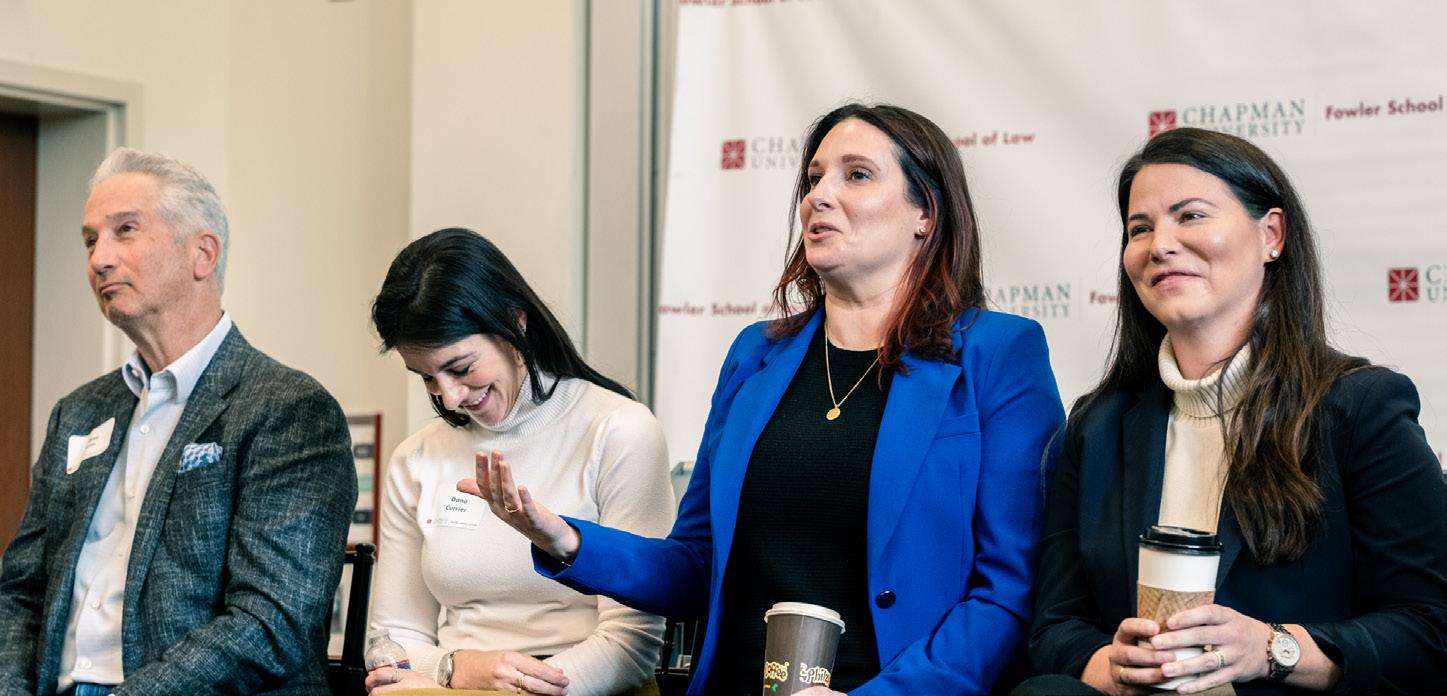
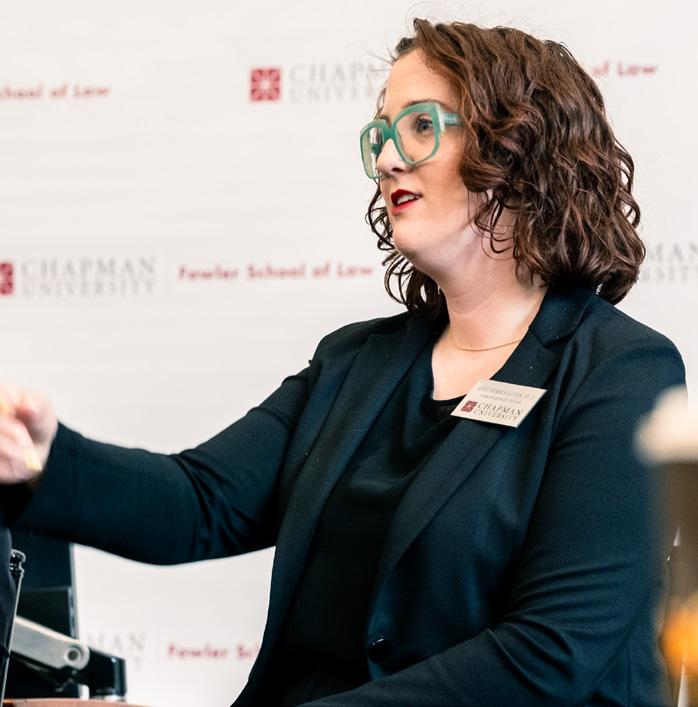
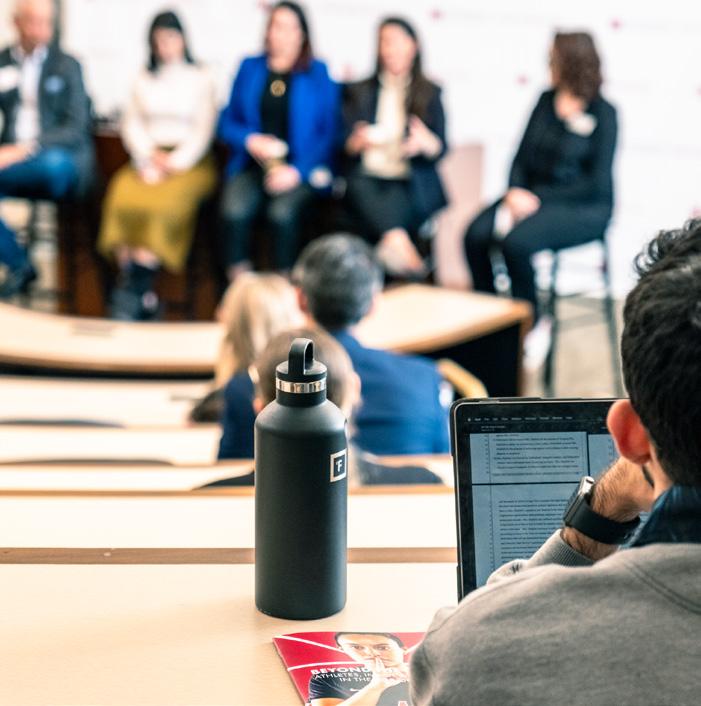
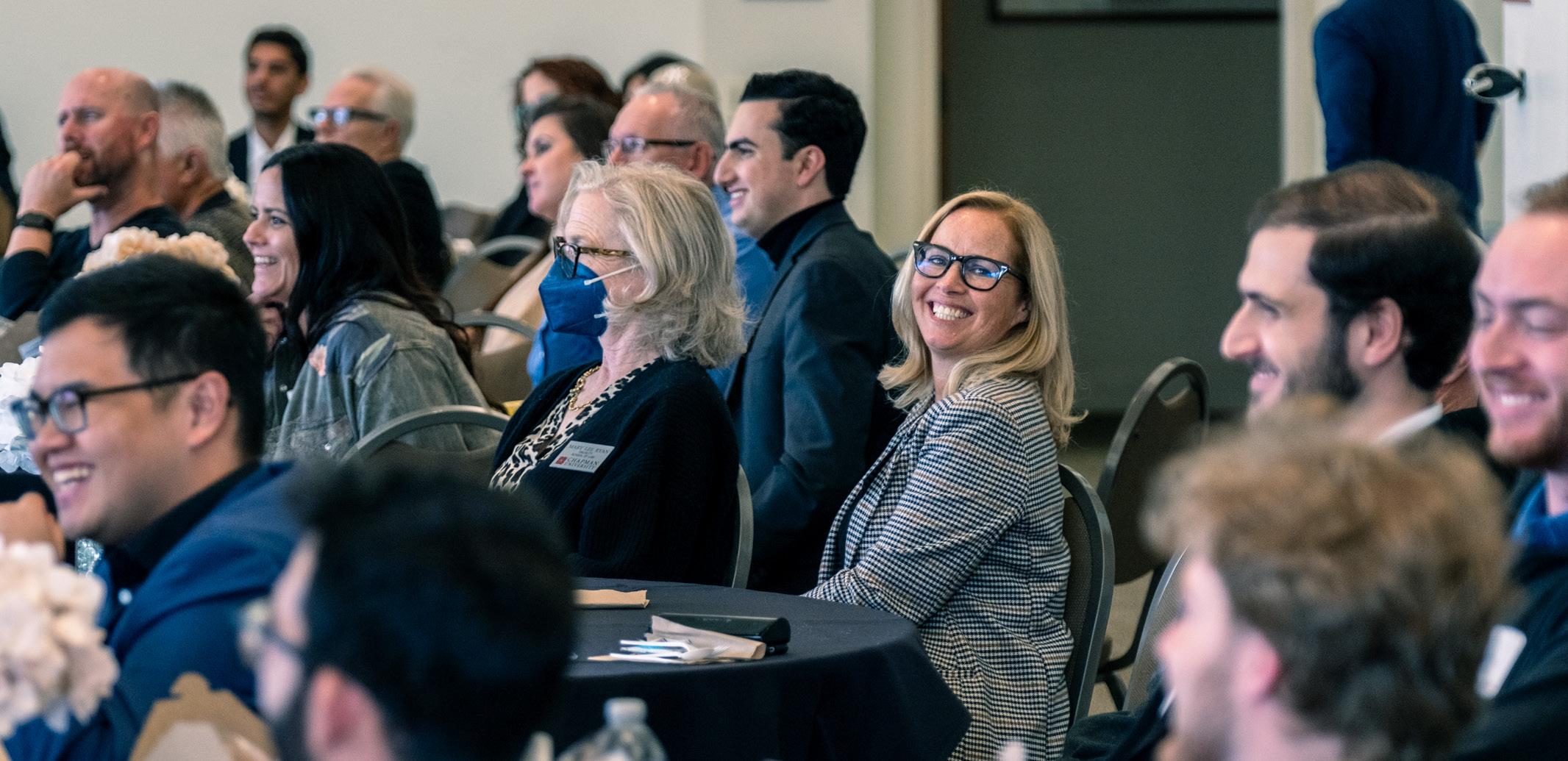
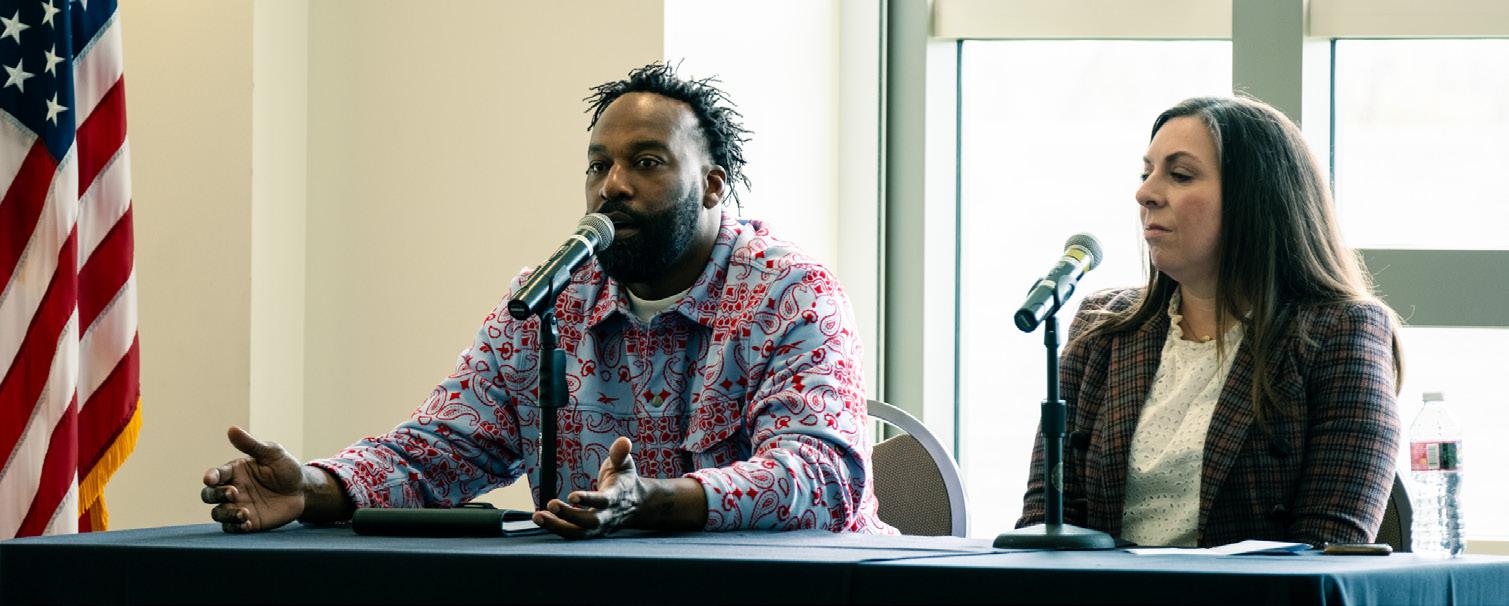
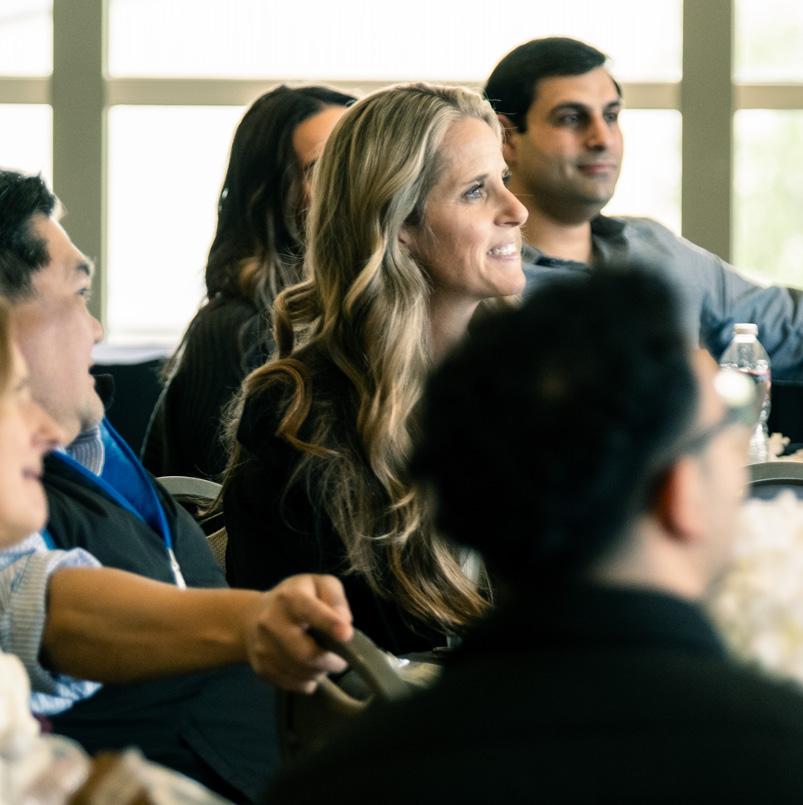
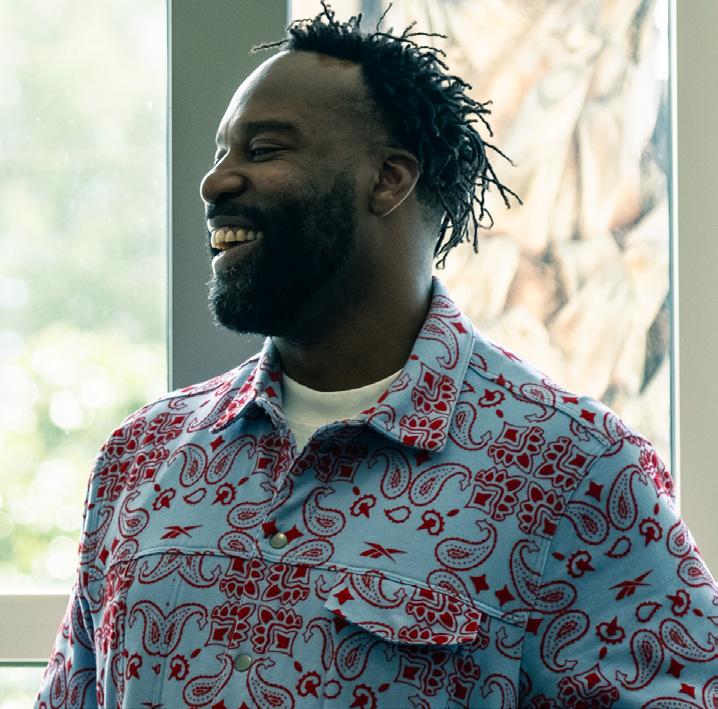
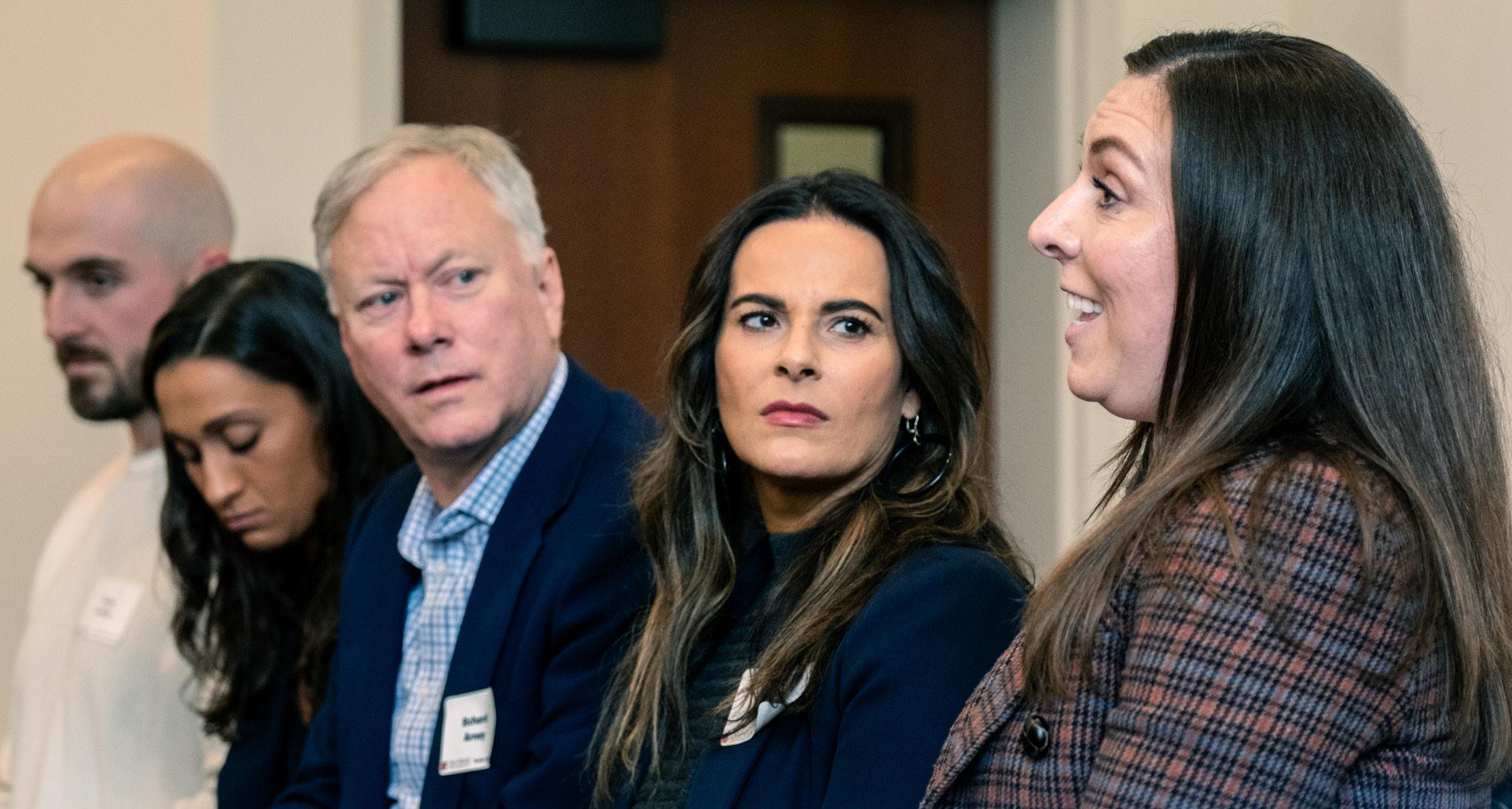

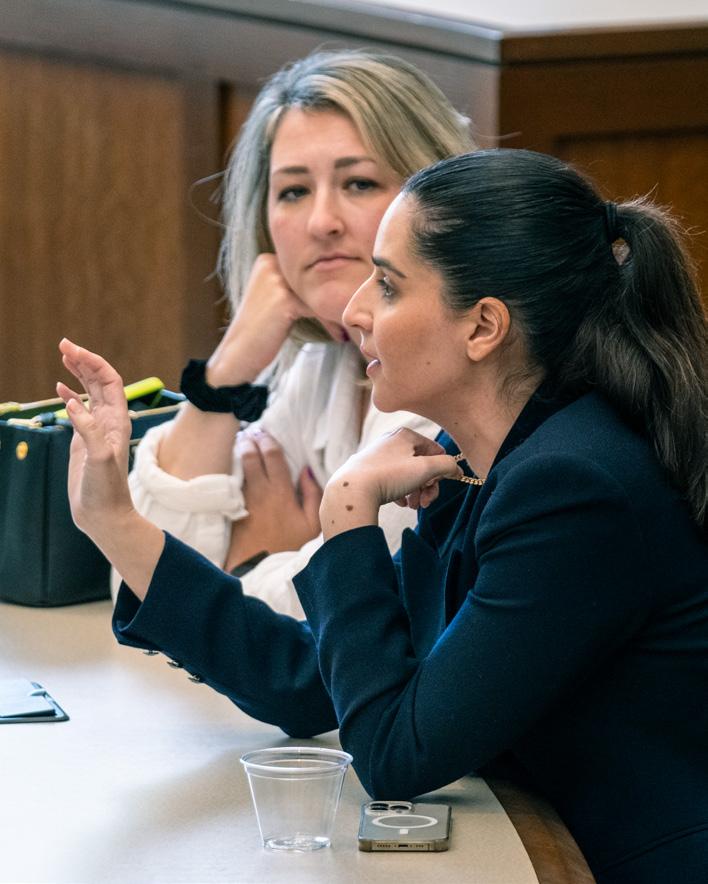
2.
3. Audience
4. Baron Davis
5. Audience Q & A
6. Panelists (L-R) Corey Linsley, Anita Alvarez, Richard Arney, Shirin Malkani with moderator Alicia Jessop (JD ‘09)
A chilly February evening in Orange saw our Diversity and Social Justice (DSJ) Forum fill Kennedy Hall for the their Intersectionality and Lawyering discussion panel entitled, “How Legal Decisions Affect Intersectionality: Anti-capitalist and Decolonial Perspectives.”
The DSJ’s student-led team welcomed a wonderful group of legal experts to their panel: Southwestern Law School’s Professor Andrea Freeman–a specialist in critical race theory, food policy and health; UCLA School of Law restorative justice scholar and co-chair for the Native Concerns Committee of the American Bar Association, Professor Lauren van Schilfgaarde; and civil rights scholar and advocate for housing justice, low-income tenants and working-poor individuals, Professor Kaimipono Wenger. Their lively discussion, keen insights and depth of experience gave the packed room plenty to think about, while our own Professor Carrie Rosenbaum moderated the event.

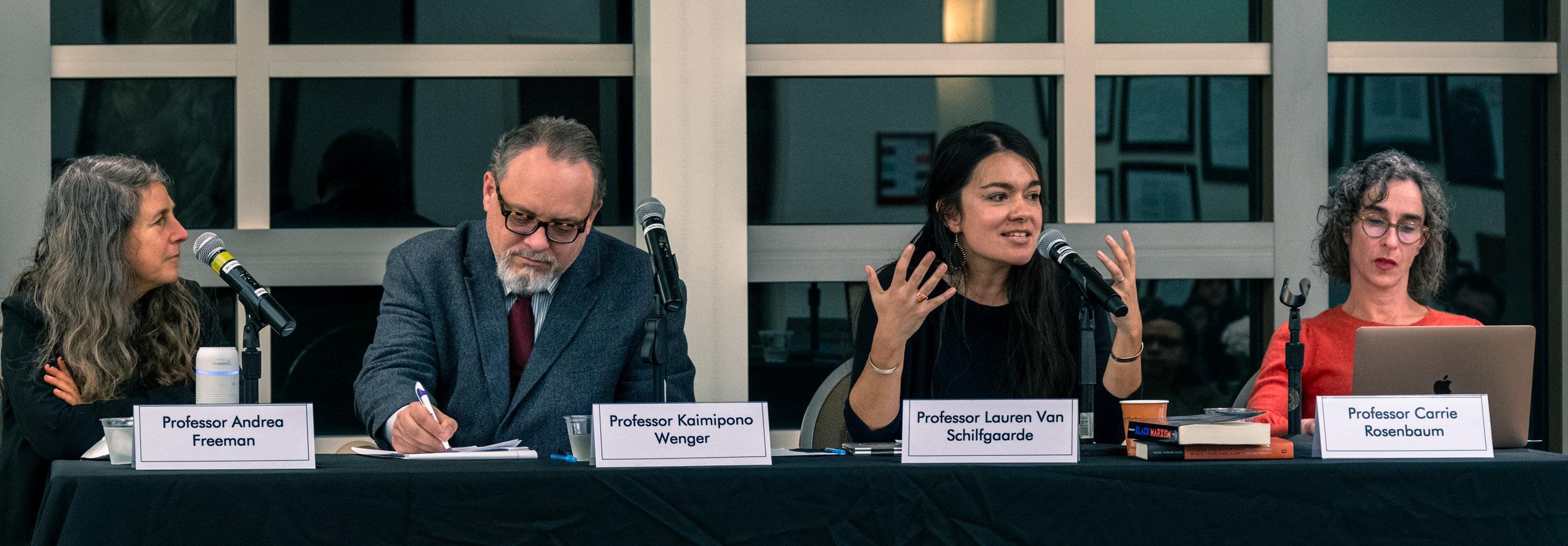
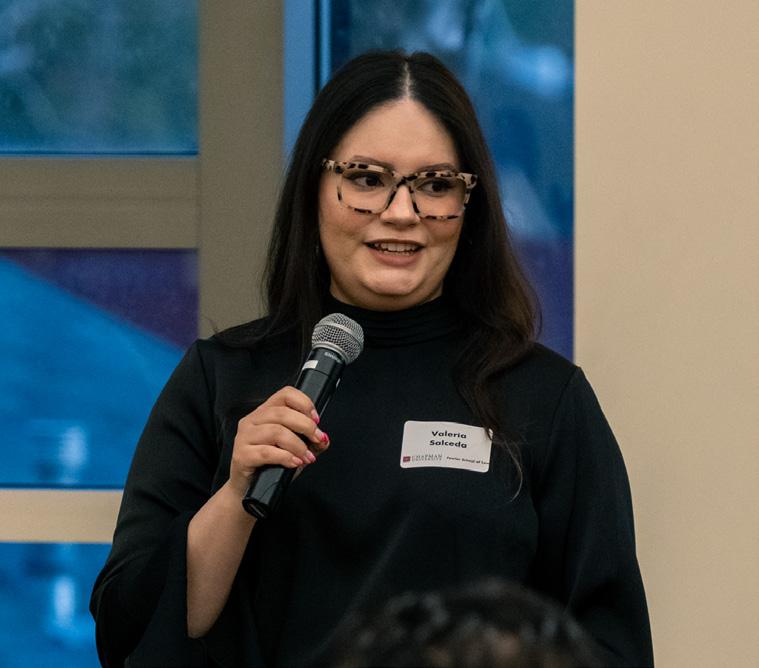
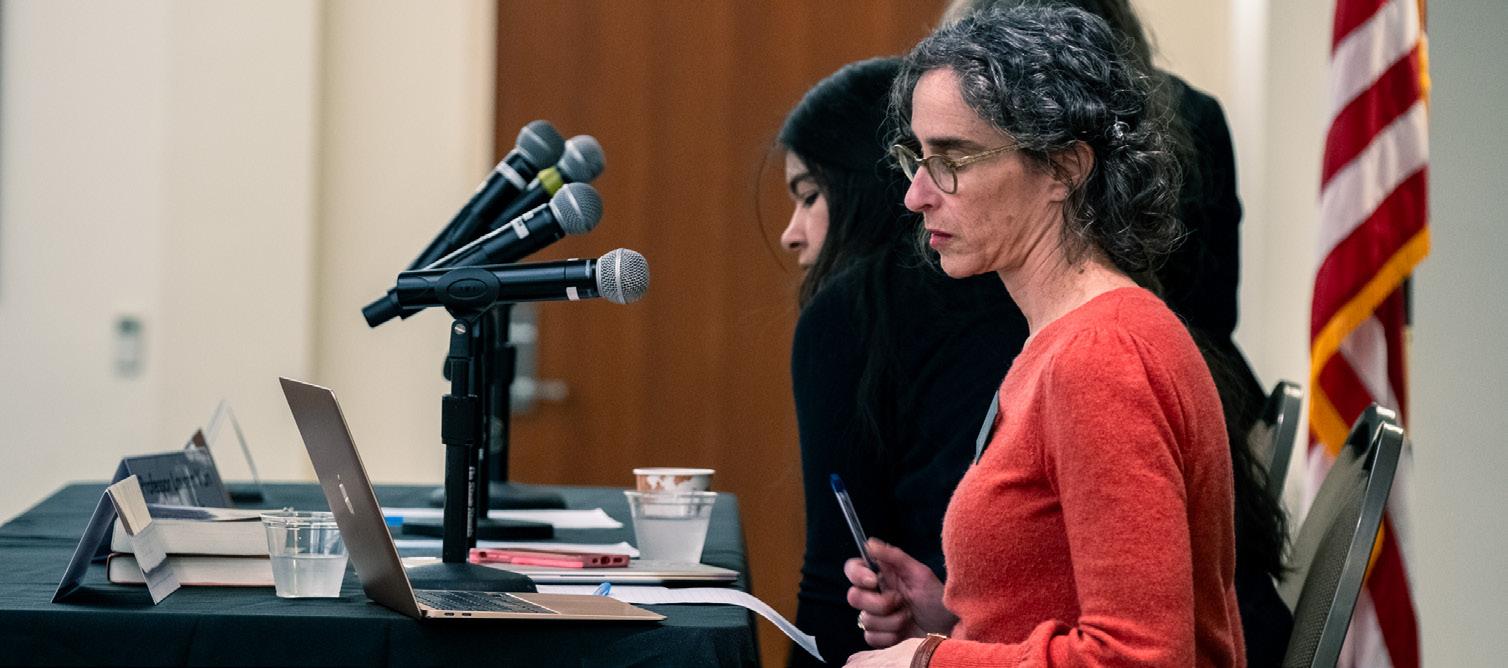
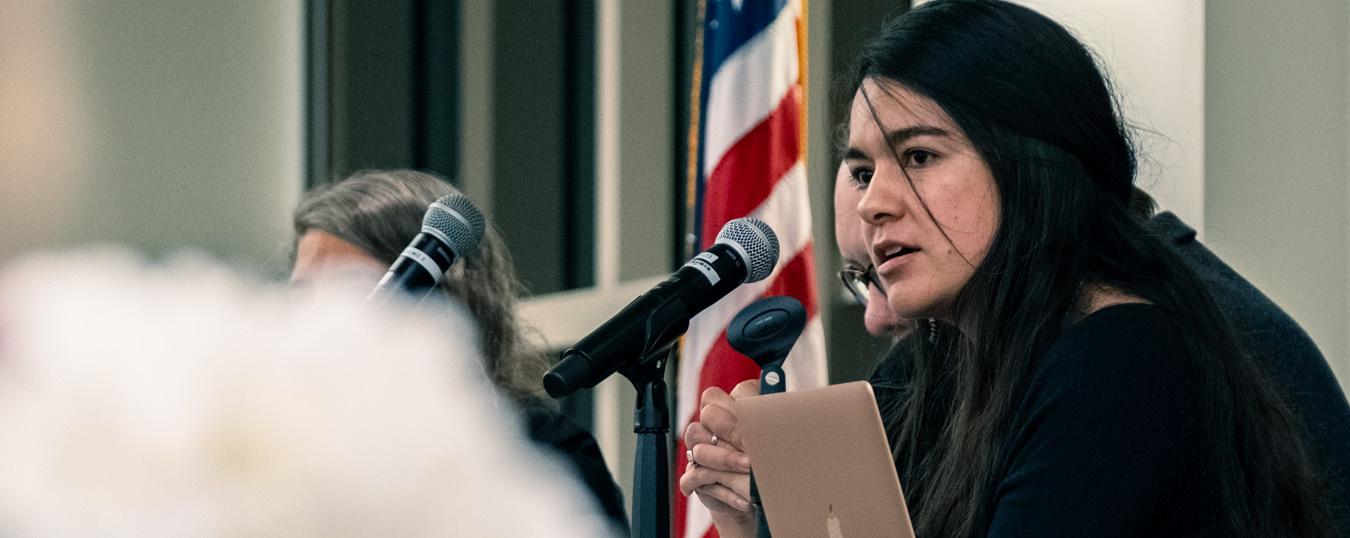
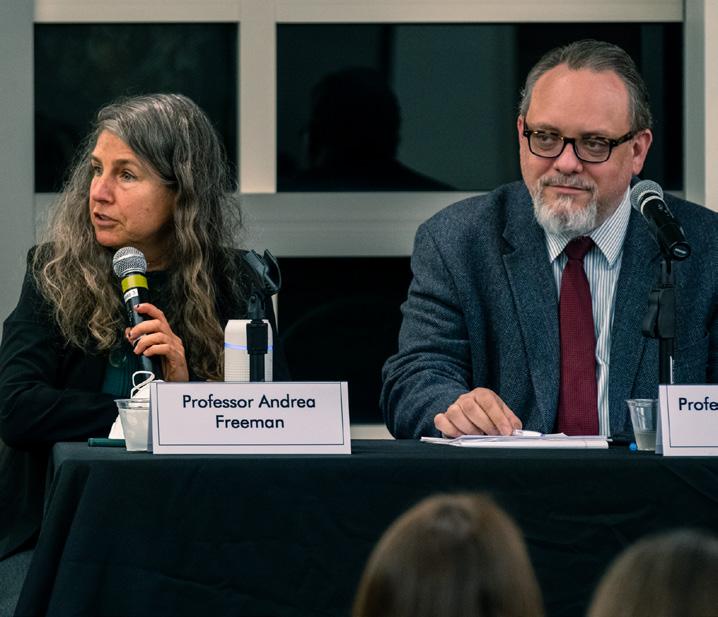

Working closely with a team from the Department of Justice, the Fowler School of Law hosted the DOJ’s Religious Land Use Round Table forum, an educational event for lawyers, leaders in all levels of government, faith-based and real estate organizations from around the United States.
We were privileged to welcome to the school U.S. Attorney Martin Estrada, Johnathan Smith, Deputy Assistant Attorney General, Civil Rights Division at U.S. Department of Justice, Richard M. Park, Chief, Civil Rights Section, Assistant United States Attorney at the U.S. Department of Justice, Noah Sacks, RLUIPA Coordinator at the DOJ, and Edmond Connor from Tucker Ellis LLP, to lead this discussion on an often overlooked legislative area. Chapman’s own Professor Kenneth Stahl, helped to explain the importance of RLUIPA in empowering communities, religious groups and organizations, and city zoning projects.
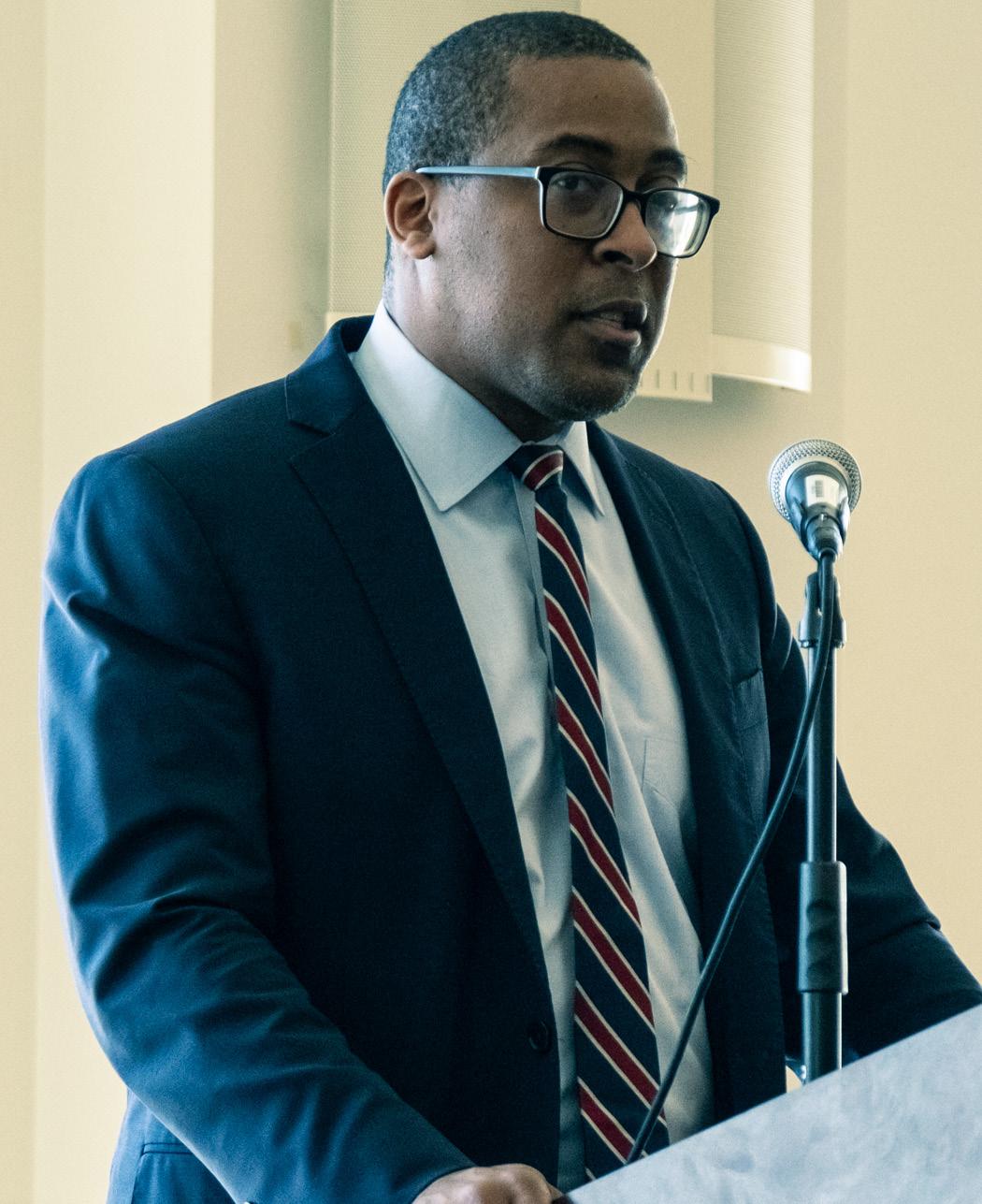

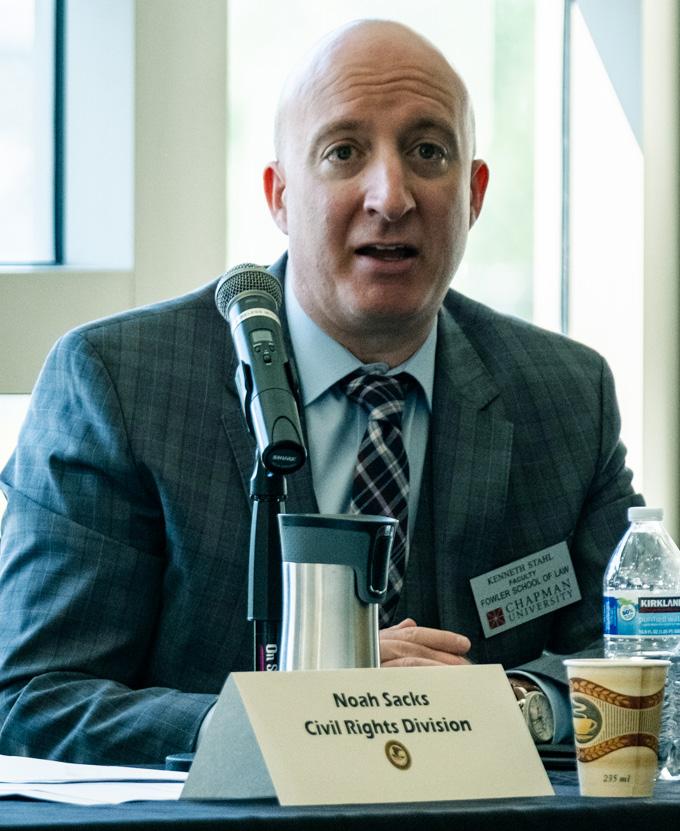

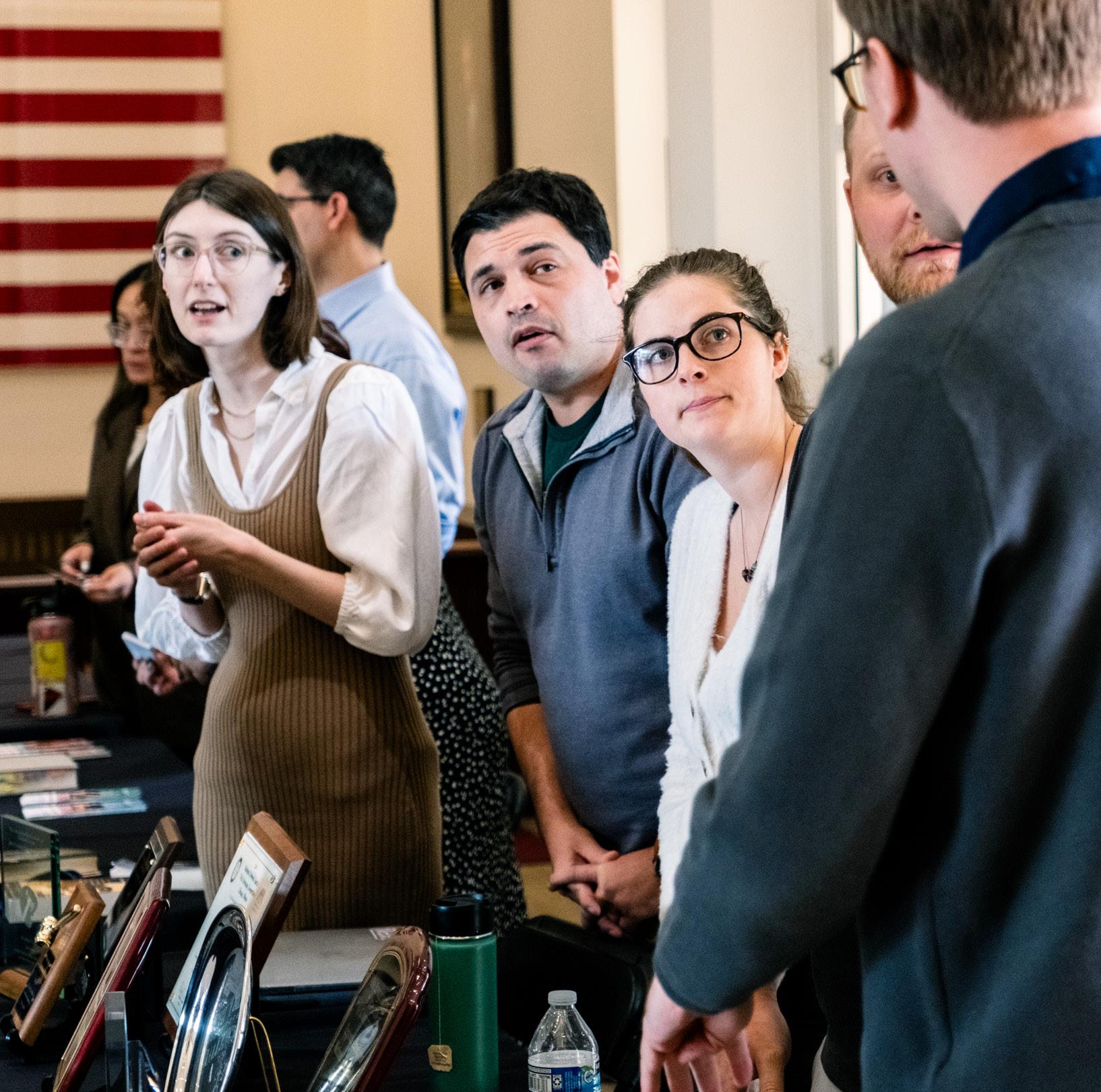
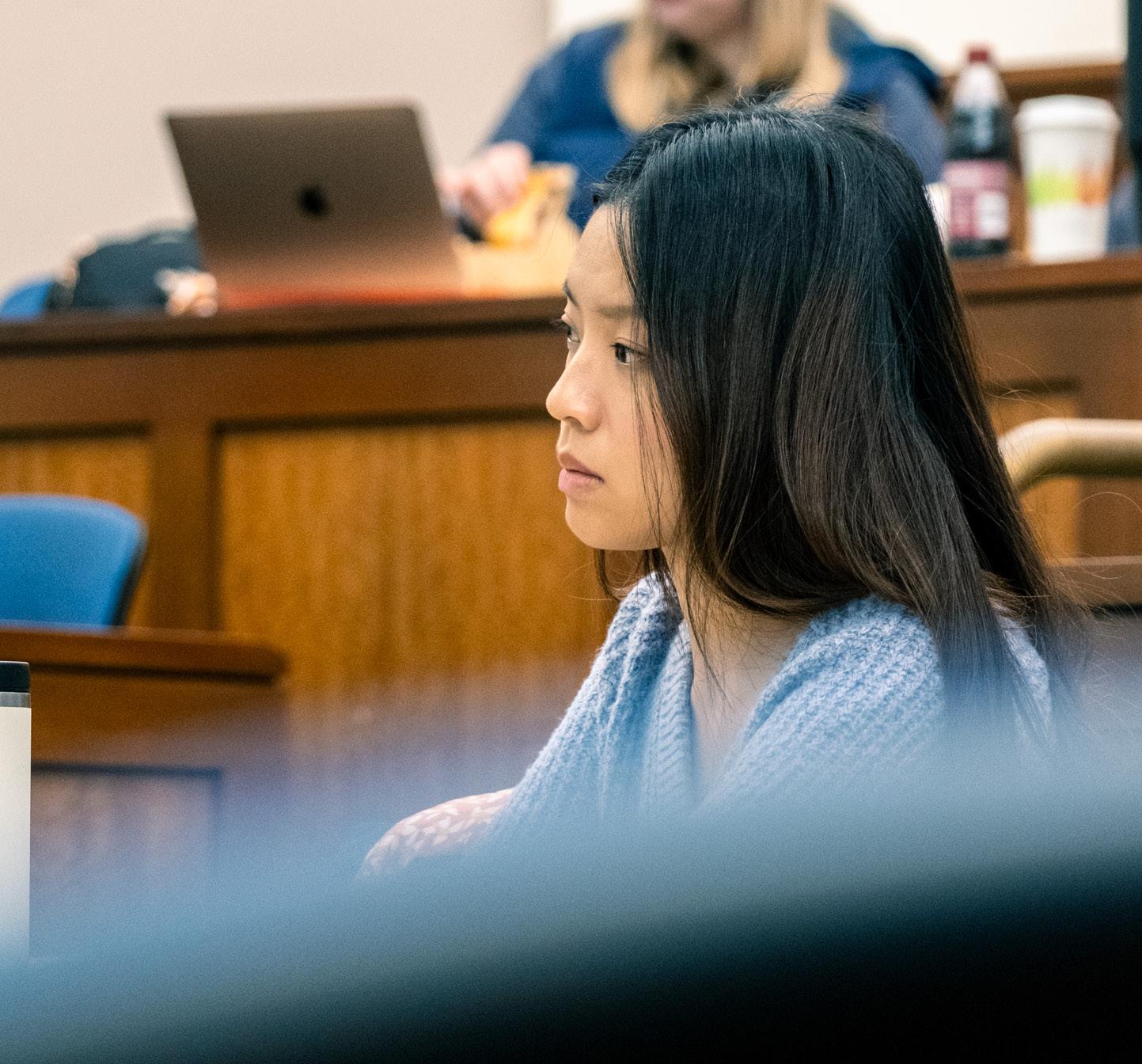
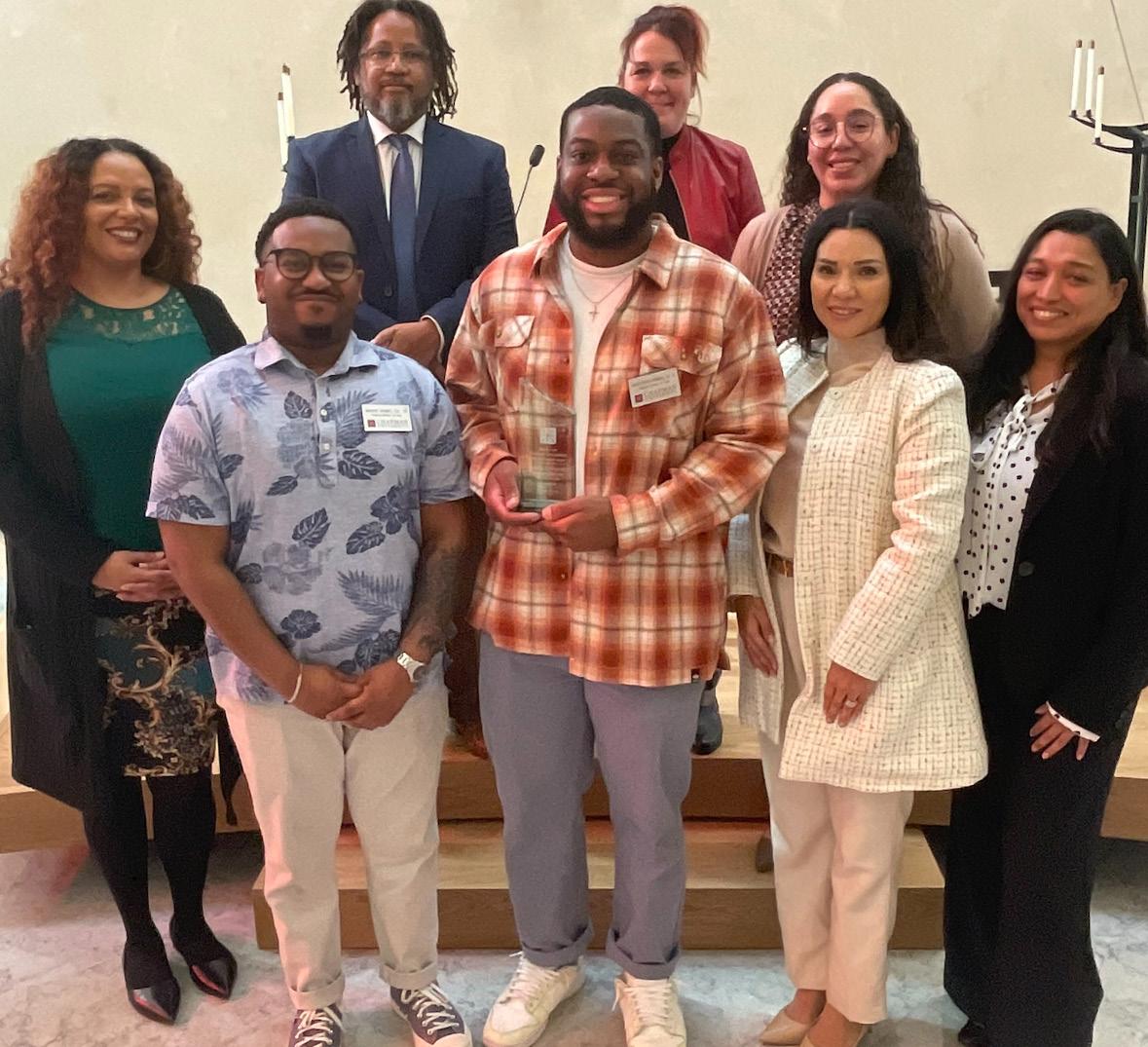
At Fowler School of Law, student life thrives on diversity, engagement, and well-being. Our array of almost forty student organizations caters to a wide variety of professional interests, identities, and cultures. From thought-provoking panel discussions to networking mixers, there are always plenty of opportunities for students to engage, learn, and grow outside the classroom.
One of the highlights of this year was our inaugural Wellness Fair, spearheaded by Assistant Dean for Student Affairs Camille Heenan. The event was a collaborative effort of campus wellness partners, student organizations, and a pack of therapy dogs who completely stole the show (if not our hearts). Ensuring students learn to appreciate and protect their well-being is a priority at the school. Other well-being efforts include the “Live Well at Chapman Law” newsletter and events like lunchtime yoga and financial counseling with a certified financial advisor.
At our annual Diversity Celebration, students, staff, and faculty celebrated the strength of diversity in the Fowler School of Law student body. The law school’s 14 affinity organizations came together for an evening of recognition, solidarity, and mutual appreciation for a year of hard work and community building. The evening’s keynote speaker, Judge Ronald A. Clifford III, Bankruptcy Judge on the U.S. Bankruptcy Court for the Central District of California, shared the story of his path to the federal bench. His words of encouragement to attendees were an inspiration to all.
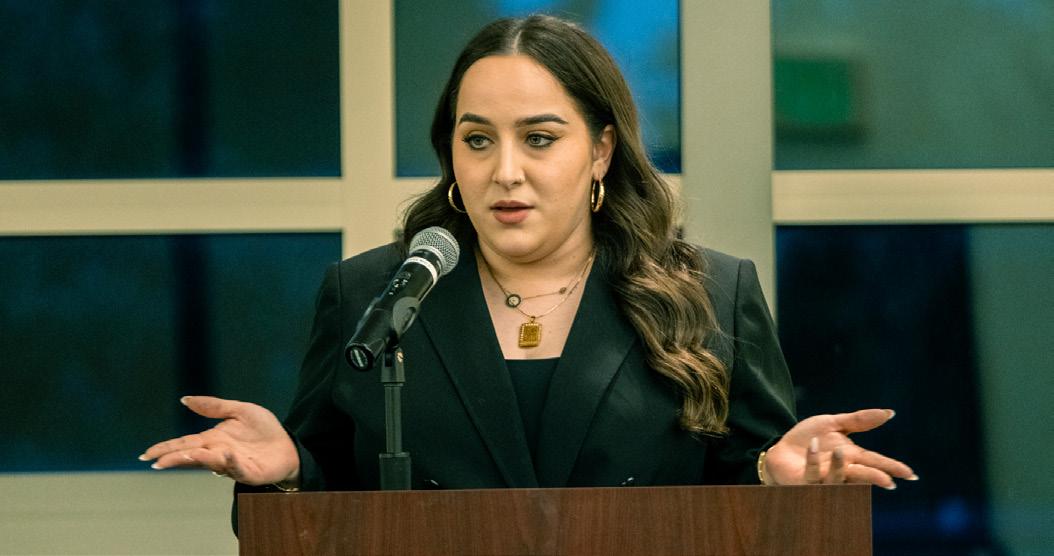
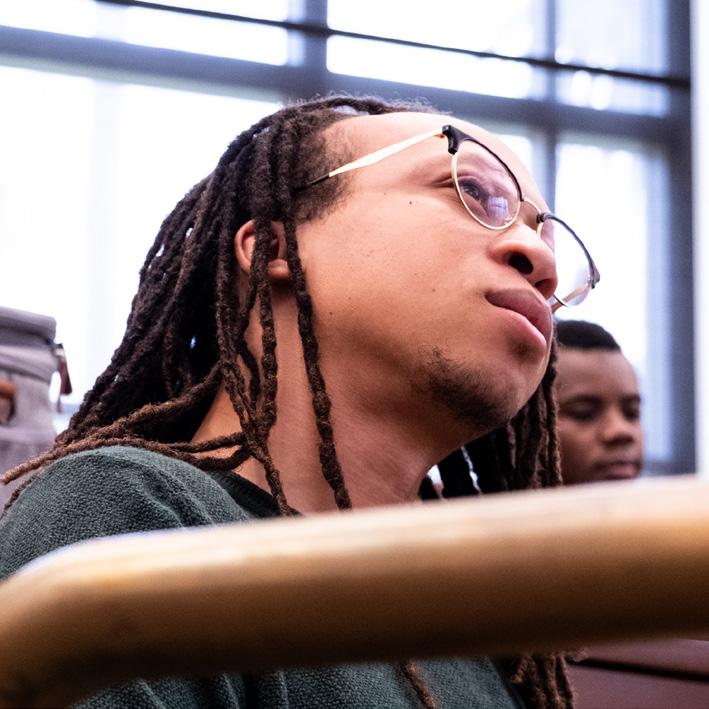
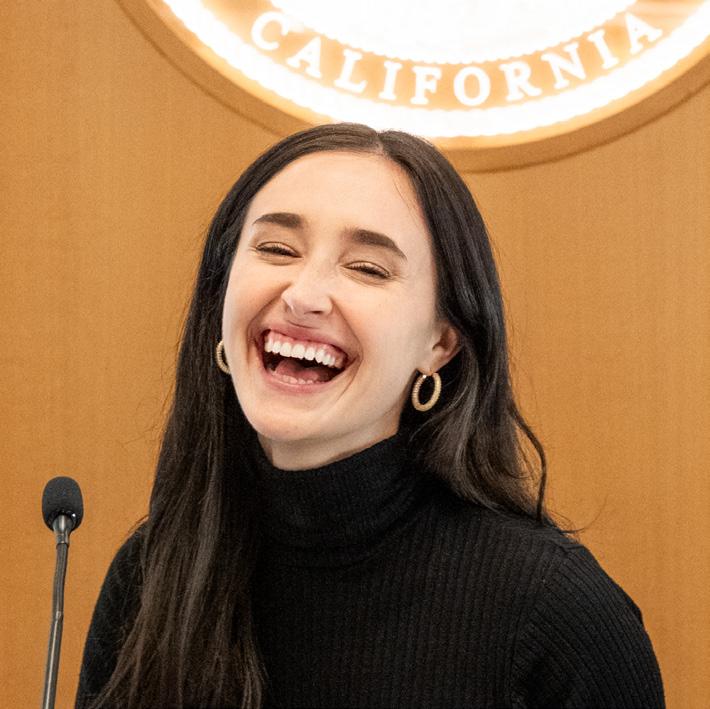
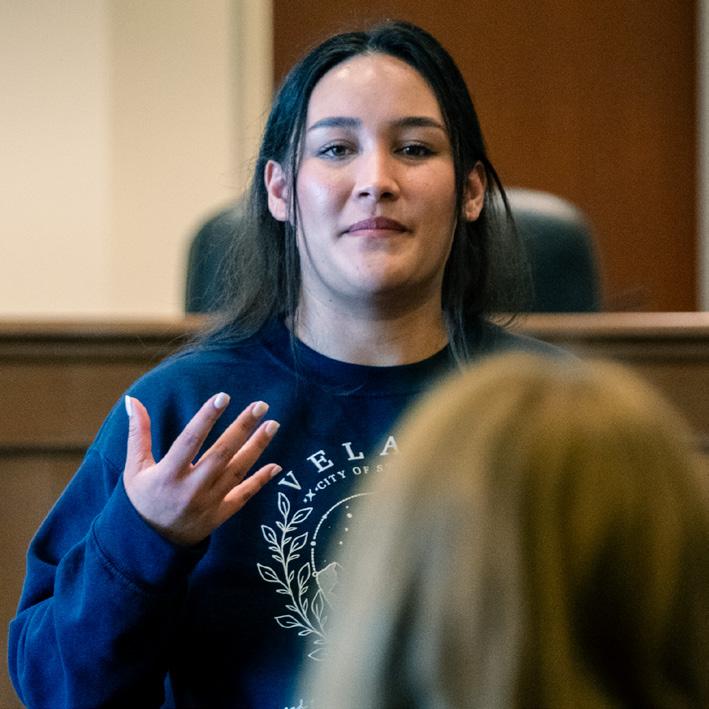


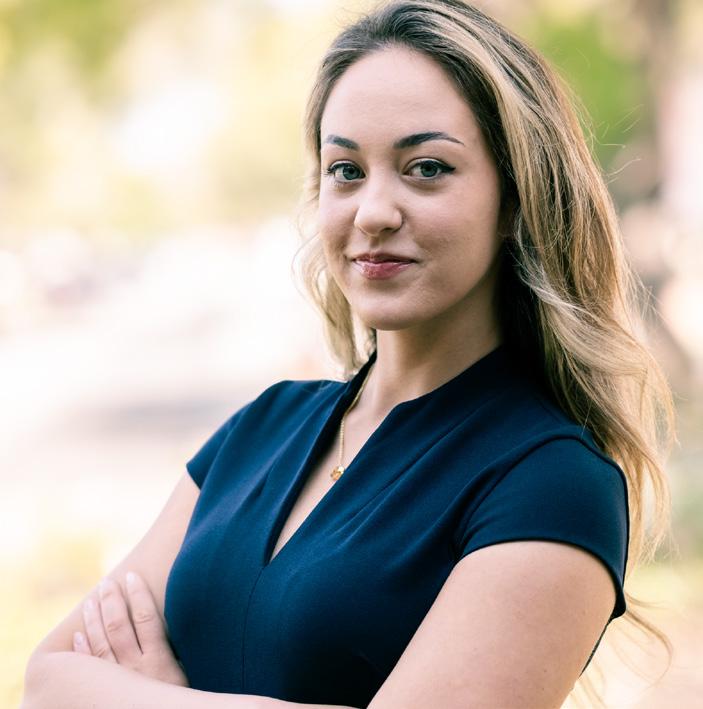
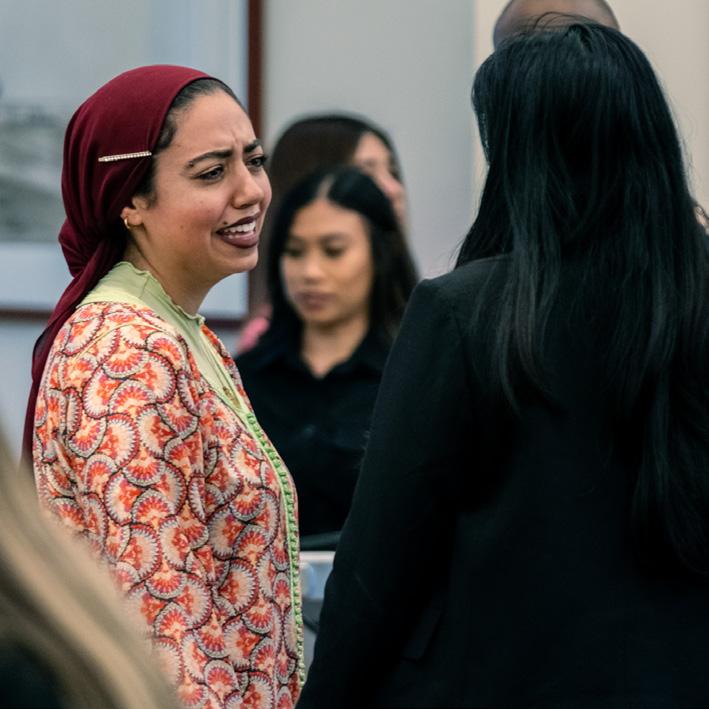
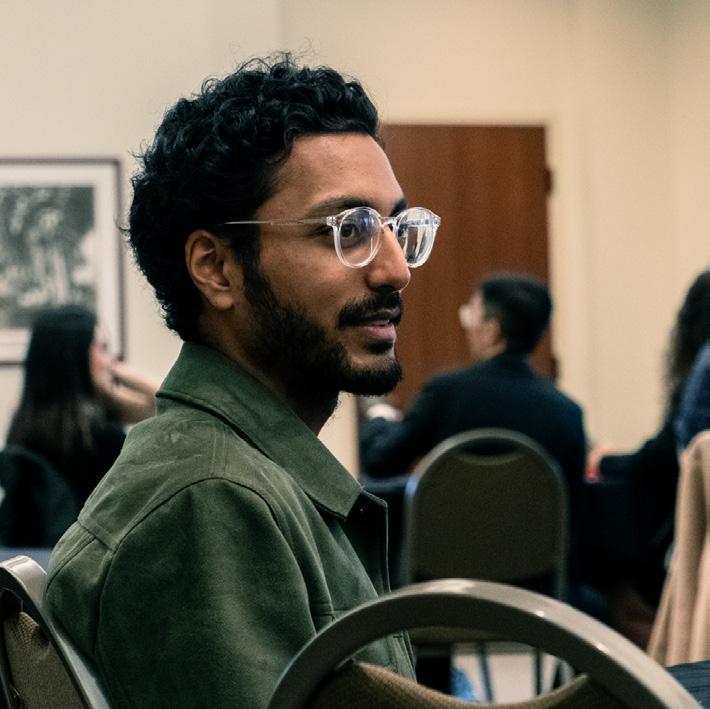
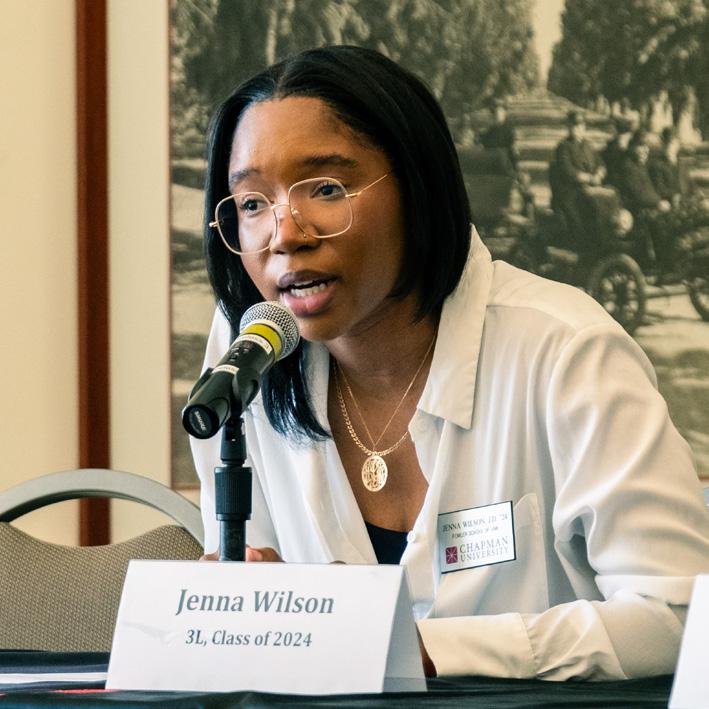
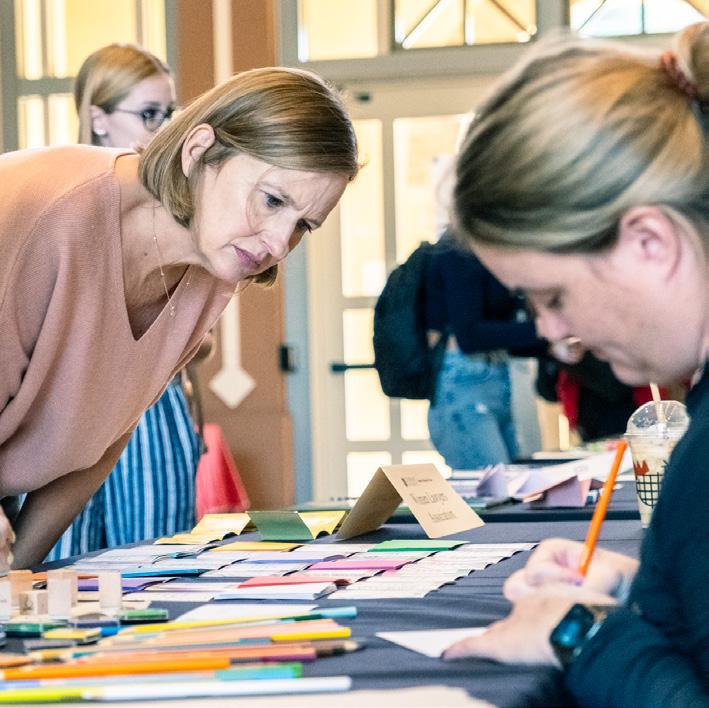
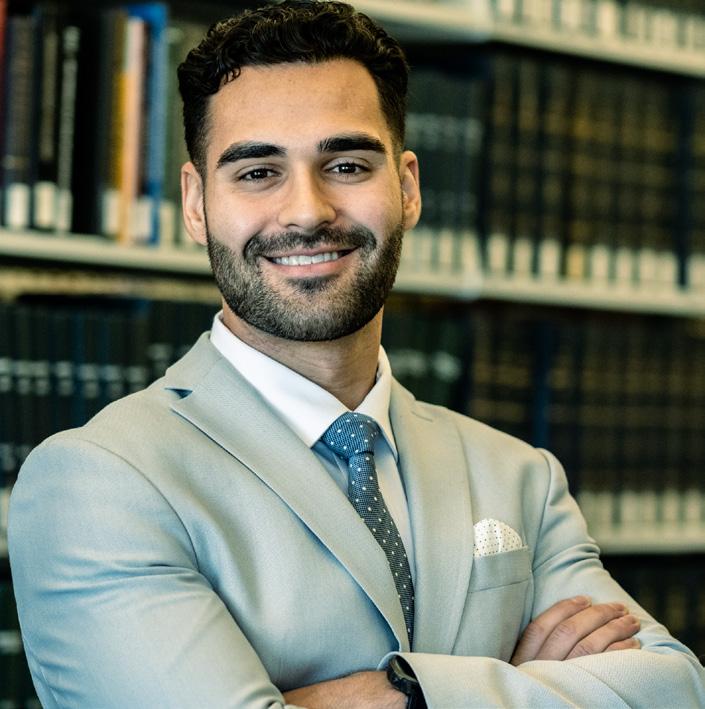
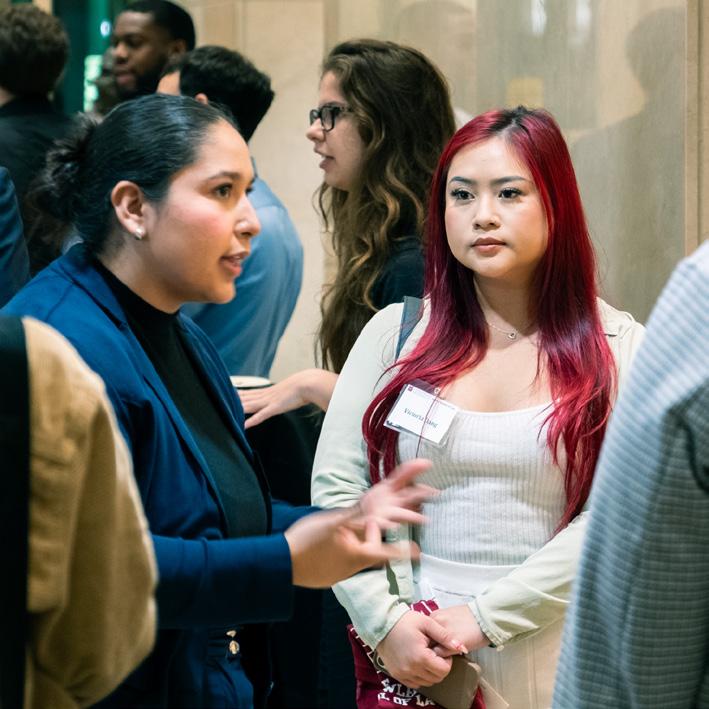
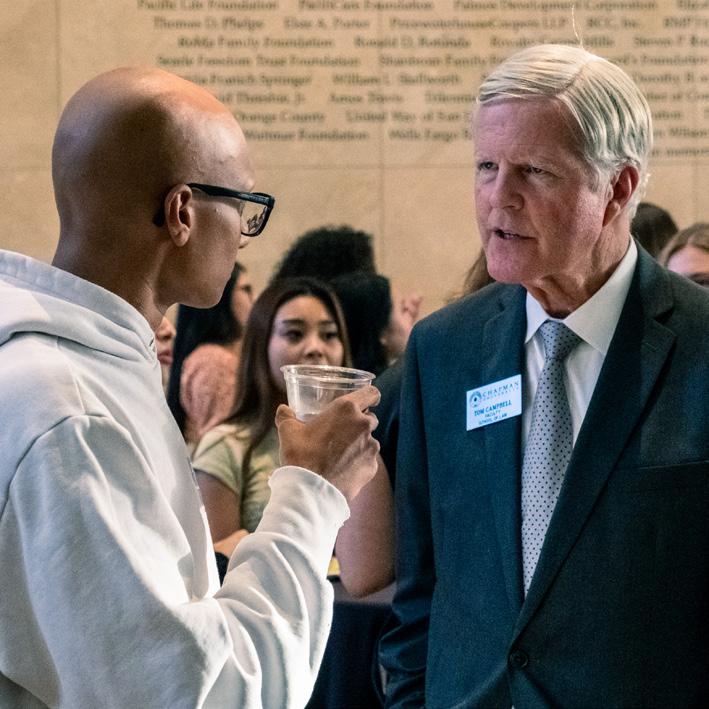
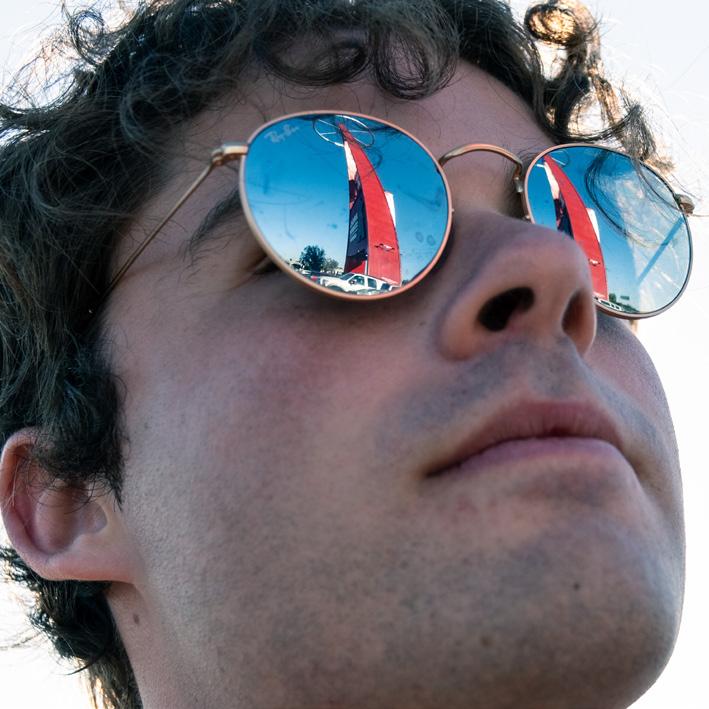
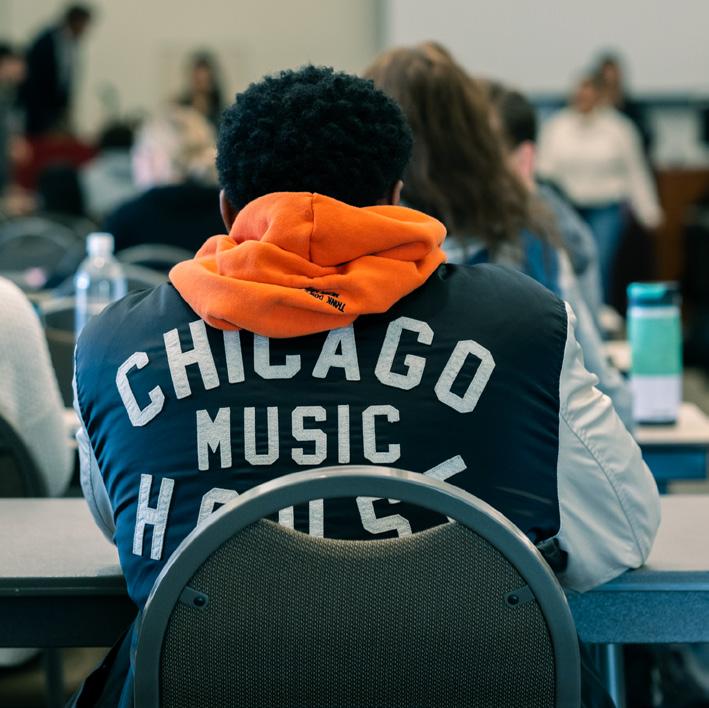
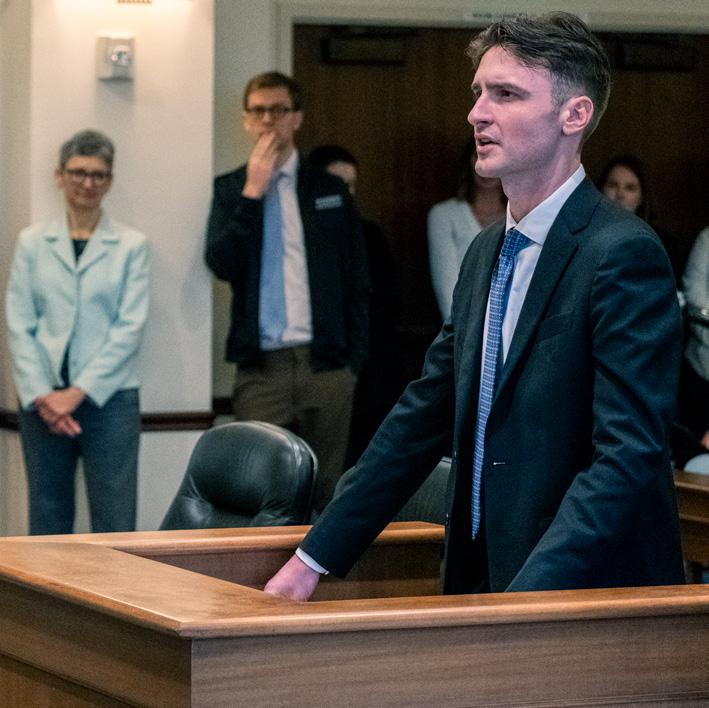
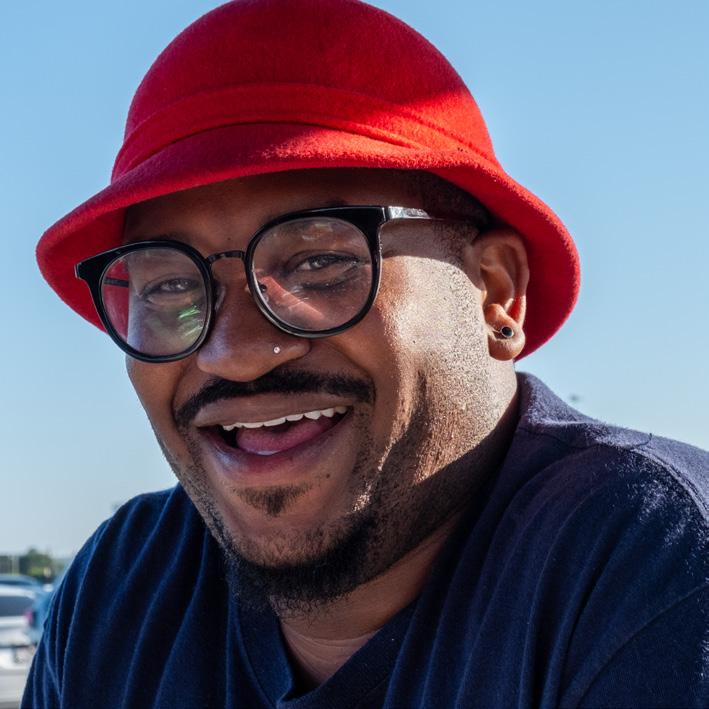
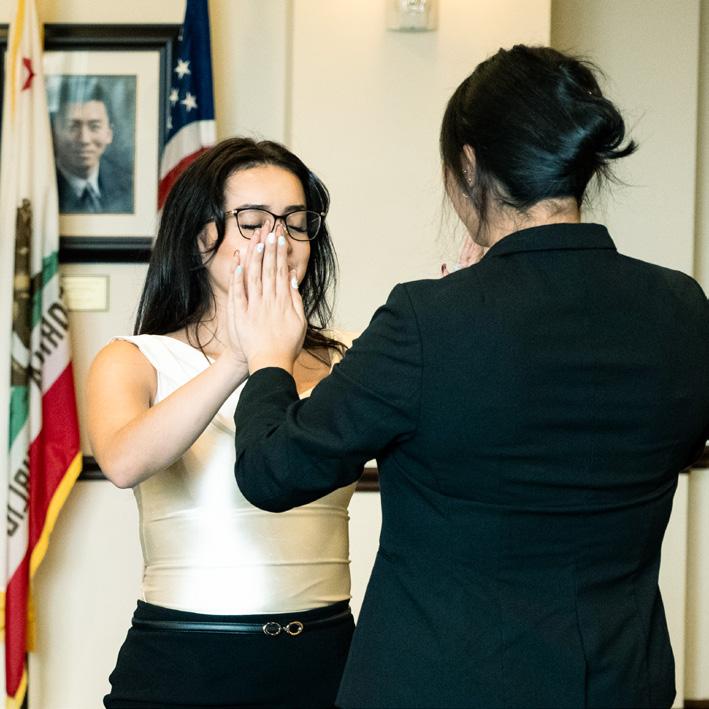
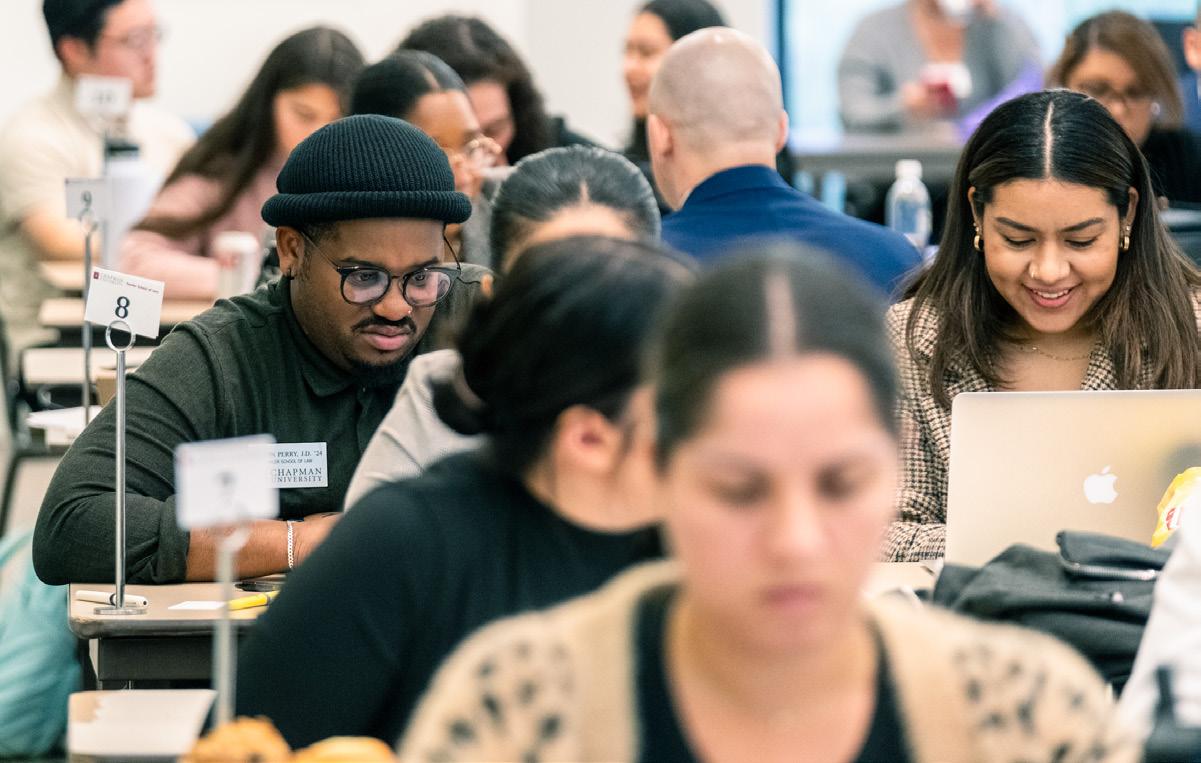

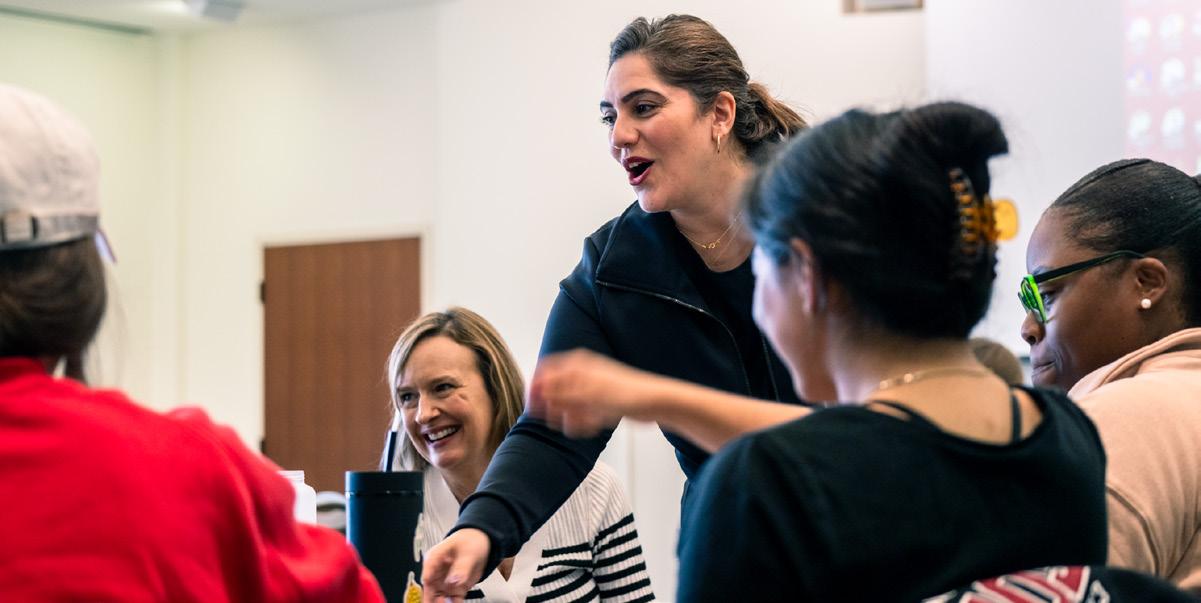
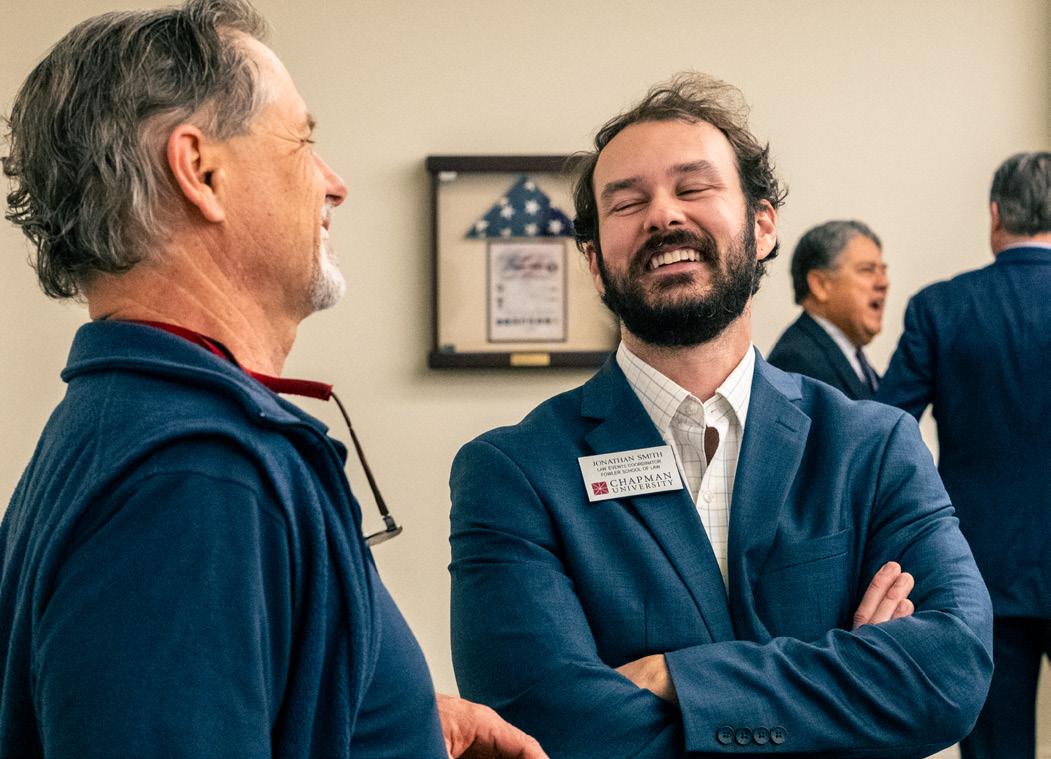
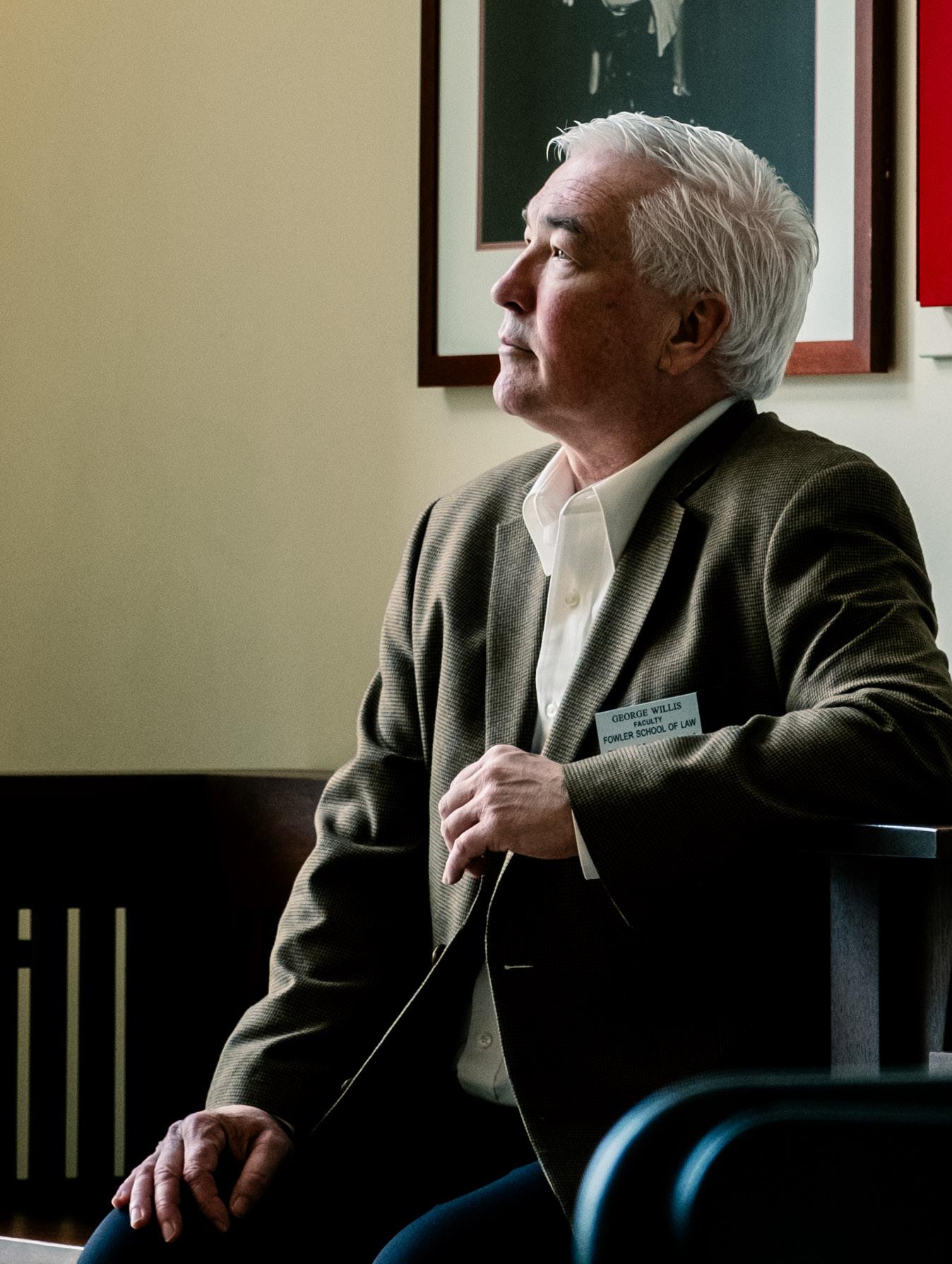
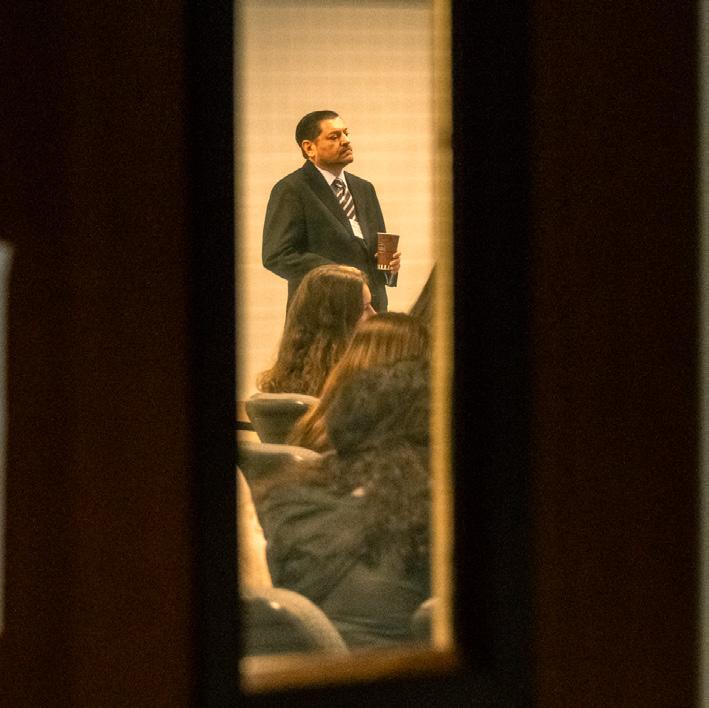
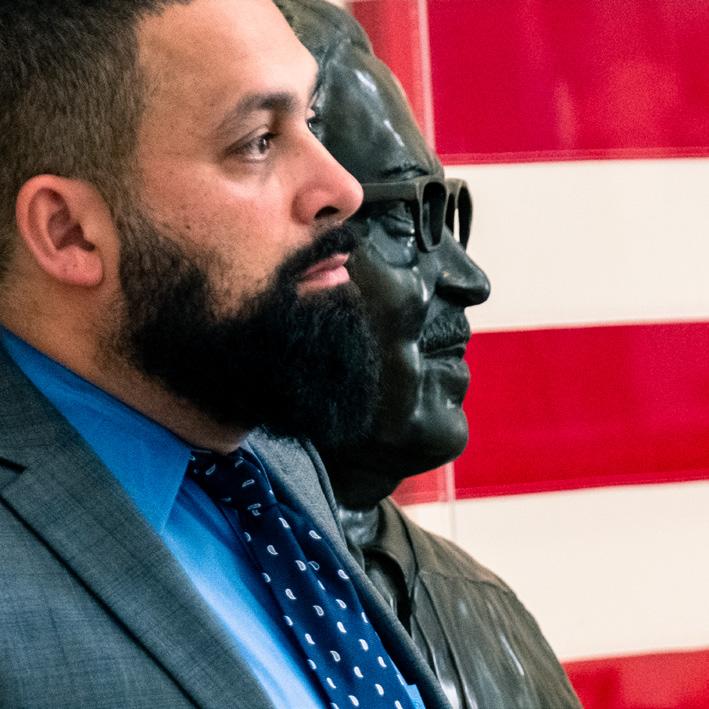
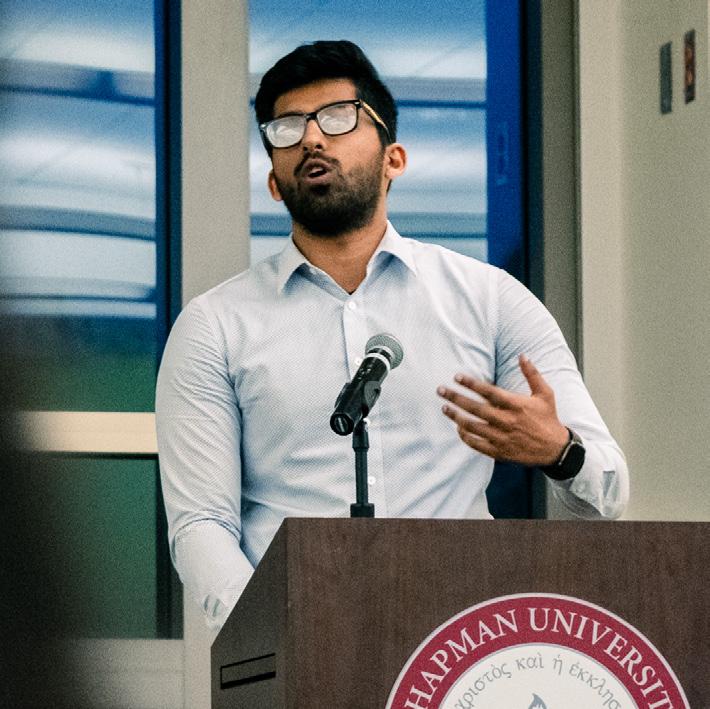
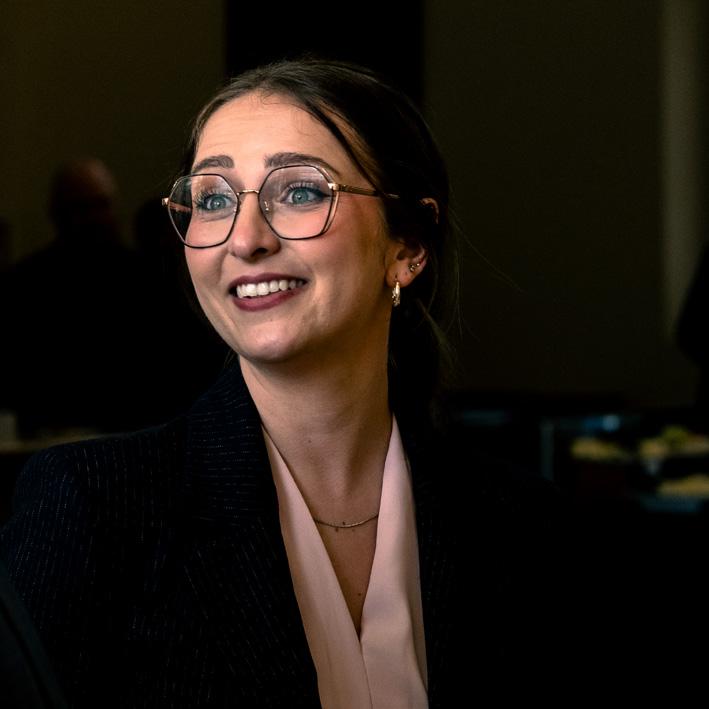
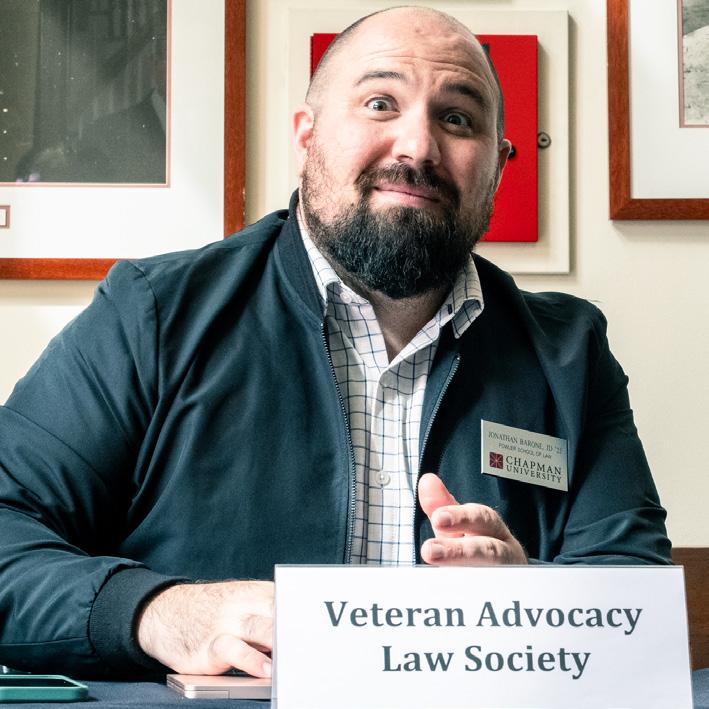
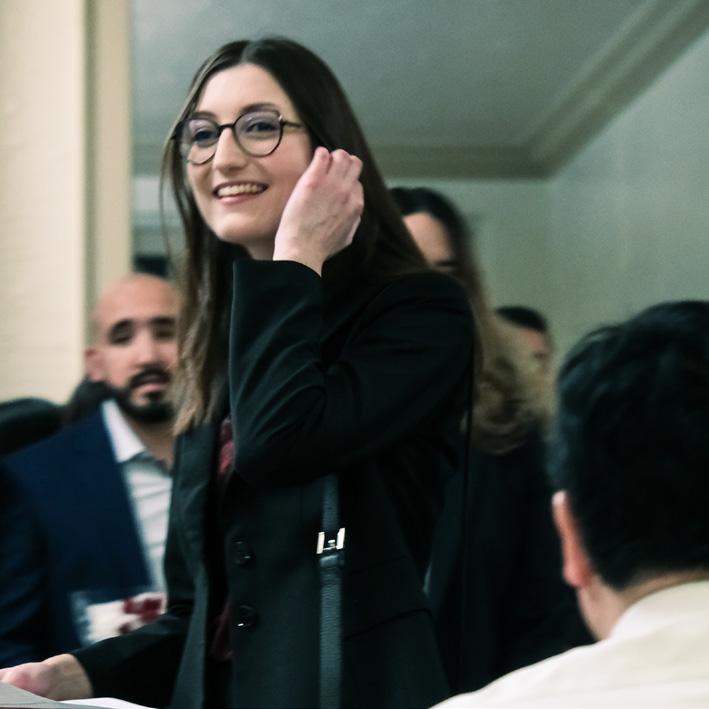
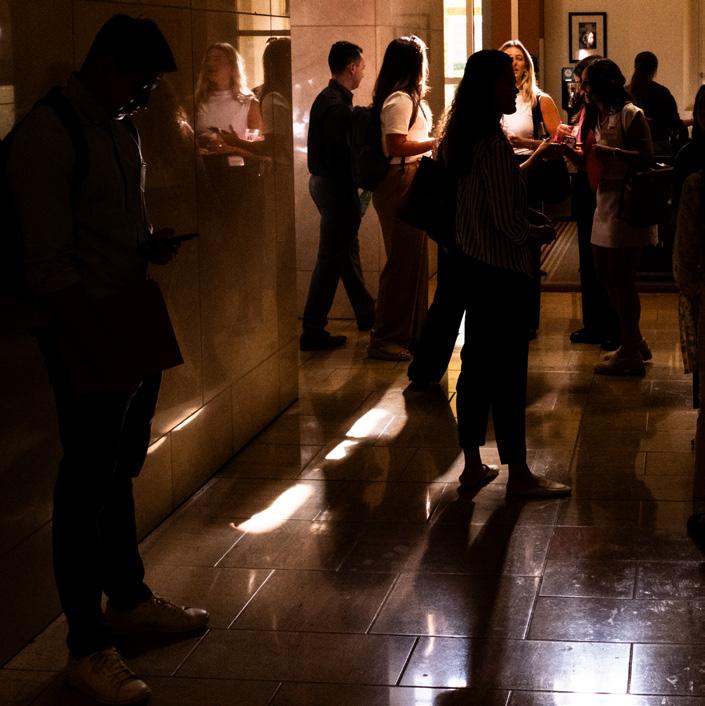
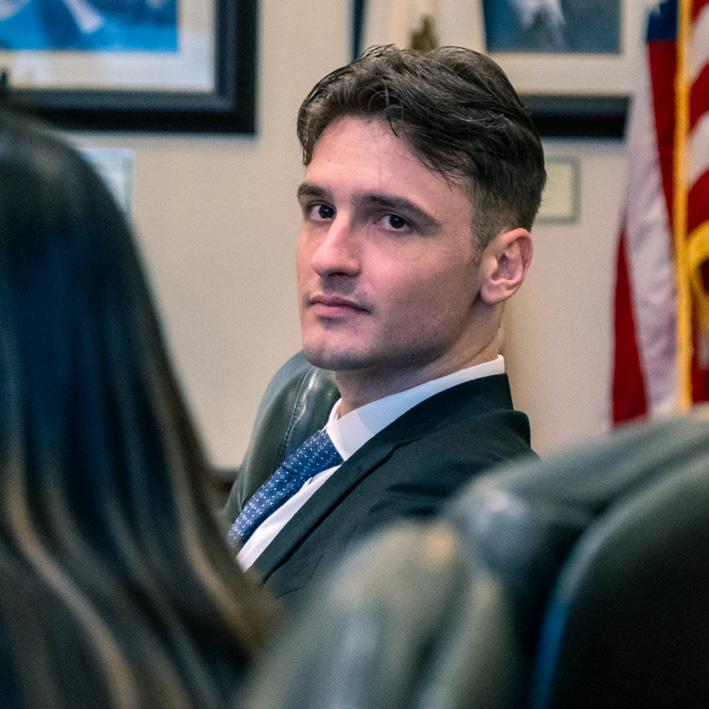

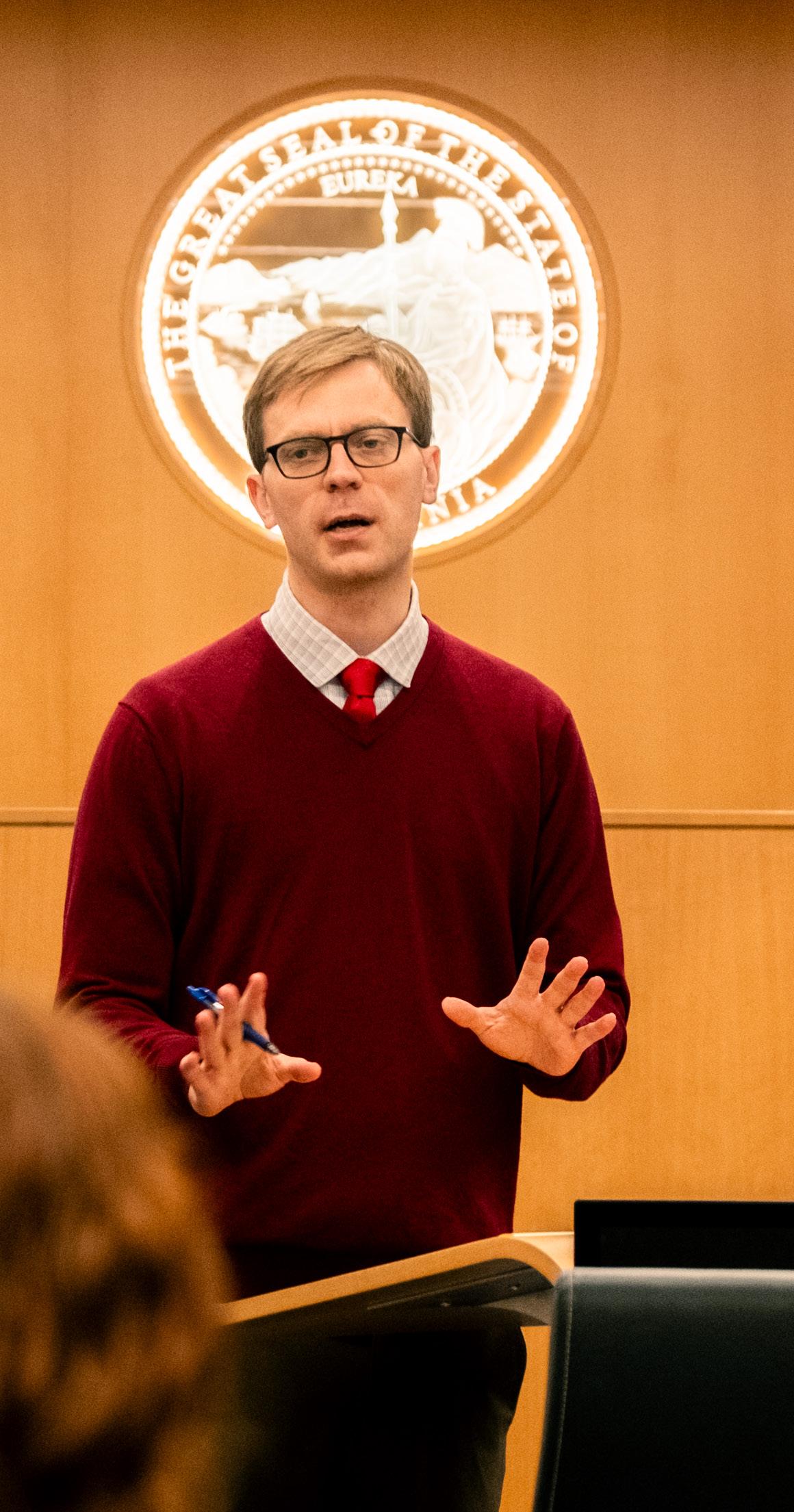
The Chapman Law Competitions Program is entering a new era of success. This year, our students brought home 11 trophies for oral or written advocacy, won three championships, and advanced to the final round or top five at nine regional or national competitions. At the National Appellate Advocacy Los Angeles regional competition, Chapman placed four speakers in the top ten (no other school had more than one) and two of our teams made the final rounds (no other school had more than one), allowing Chapman to advance to the National Finals in Philadelphia. We won an International Championship in Negotiation in Dubai, and we traveled more than 54,000 miles over the year to compete against the best schools in the country in Mock Trial, Moot Court, and Alternative Dispute Resolution.
The experiences Chapman students have in the program are unmatched: in 2024 alone, our students appeared before trial judges in Broward County, Florida; in the U.S. District Court in Seattle; and before panels of NFL and NBA general managers and agents in New Orleans. The focus, however, is not the outcome of these contests. Wherever we go or whomever we host, we work to proudly represent the Fowler School of Law with integrity so that people across the country associate Chapman with honesty, fairness, and success.
Ultimately, every competition is only the final chapter of a story written and rewritten during the semester by our hardworking competitors and coaches. As much as our state-of-the-art facilities showcase student talent, they are also the venue for endless hours of practice. Over the past year, we hosted more than 200 individual practice sessions–about 450 hours in total. Each practice involves students working with an individual professor or practicing attorney, breaking each element in each discipline down into its component parts and improving each aspect of their spoken or written performance. From fundamentals to the finer points of advocacy, our students are learning their way around a courtroom through individual feedback targeted to help them communicate, advocate and persuade effectively, no matter what area of law they choose to pursue.
The driving force behind our competition teams is unquestionably
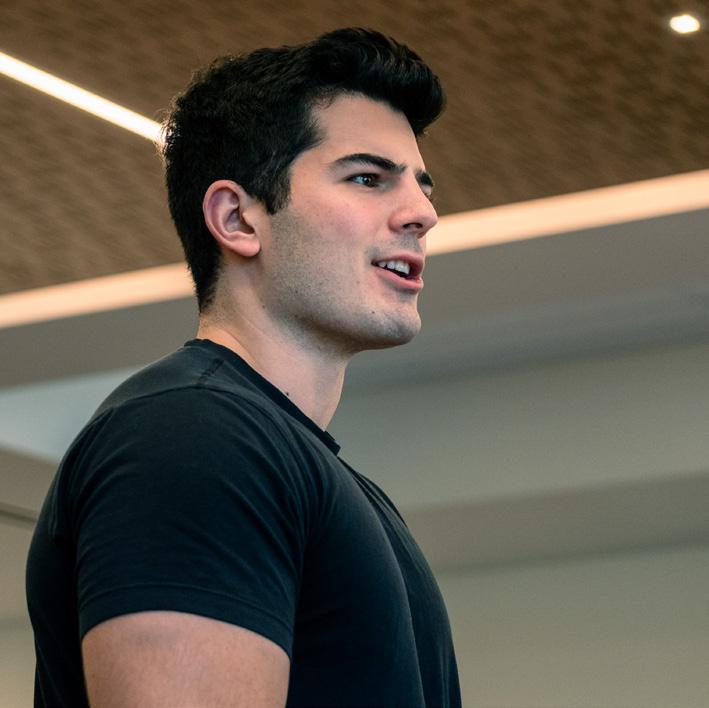

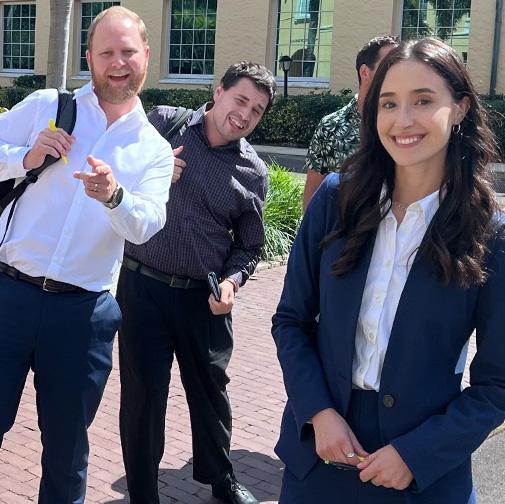
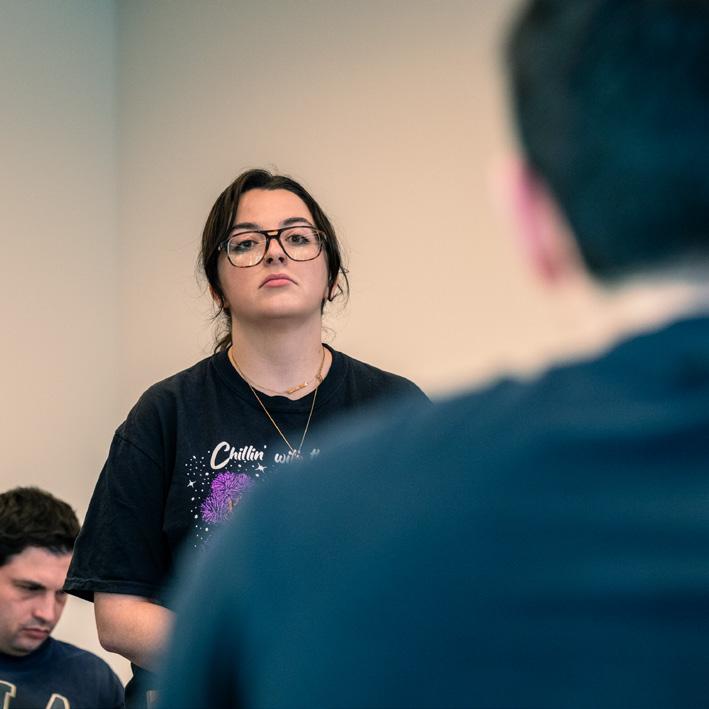
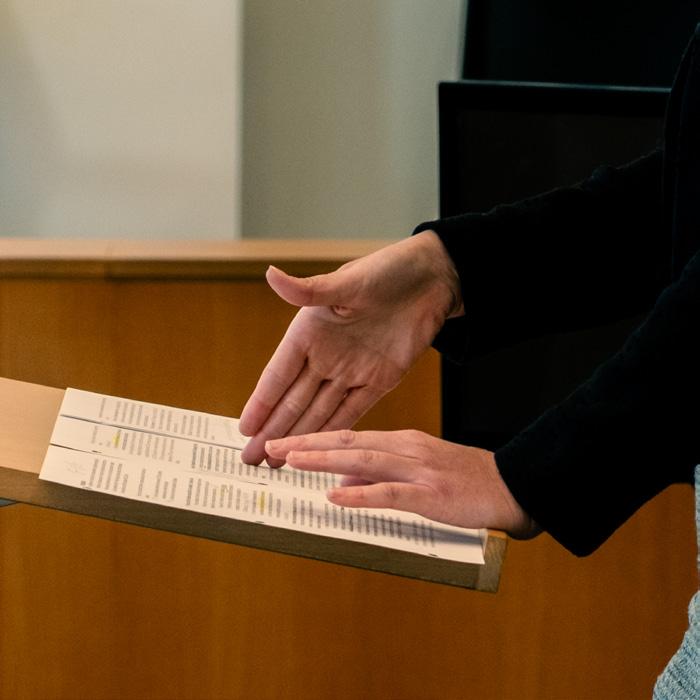
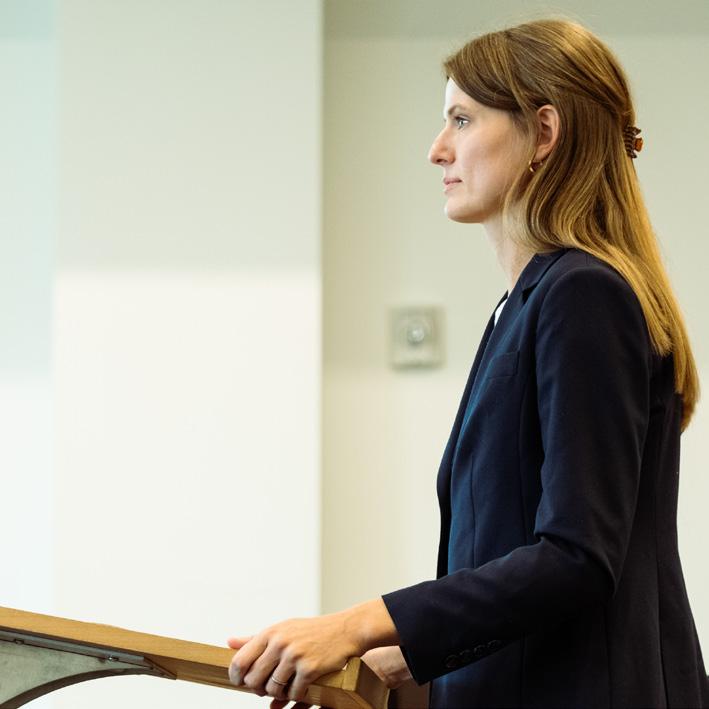

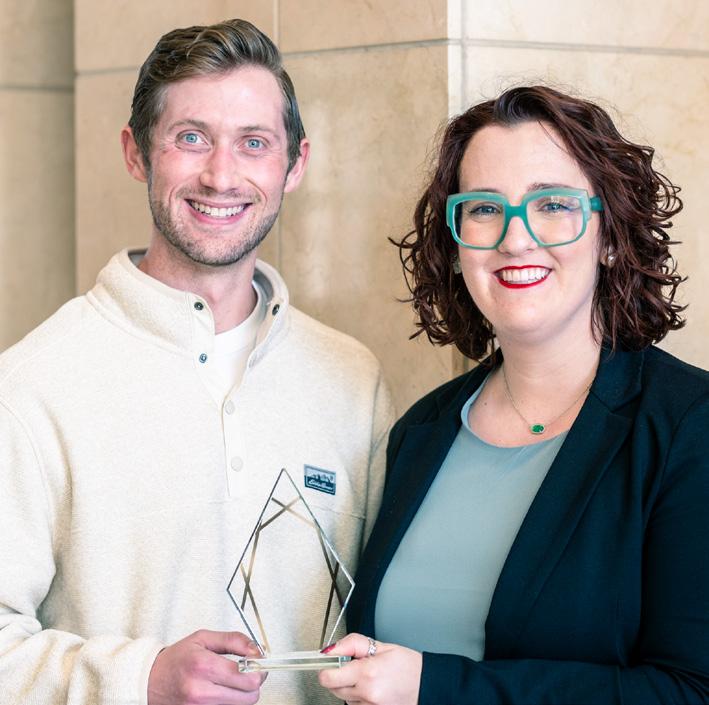
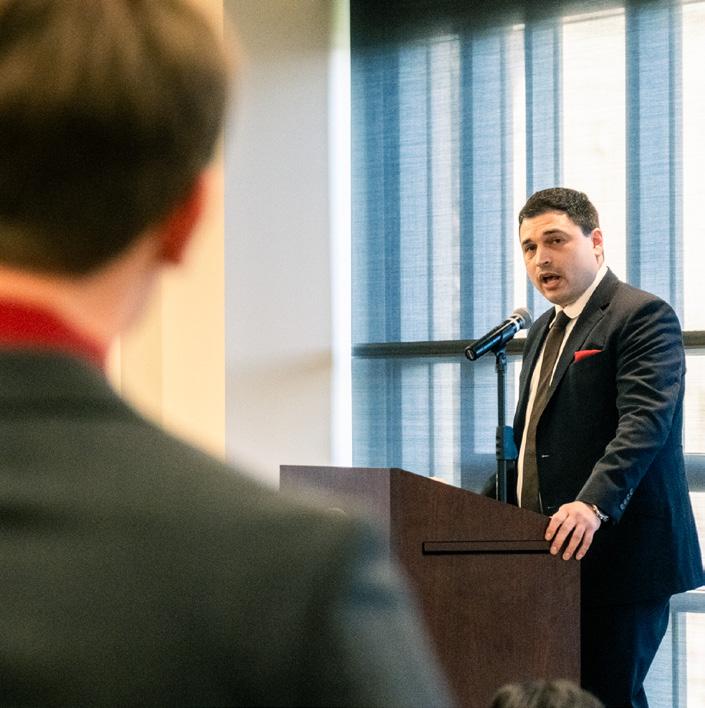
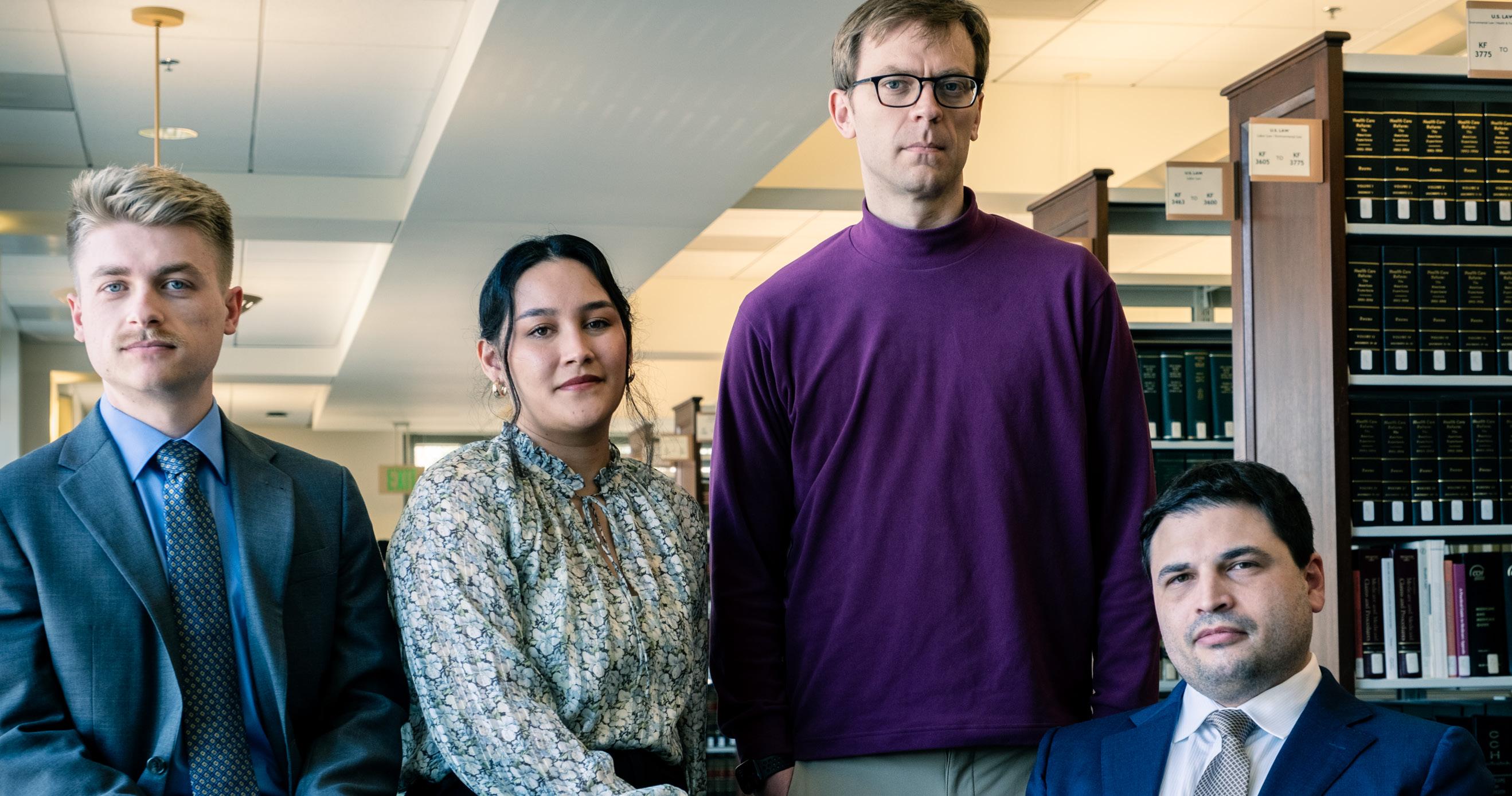
our extended Chapman Family. Students and alumni work together through their shared connection to the Fowler School of Law, and this connection is the lifeblood of the competitions program, a living example of the Chapman Family in action.
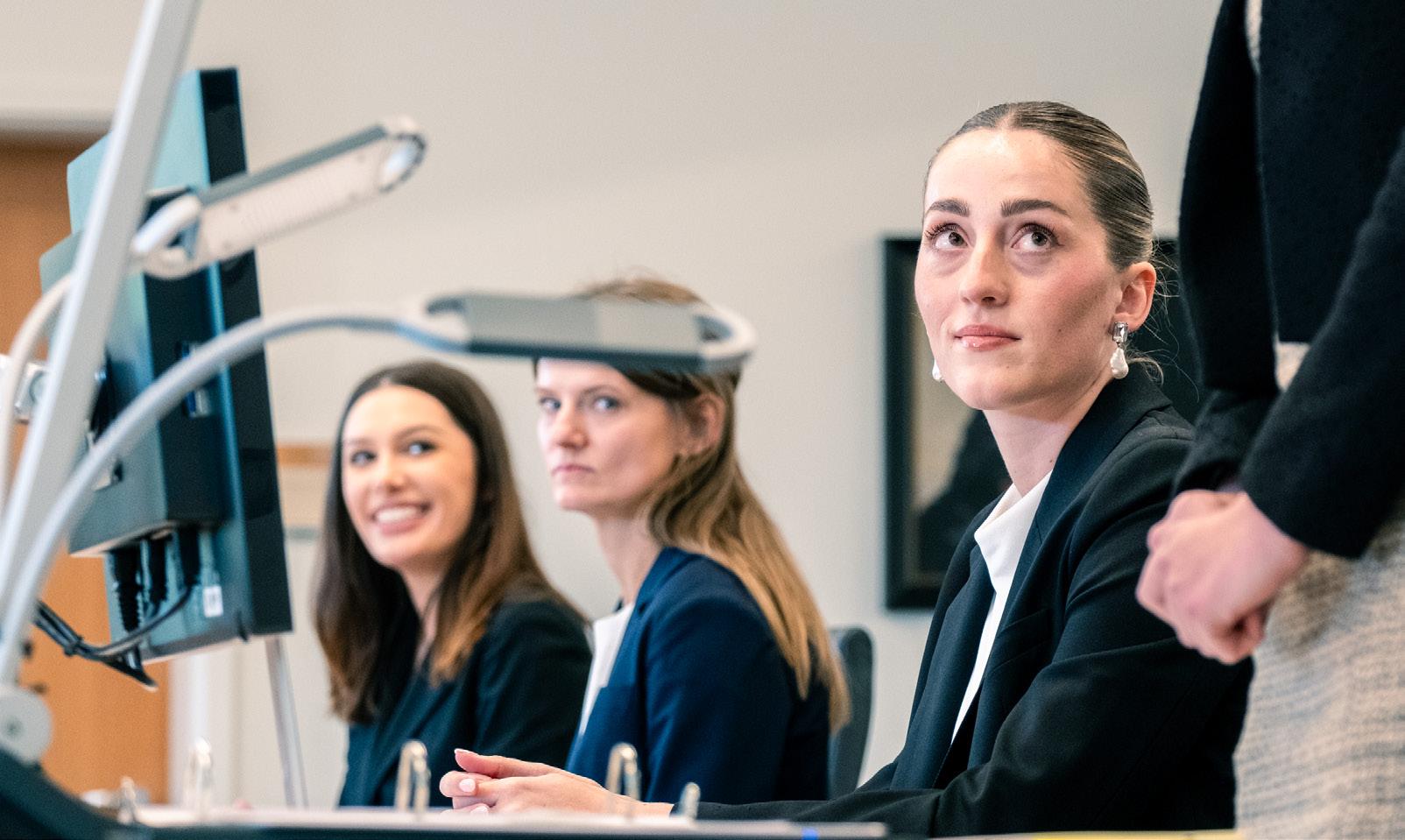
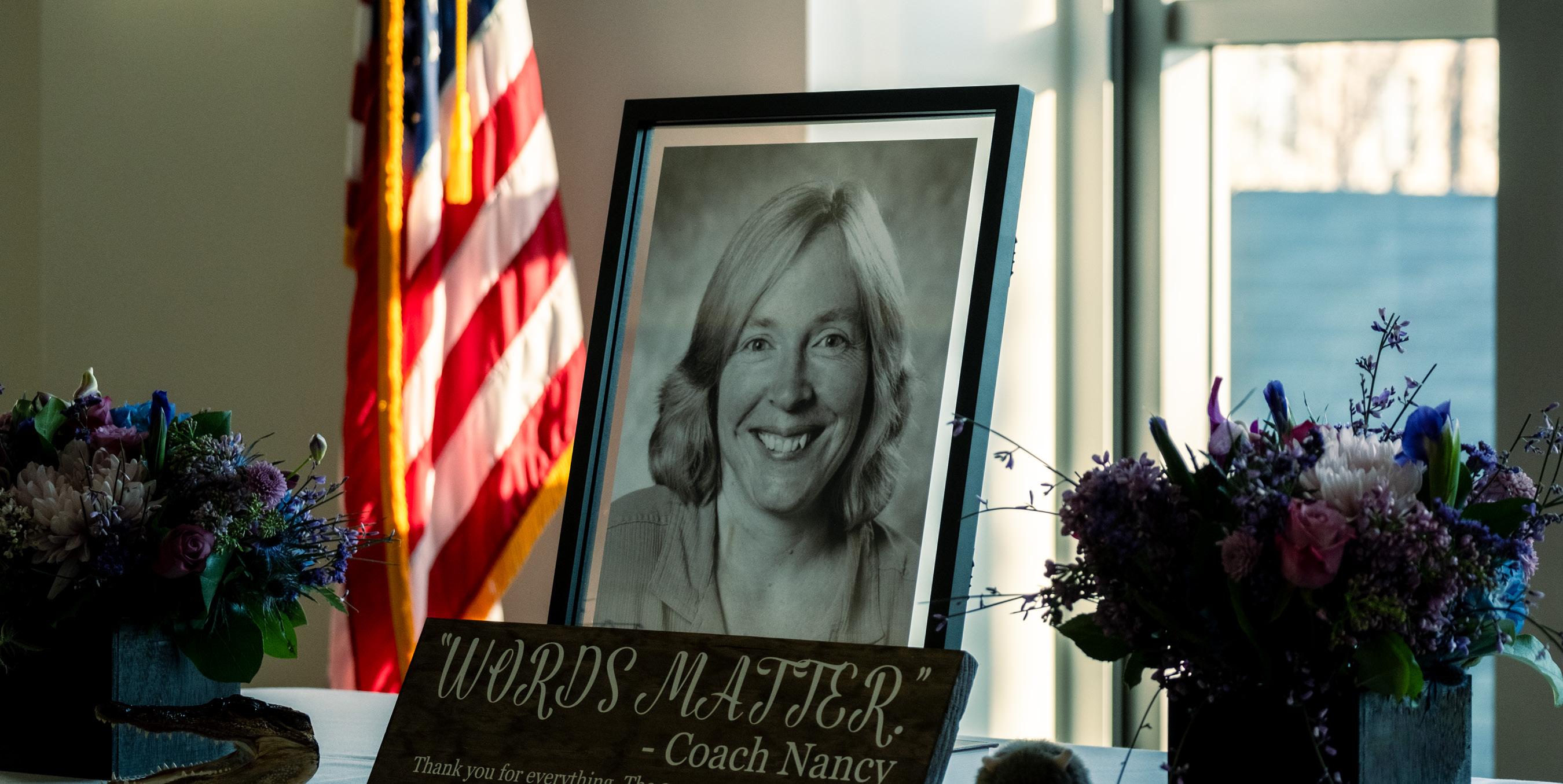
Over the past few years, I have spent hundreds of hours practicing, preparing and competing for the Fowler School of Law Competition Teams under the tutelage of Professor Nancy Schultz. I have competed in more than a dozen Moot Court, Mock Trial and Alternative Dispute Resolution competitions from San Diego to the United Arab Emirates. Along the way, we have made unforgettable memories and beaten competitors from nearly every law school in the country, all because of Nancy.
As special as these past few years have been for me, what strikes me most about Nancy’s legacy is that my experience is not unique. Nancy Schultz fostered generations of Chapman law students who share experiences just like mine. Over almost three decades Nancy trained hundreds of Chapman students, teaching them how to step out of the classroom and step up to a challenge. I will use the skills and techniques I learned from her for the rest of my life.
Nancy brought out the best in us through her unwavering honesty. She was equally unafraid to share her criticism and praise, whether or not I was prepared to hear it. She taught us that words matter and that sometimes, the things we do not say can have more impact than the things we do. Nancy taught us that being a good advocate is important, but being a good person is essential. Win or lose, Nancy always encouraged us to be the kind of competitor our opponents would want to get dinner with after the contest was over.
Reflecting on my time with Nancy, I am most grateful for the hard-won lessons she shared with me. From refining my technique to cultivating my character, Nancy’s mentorship has equipped me with skills that go beyond any courtroom, and I will forever be grateful for her unwavering support and guidance–whether I was ready to hear it or not.
Words do matter. Thank you, Nancy, for yours.

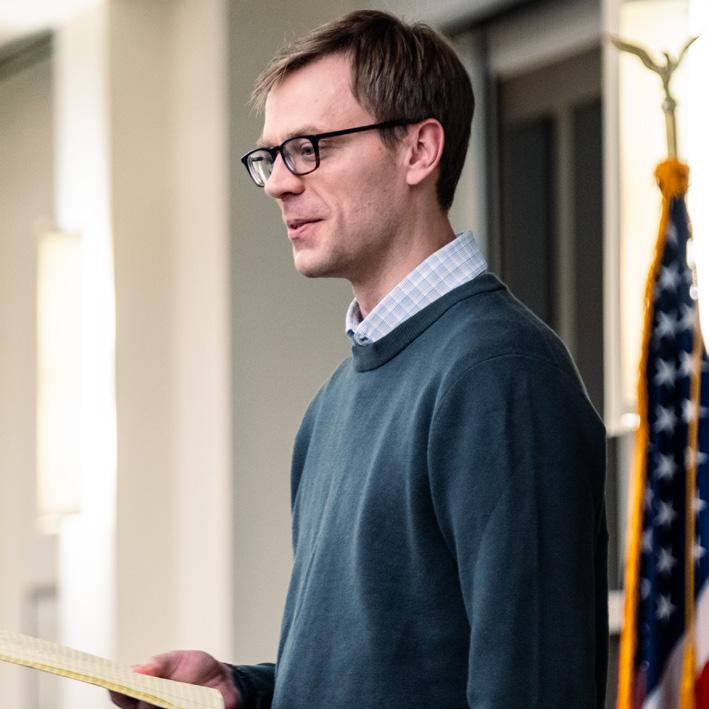
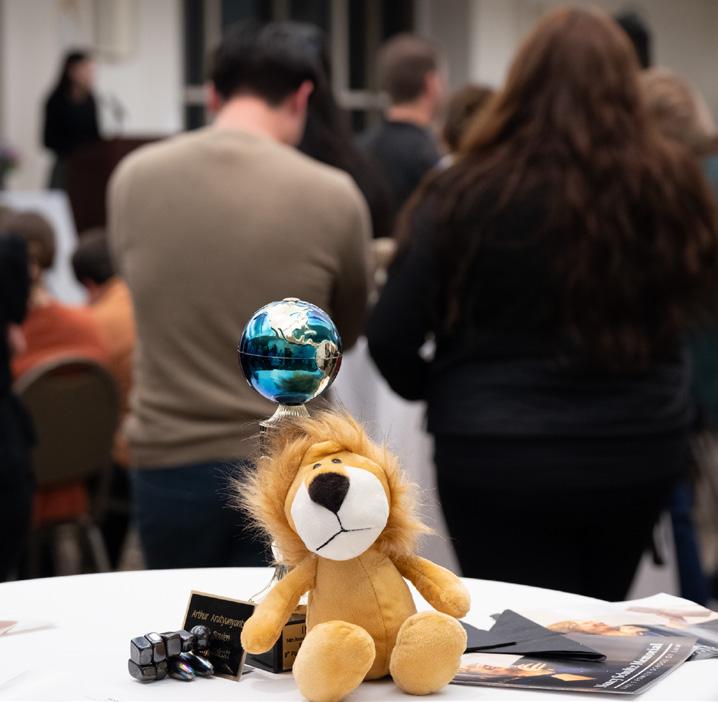
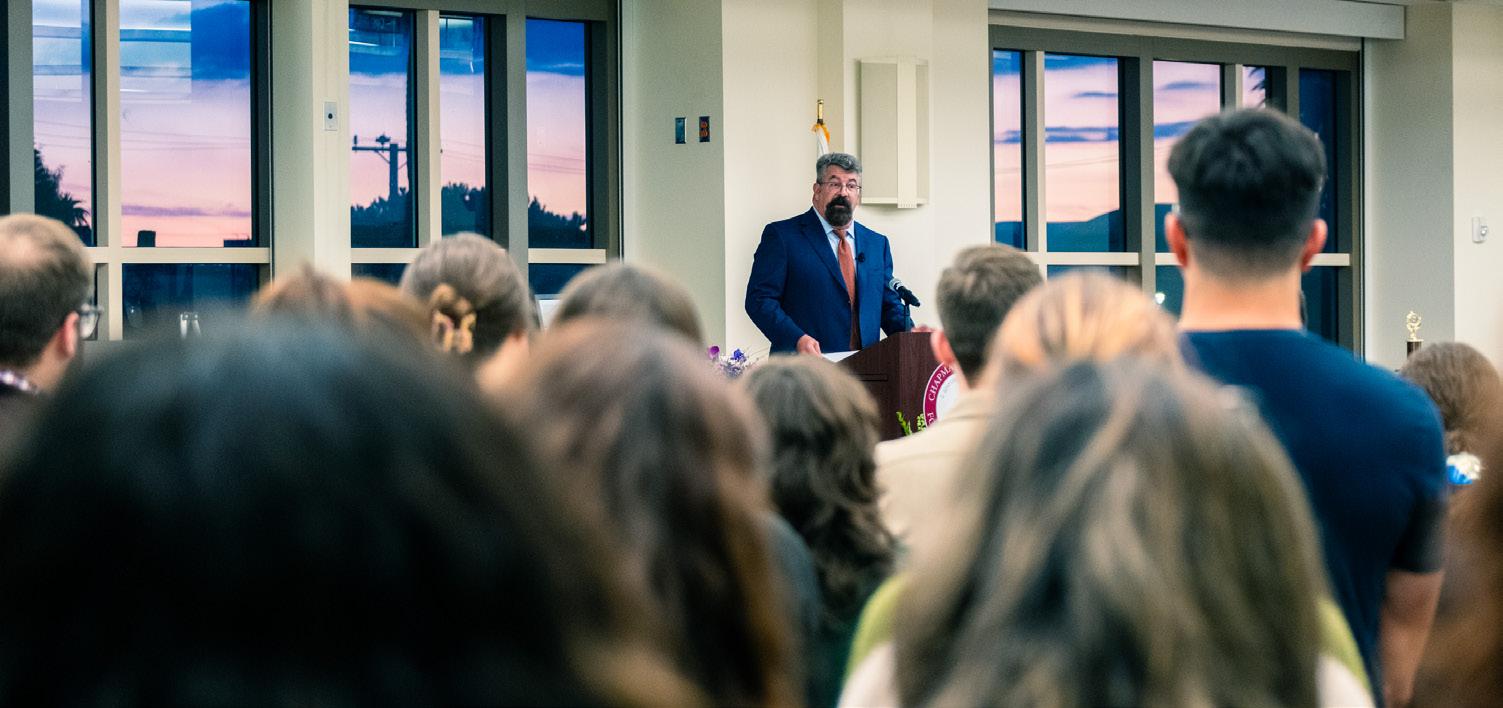
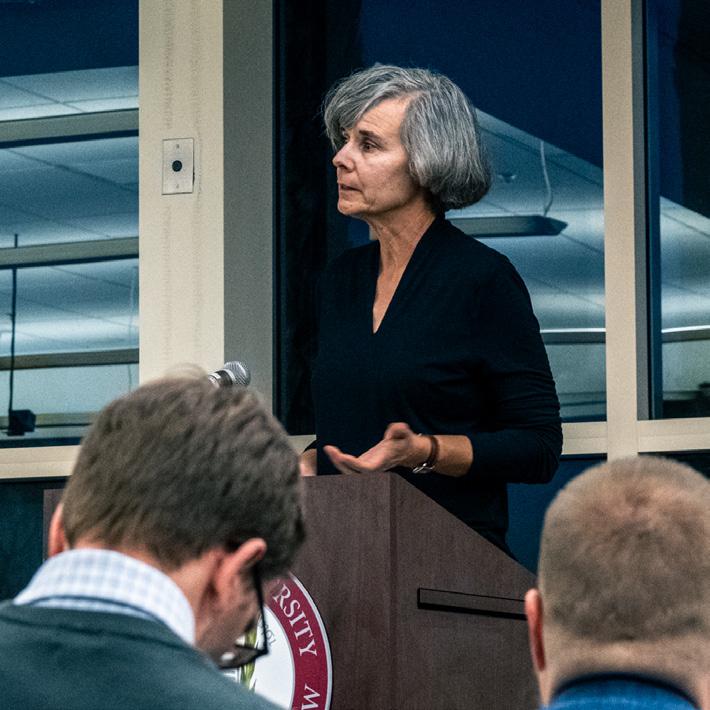


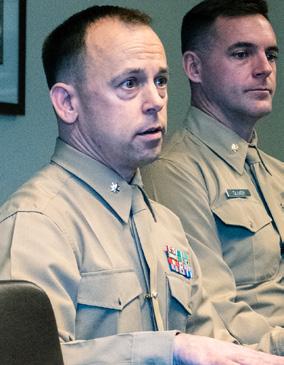
A cool January morning brought Lieutenant Colonel Alex Douvas (JD ’05) back to campus with a small entourage of Marine Corps recruiters to discuss his work as a Marine Corps “judge advocate” (military lawyer) with Fowler students interested in learning about what it might offer. It has been ten years since Douvas was last on campus, due to military moves that kept him away from his alma mater. He adds that the experience of being back at his law school is “a little surreal” from the vantage point of an established career in the military, “it’s fun to come back and watch a new generation of law students beginning their journey.”
By his own admission, LtCol Douvas was not an exemplary law student by any stretch of the imagination. “After eighteen years as a lawyer, I sometimes marvel that I even became a lawyer,” he jokes. A journalism major with a passion for language, and editor of his student newspaper, Douvas’ path to the law was somewhat circuitous and hardly an obvious choice. He struggled with law school initially – he jokes about how he “legendarily bombed” his first semester Civil Procedure final but adds that he wasn’t laughing about it at the time – and felt initially unprepared for what would be required of him as a lawyer. However, he largely attributes his eventual success to professors like Nancy Schultz and Hugh Hewitt, whose enthusiasm and encouragement helped to “keep me in the game” throughout law school, graduating from Chapman and ultimately passing the bar exam. Reflecting on one of his favorite professors, Douvas adds,
“Nancy [Schultz] was an excellent teacher, but more than that, she was a friend and mentor who opened my eyes to a bigger view of the world than what I came into law school with. But that’s exactly what great teachers do – they stretch your understanding of the world...”
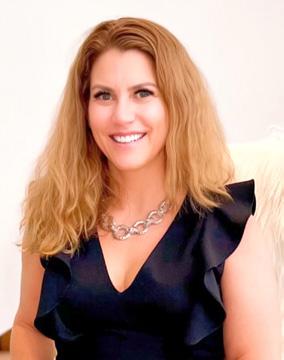
What draws one to work as a lawyer and an advocate in the difficult area of child abuse, sexual abuse, and their legislation? Amanda Simmons’ (JD ’21) answer is direct and about as unequivocal as it gets: “If not me, then who?” She offers, “I waited twenty-five years for someone else to clean up this mess. No one else did. So, here I am—I’m just not going to live in a world where children are mistreated like this.”
The “mess” Simmons is referring to is neatly encapsulated in ABA Resolution 605. It prescribes ABA support for the Stop Institutional Violence Act while recognizing the need for a coordinated local, state, and federal legislative effort to regulate what has come to be known as “The Troubled Teen Industry,” with the aim of protecting vulnerable children from abuse and neglect within institutional settings.
Anything but “typical” is a fair assessment of Amanda Simmons’ career trajectory after graduating from Chapman University’s Fowler School of Law... Her burgeoning list of accomplishments since graduation speaks for itself but, looking back, Simmons jokes about the lack of concern she felt in meetings with Career Services Assistant Dean Susie Park, who wisely and repeatedly suggested that she would need to choose an area of law to specialize and practice in, especially if she wanted to start her own firm.
Scan the QR code to continue reading at our blog
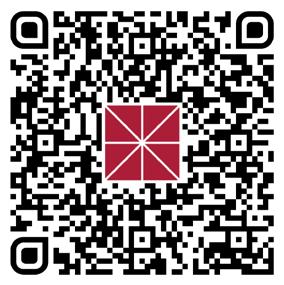
It was only after an investigative journalism article exposed institutional abuse at the school Simmons had attended, that she made the decision to speak publicly about her personal experiences there. By her 3L year, Simmons was working with experienced attorneys on institutional child abuse cases, learning the ropes of a niched and often poorly understood area of law that resonated with her on a deeply personal level...
Scan the QR code to continue reading at our blog
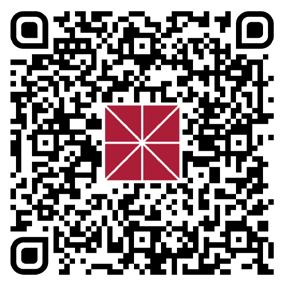
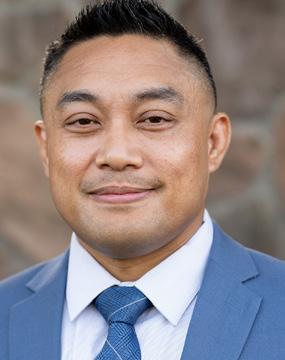
In a likely first for an alumnus of the Fowler School of Law, Bryan F. Clavecilla (JD ’07) was appointed to serve as a judge in the Orange County Superior Court by Governor Gavin Newsom on January 29, 2024, filling the vacancy left by Judge Linda Marks’ retirement. Previously Clavecilla served as a Commissioner for the Orange County Superior Court as well as a Senior Deputy District Attorney and Assistant Head of Court at the Orange County District Attorney’s Office Central Justice Center.
Clavecilla joined the District Attorney’s Office after graduating and carved out a career for himself prosecuting sexual assault and human trafficking cases, mitigating any antipathy for Commercial Sexual Exploitation of Children (CSEC) cases through his enduring affinity for the victim-centered approach, still in the early stages of development and adoption at the time, along with a strongly held personal drive to serve his community with fairness, civility and respect.
Clavecilla attributes some of his career success to the solid foundation he received from his teachers while at Chapman. In particular, professor and former interim-dean of Fowler School of Law, Scott Howe, who helped to nurture Clavecilla’s early dedication to criminal law. He credits the late Nancy Schultz with introducing him to a passionate brand of advocacy, dispute resolution, and the practicalities of presenting a case in a courtroom.
“Some of my lifelong best friends came out of the Chapman culture and student body,” Clavecilla adds, giving a nod to judicial peers and fellow Fowler alumni like the Honorable Gary Polk (JD ’08), another Fowler graduate recently appointed to the bench in Riverside County...”
Scan the QR code to continue reading at our blog
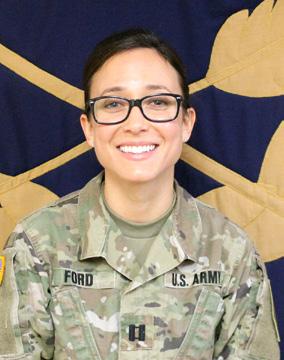
“Oh, there was never a Plan B,” alumni Mandi Ford (JD ’18) chuckles on a Zoom call from her Judge Advocate General Corps (JAG) office at Fort Riley, Kansas, “even before my bar results came in, I was packing for the Army.” In part, it was the intrigue and promise of adventure, as this native Idahoan hoped she “would never be in one place for too long.” In part, she had a solid hunch that a private sector law firm would not be the right fit for her, ultimately, she says, “I needed to do something meaningful, and nothing else seemed like it would be.” In the four short years since joining the Army’s JAG Corps Ford’s wish never to be stationed in one place for very long has been granted–and then some.
After her first taste of basic training at Fort Moore, Georgia, “to learn Army stuff,” for six weeks, she jetted off to Charlottesville, Virginia, to attend the Judge Advocate General’s Legal Center and School for a crash course in military compliance and the law. She then she packed up again for her first duty assignment in Lake of the Ozarks, Missouri. Next, she was off to a base in Poland to advise more senior leaders on the laws of international armed conflict, not to mention the daily active duty drills and constantly keeping one watchful eye on the escalating war in Ukraine. Finally, flying back stateside to where she is currently based, Fort Riley, Kansas, where the enlisted members of The Fighting First draw on Captain Ford’s extensive legal expertise in all matters military.
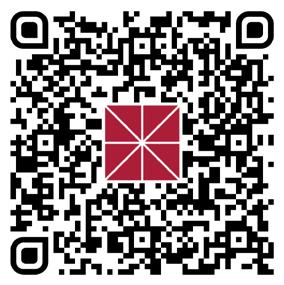
Ford is candid about her duties with the Army JAG Corps, where a typical day can involve anything from helping soldiers with landlord-tenant issues to drafting wills to drafting divorce documents and interpreting court papers. Ford gives a resigned shrug on this last point, “Soldiers can sometimes get married too young,” she nods solemnly...
Scan the QR code to continue reading at our blog
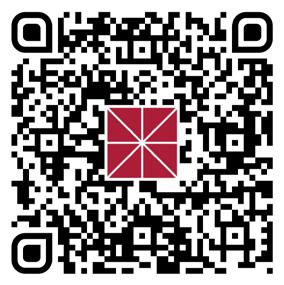
For many, starting law school is frightening. Challenging assignments, professor cold calls, and competitive students give rise to its characterization as an intimidating setting. While I shared those feelings, what scared me most at the outset was this notion of uncertainty—which I learned, ironically, is a staple of law practice. Before law school, I had spent five years working at a multinational organization and was about to embark on a completely different career path. I asked myself, “What if this doesn’t work out?” I took the leap anyway, and looking back on my decision to attend law school at Chapman three years later, I realize that it turned out to be one of the best decisions of my life.

Now, on the verge of graduation, I am reminded of the words of the late Kobe Bryant, “It’s not [about] the destination. It’s the journey.” And what a journey it has been—for all of us—despite each of us starting from different places and backgrounds. We have read thousands of pages, spent hours researching and writing legal memorandums and briefs, and outlined subjects for exams until we know them like the back of our hands. It is no secret that law school is difficult, but if you embark on this journey with people you love to be around and work with, it can be pretty fun, too.
Chapman is a special place because it continuously provided me with a sense of community and belonging, even if, as a first-generation law student, I was unsure whether I belonged. I am incredibly grateful to the professors who took me under their wing and mentored me, the lifelong friends I have found here, and the times we came together as a family to celebrate one another. We are no longer those people who first stepped on this campus as 1Ls. Some of us married and grew our families, others discovered
they wanted to pursue litigation instead of transactional law, and we all found a new way of thinking, speaking and writing. We no longer see the world the way we once did. Railroad crossings, warning signs, and coffee cups now carry a whole new meaning for us. Our time here was colored by loss, too. Some loved ones, like Professor Nancy Schultz, are sadly no longer with us. I am thankful for the memories Chapman has given me which I will forever cherish. From taking the reins of our law review journal and hosting a sold-out symposium, to sand duning across the desert in Dubai on our way to an international negotiation contest victory. While these experiences may be special to me, they are certainly not unique at the Fowler School of Law. Here, through the plethora of practical learning opportunities offered, we have learned to master the “grey areas” and uncertainty of the law that we hoped to avoid at the beginning.
They say it takes a villiage and I am grateful to the village that supported me, not only here at Chapman but also my family (especially you, mom). From the successes and milestones of this past academic year, it is easy to see that something very special is brewing here at Chapman. I am especially honored to have been a part of it and while I am inclined to say that our job is finished—like myself and my fellow graduates heading into bar prep—it feels like Chapman Law is just getting started.
DARIAN NOURIAN Class of 2024
Editor-in-Chief, Chapman Law Review
After graduation Darian will be clerking for Hon. David L. Horan, US District Court for the Northern District of Texas
Chapman University
Dale E. Fowler School of Law
Donald P. Kennedy Hall
One University Drive Orange, CA 92866
Spring 2024
Printed in Orange, CA May 7, 2024
Cover Photo: Fowler School of Law student Andrea Aldama, for the cover of the Chapman Entertainment and Sports Law Symposium program.
This photo: Fowler School of Law student Cara Vincent Williams presents her argument to a judging panel composed of Chapman Law alumni during competition.
Special thanks to:
Tom Bell, Lan Cao, Nahal Kazemi, John Hall, Ernesto Hernández-López, Deepa Badrinarayana, Scott Howe, John Bishop, Mario Mainero, Paul Paton, Justin Cruz, Nichole Dudley, Mattea Rossi-Schaeffer, Olivia Lam, Susie Park, Kristen Spada O’Brien, Stella Lim, Anita Twitchell, Camille Heenan, Kimberly Rasmussen, Jonathan Smith, Darian Nourian, Tyler Makin, Andrea Aldama, Adam Hemingway, Karan Sirna, Sukbae Kim, Gaby Sutic, and Greg Irwin.
Principal photography, book design and layout: Deane Sutic.

GENERAL CONTACT
Chapman University
Dale E. Fowler School of Law
Donald P. Kennedy Hall
One University Drive Orange, CA 92866
Chapman.edu/law
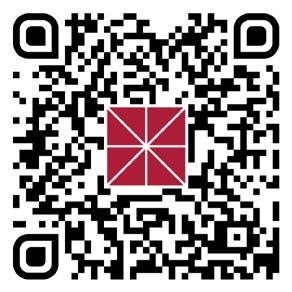
SUPPORT THE FOWLER SCHOOL OF LAW
Scan the code to visit our advancement webpage:
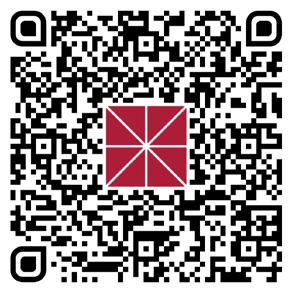
OFFICE OF ADMISSION
Donald P. Kennedy Hall 1st Floor
Chapman University One University Drive Orange, CA 92866 (714) 628-2594
lawadmission@chapman.edu
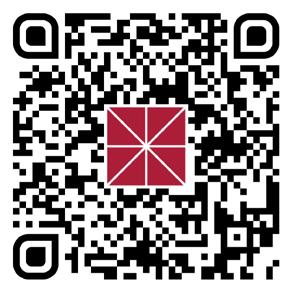
CAREER SERVICES OFFICE
Donald P. Kennedy Hall 3rd Floor, Center for Student Engagement
Chapman University
One University Drive Orange, CA 92866 (714) 628-2533
lawcareerservices@chapman.edu

